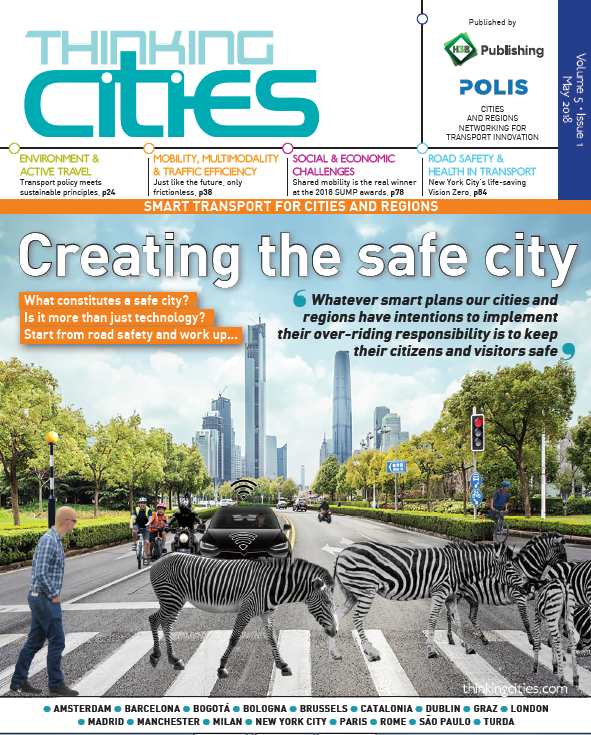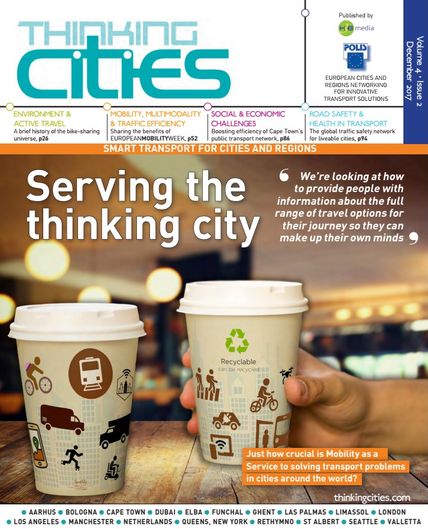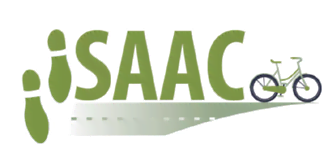Walking & Cycling
Walking is the only universal mode: everyone walks, regardless of their age, gender, and social status. Walking is also the absolute oldest way to travel from one place to another. It has been the first mode of transport for most of the history of mankind, up until the first half of the nineteenth century. Today, urged by the need to respond to the environmental and health threat related with excessive reliance on car use, local and regional authorities are slowly starting to re-address this forgotten transport mode by returning larger shares of public space to pedestrians and making walking in urban areas more comfortable and safer.
Similarly, cycling is associated with significant benefits in terms of health, decrease in local air pollution, reduction of the transport contribution to climate change and the contribution to a safer urban environment. By investing on cycling infrastructure and by promoting the bicycle as a sustainable, healthy and reliable mode of transport, local and regional authorities play an important role in increasing the cycling modal share.
POLIS supports the exchange on how best to achieve a higher modal share of walking and cycling while offering the highest levels of safety and maintaining a balance with other modes of transport. This is achieved thanks to the Working Group on Active Travel & Health.
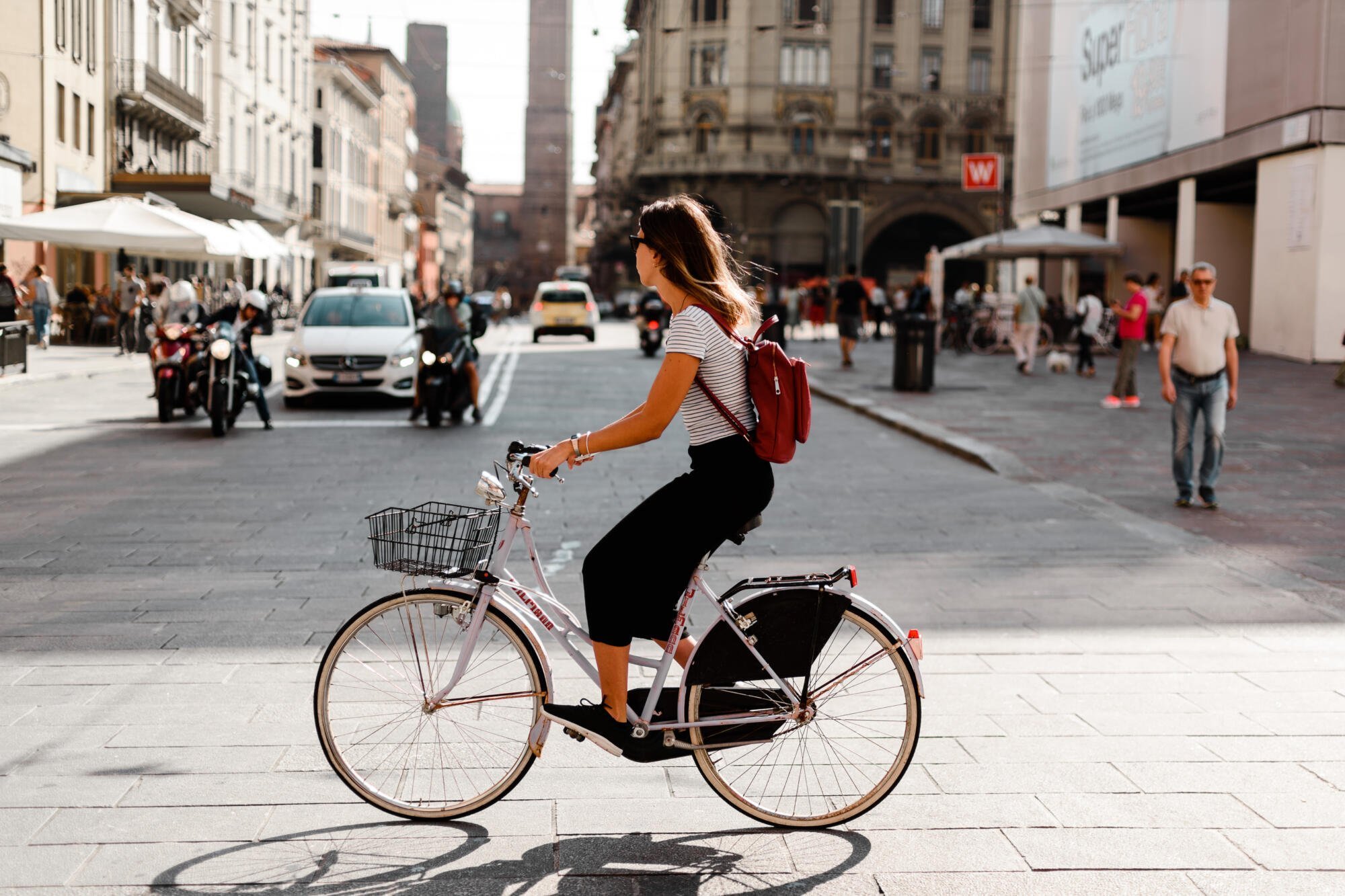
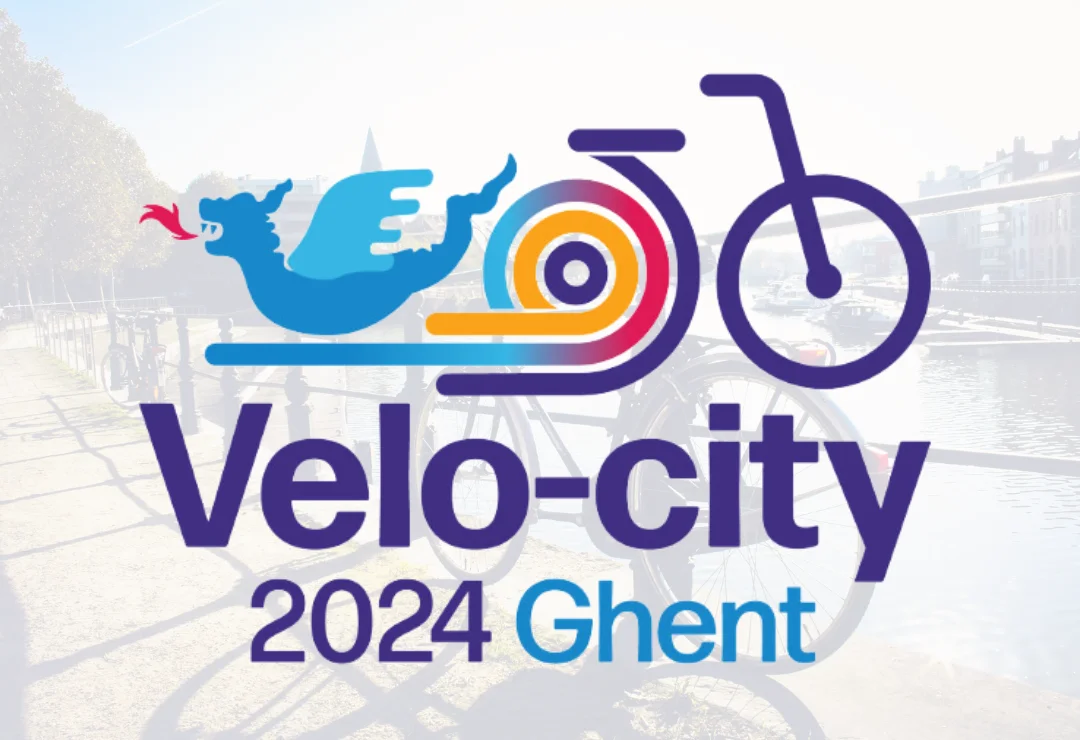
Velo-city 2024: Ghent set to host world’s largest cycling conference
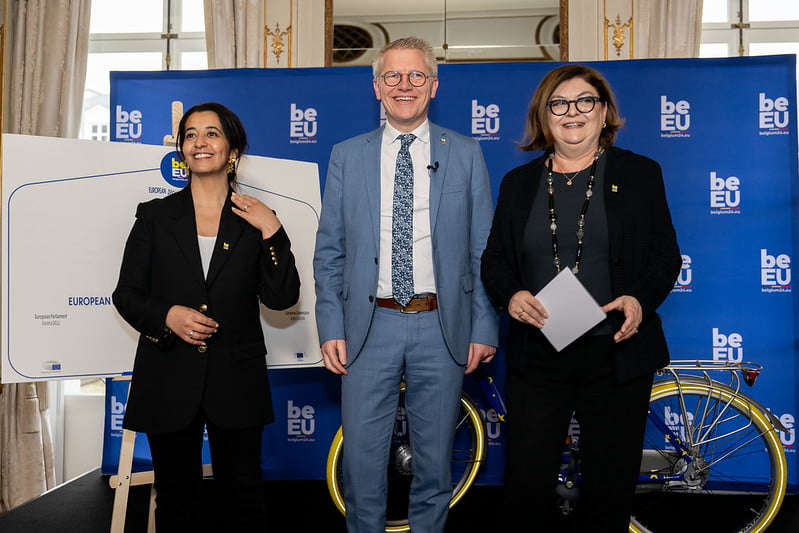
Europe pedals forward! EU adopts the European Declaration on Cycling
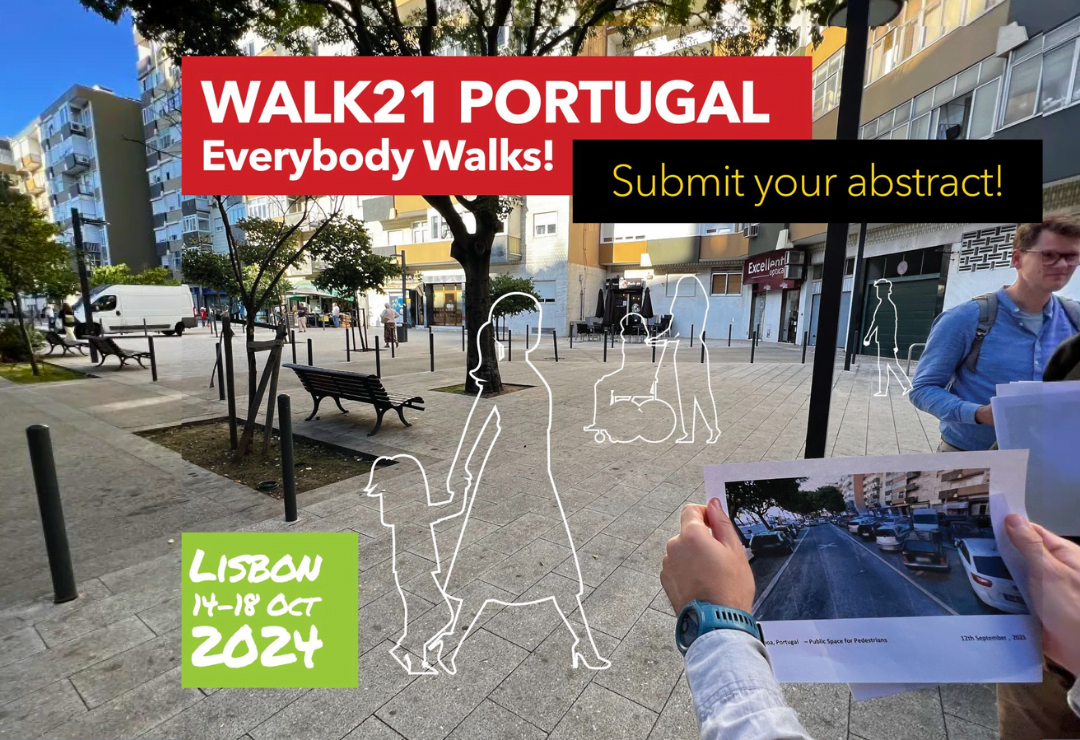
Submit your abstract for the 2024 Walk21 Conference!
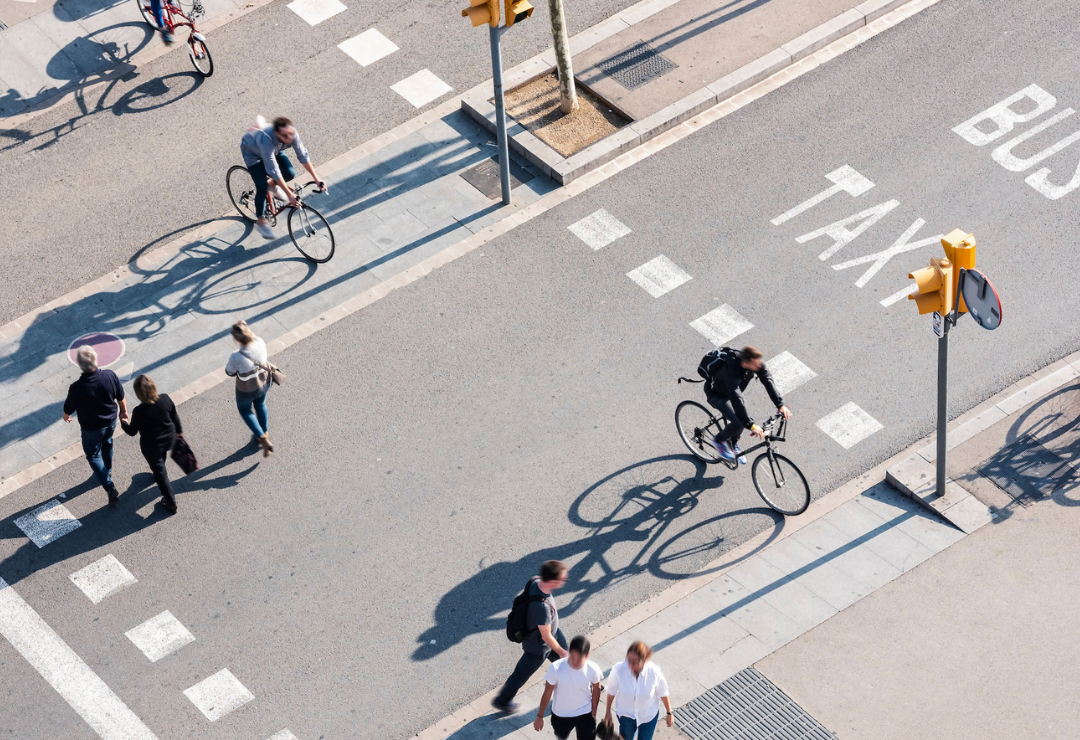
Exploring the 15-minute city from concept to practice: POLIS and ACUTE dive in
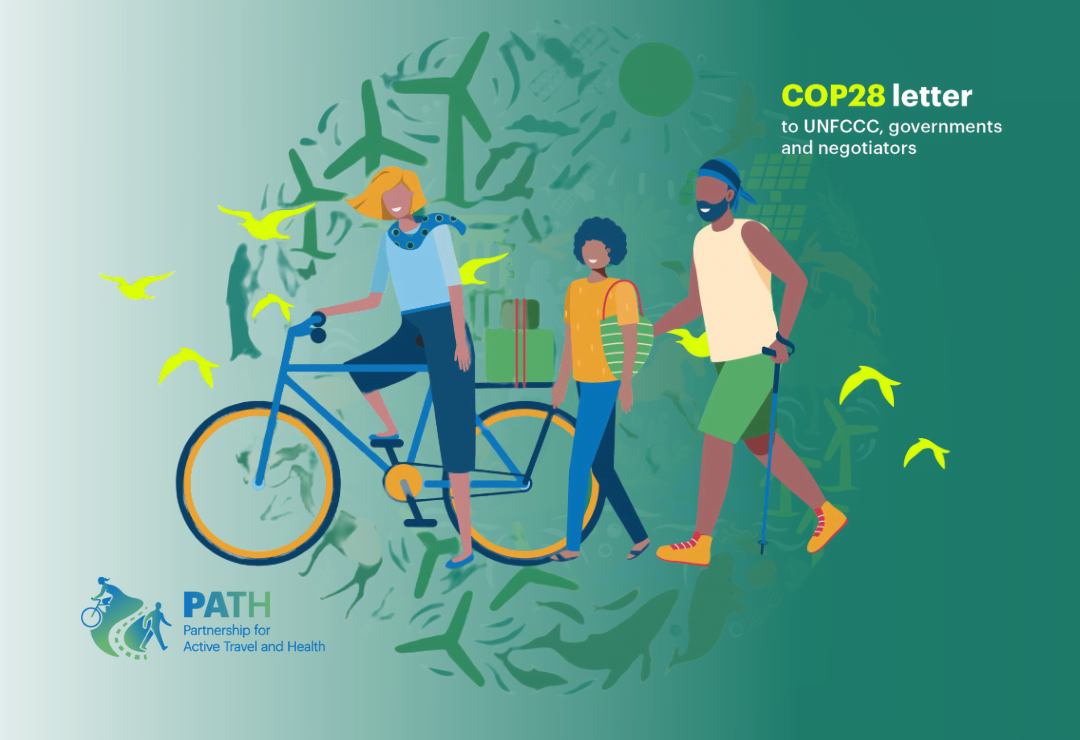
POLIS joins as a cosignatory of PATH COP28 Open Letter advocating for active travel investment in climate goals

Imec releases white paper on bike data spaces
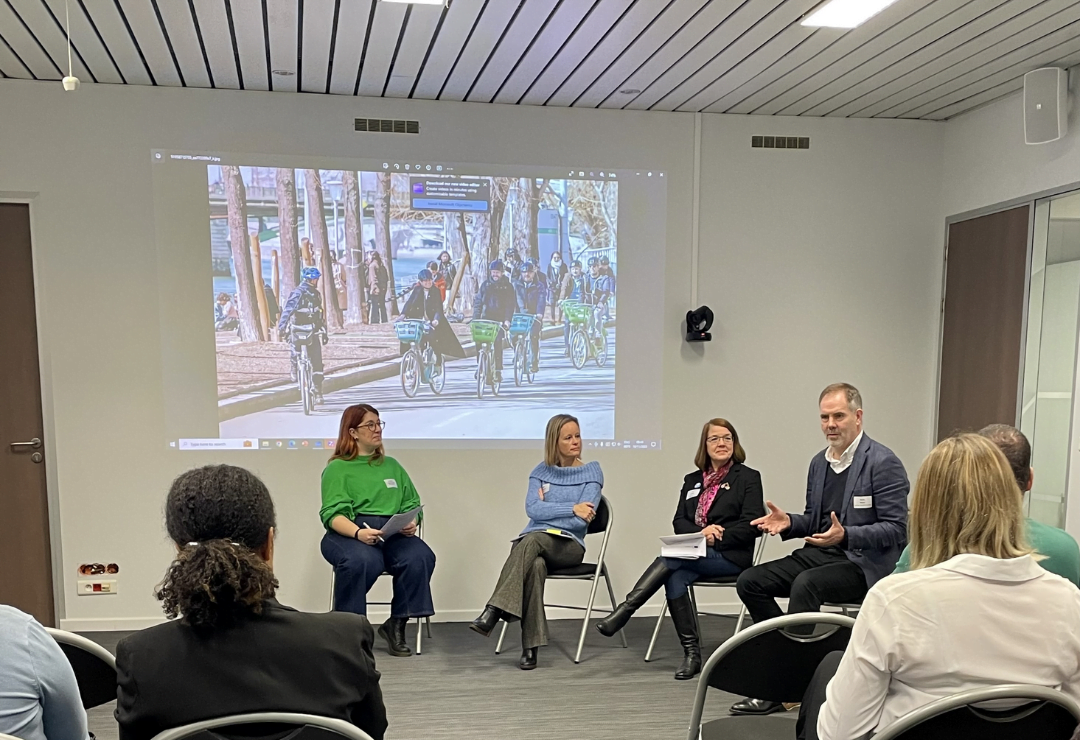
After the Cycling Declaration? POLIS, CIE and ECF talk tough!
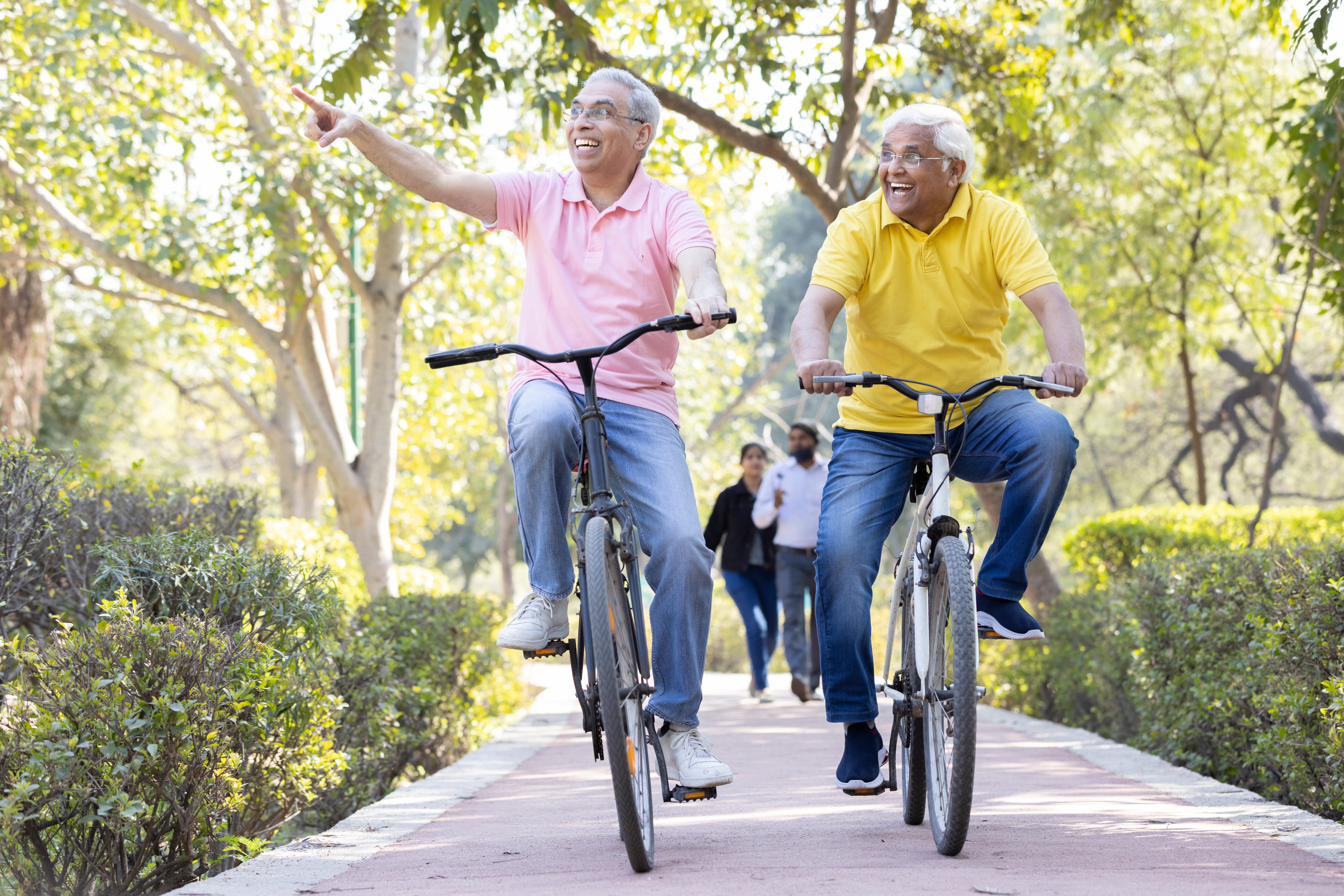
Pedal power takes centre stage: EU Cycling Declaration unveiled at Urban Mobility Days
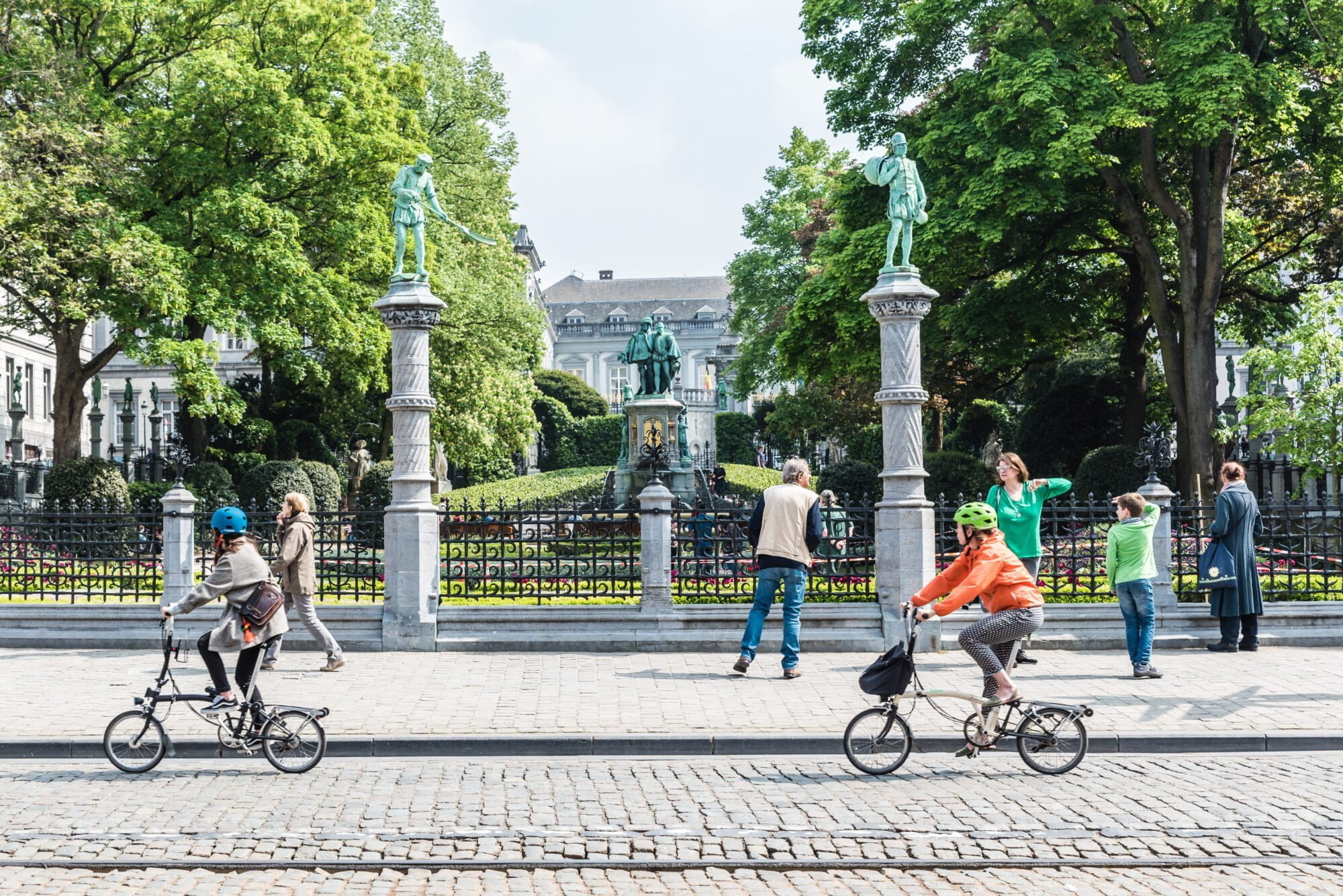
POLIS pens letter to EC for an effective European Cycling Declaration
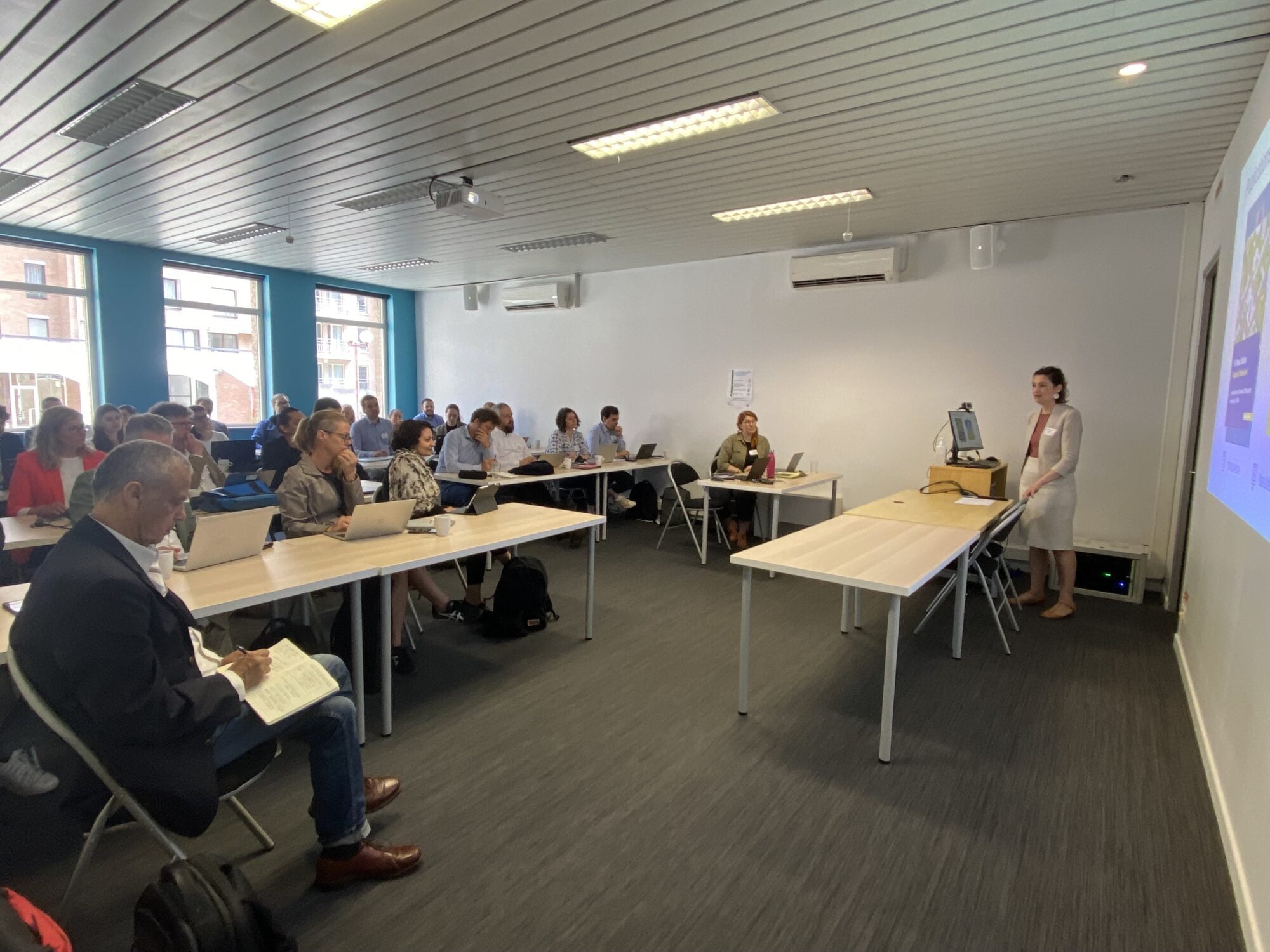
Urban Public Space Design project cluster kicks off for collaboration
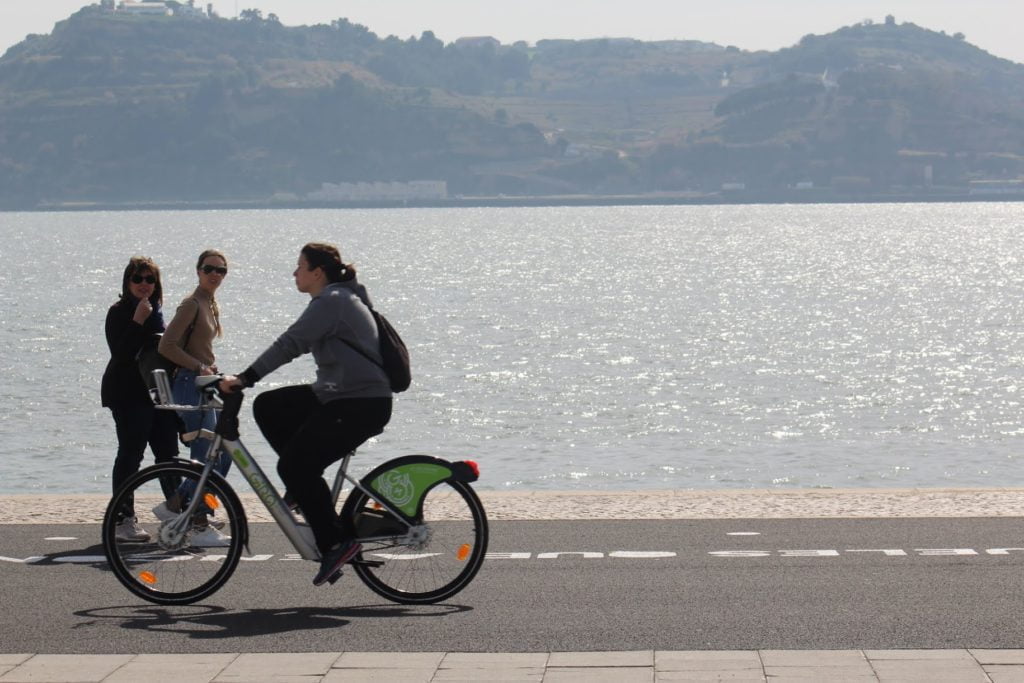
Milan and Lisbon to receive funding under BICI initiative
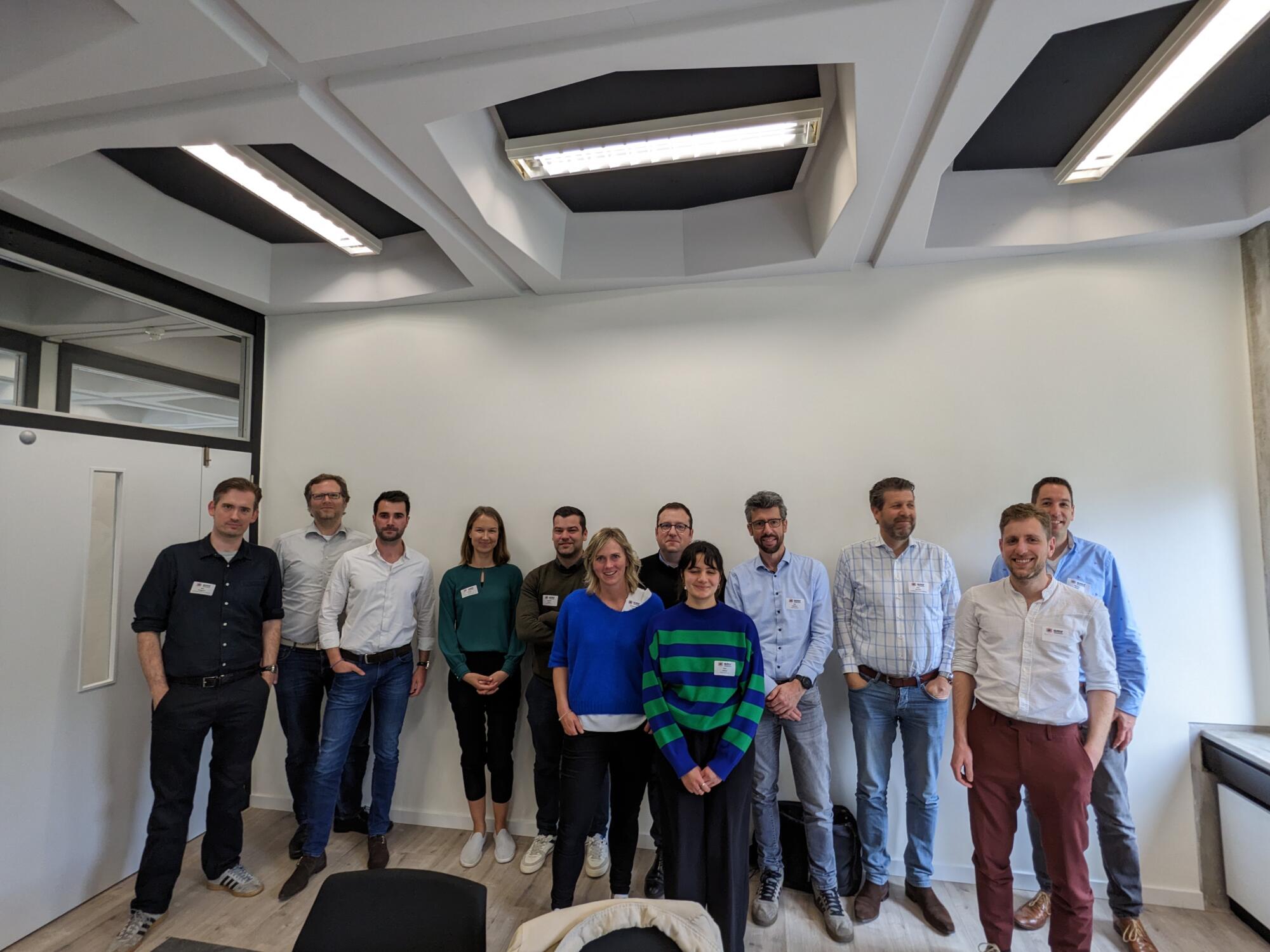
3rd EMR Workshop in Heerlen, a city of shared mobility experts
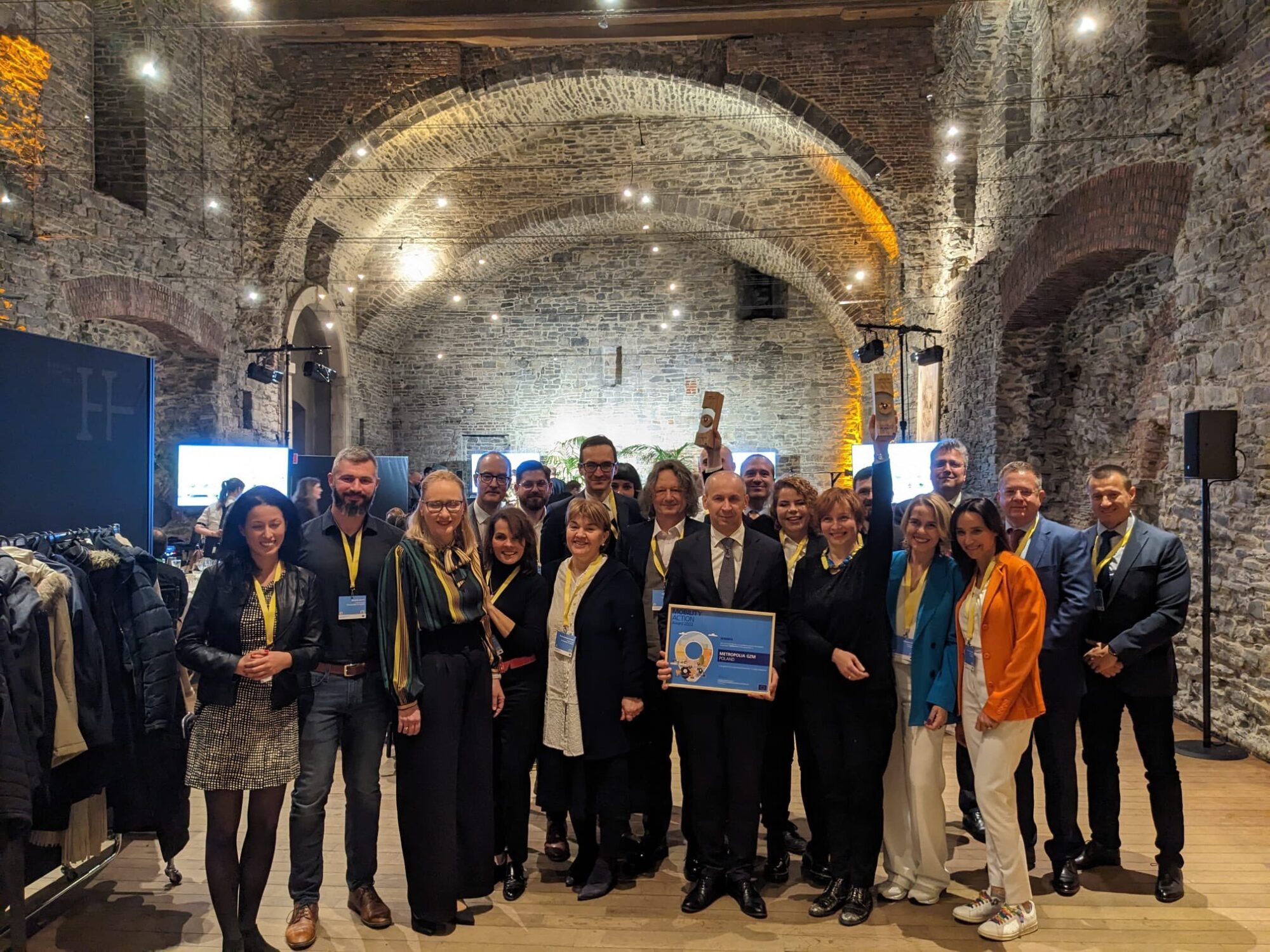
EMW announces winners of its two mobility awards
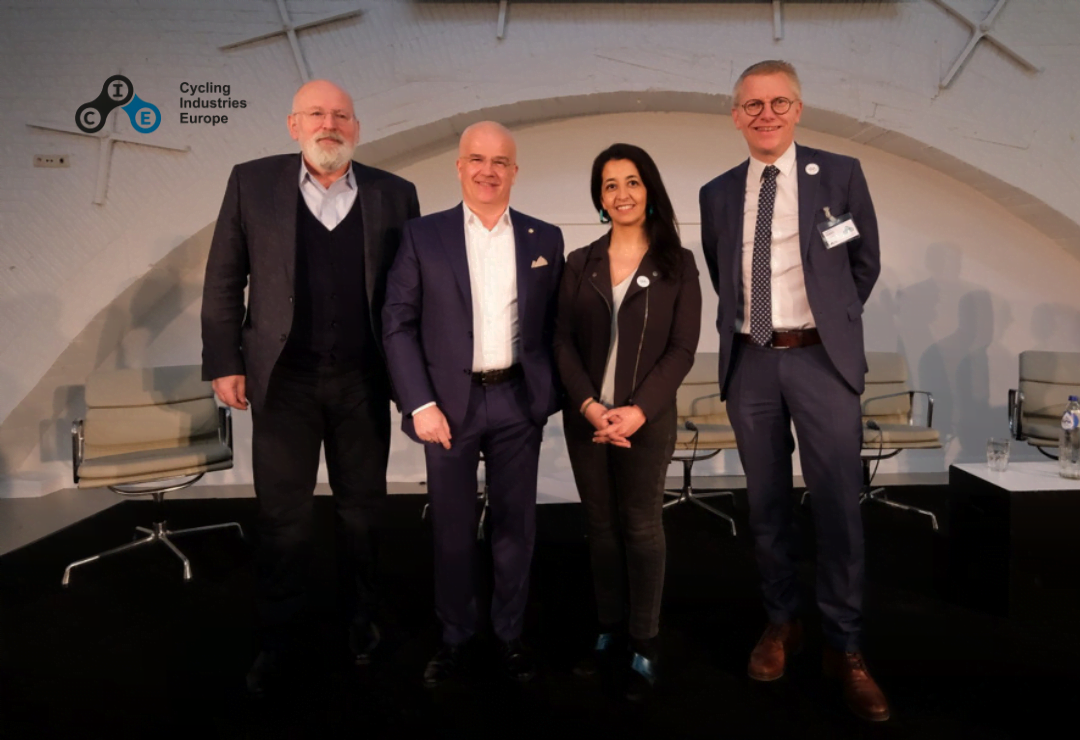
Timmermans announces European Declaration on Cycling at CIE 2023
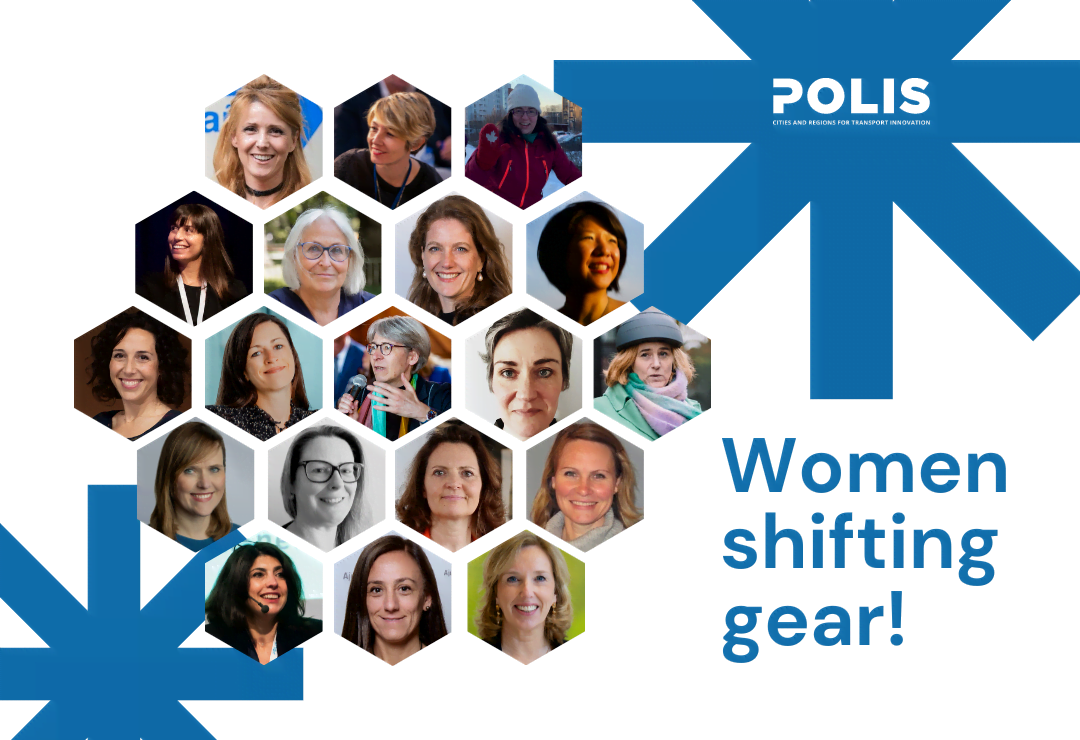
Women shifting gear! Meet the women behind the sustainable mobility transition
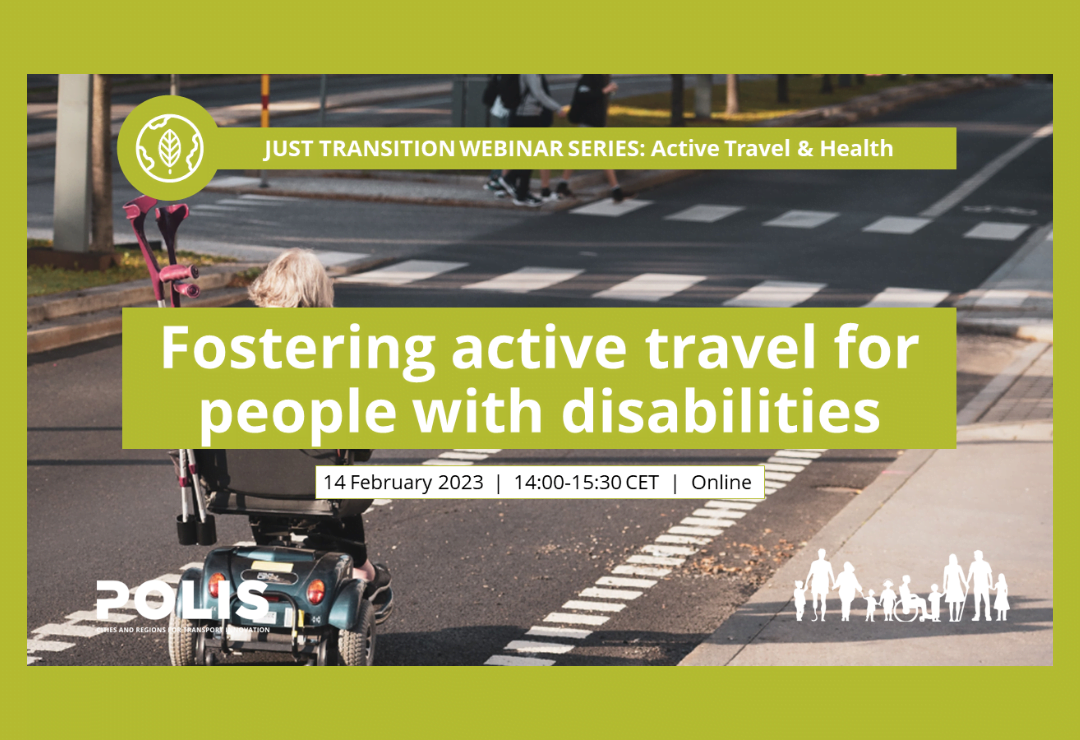
Active Travel Just Transition Webinar: Best foot & wheel forward
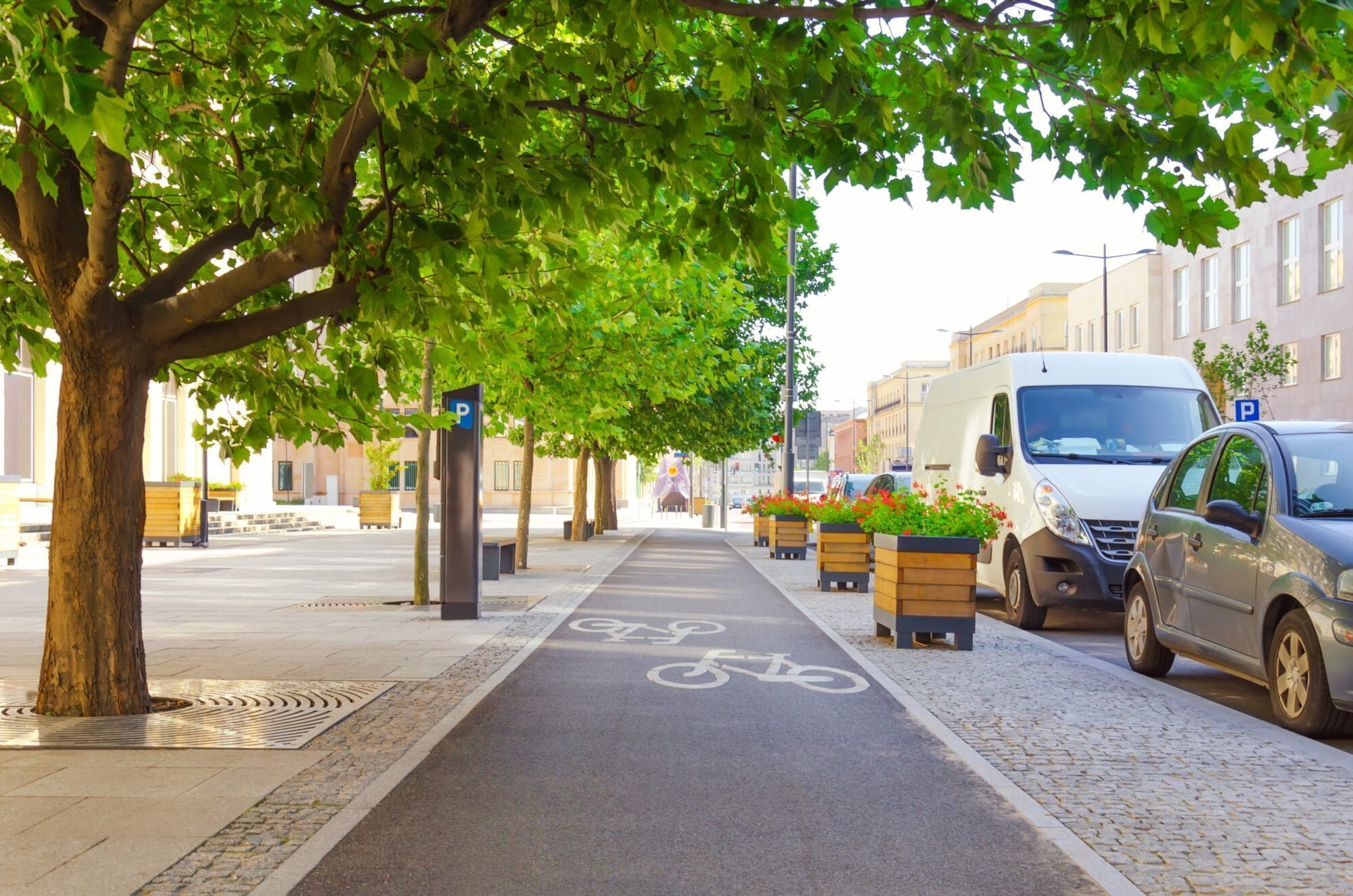
EU Parliament aims to double cycling by 2030
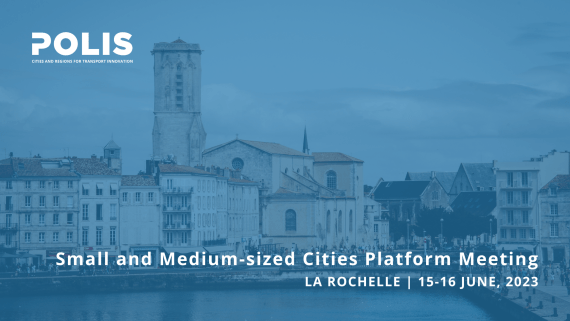
POLIS’ SMC Platform heads to La Rochelle

Puglia reveals plans for more bicycle-friendly infrastructure in the region
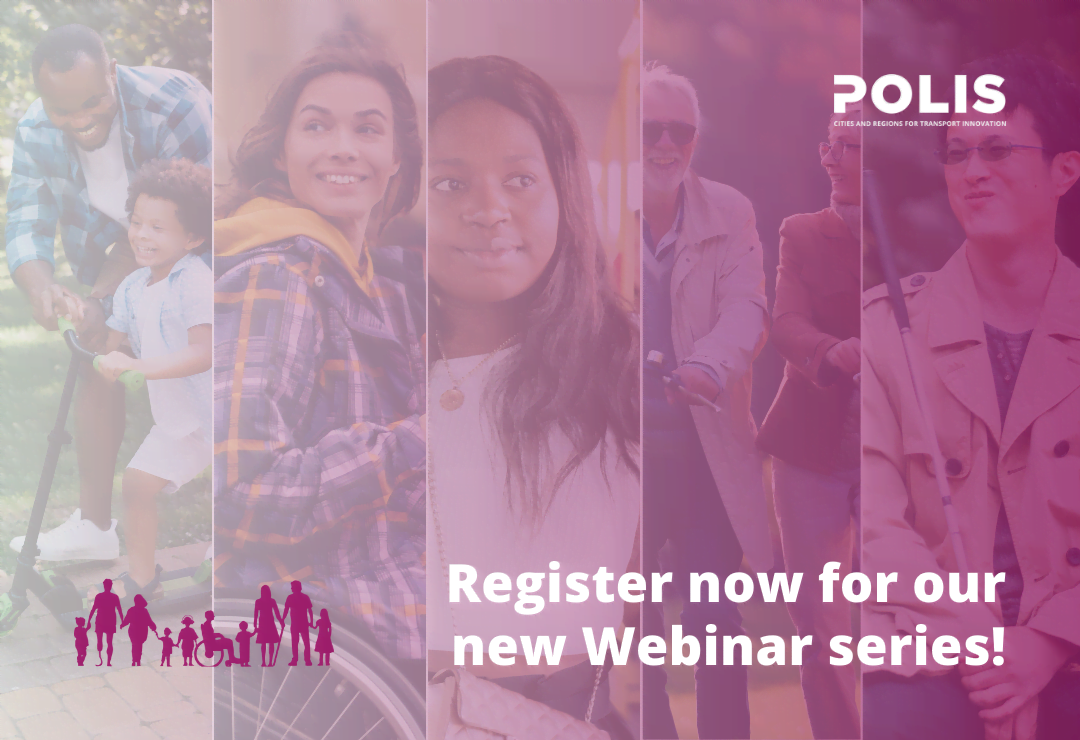
Registrations now open for the Just Transition Webinar series!
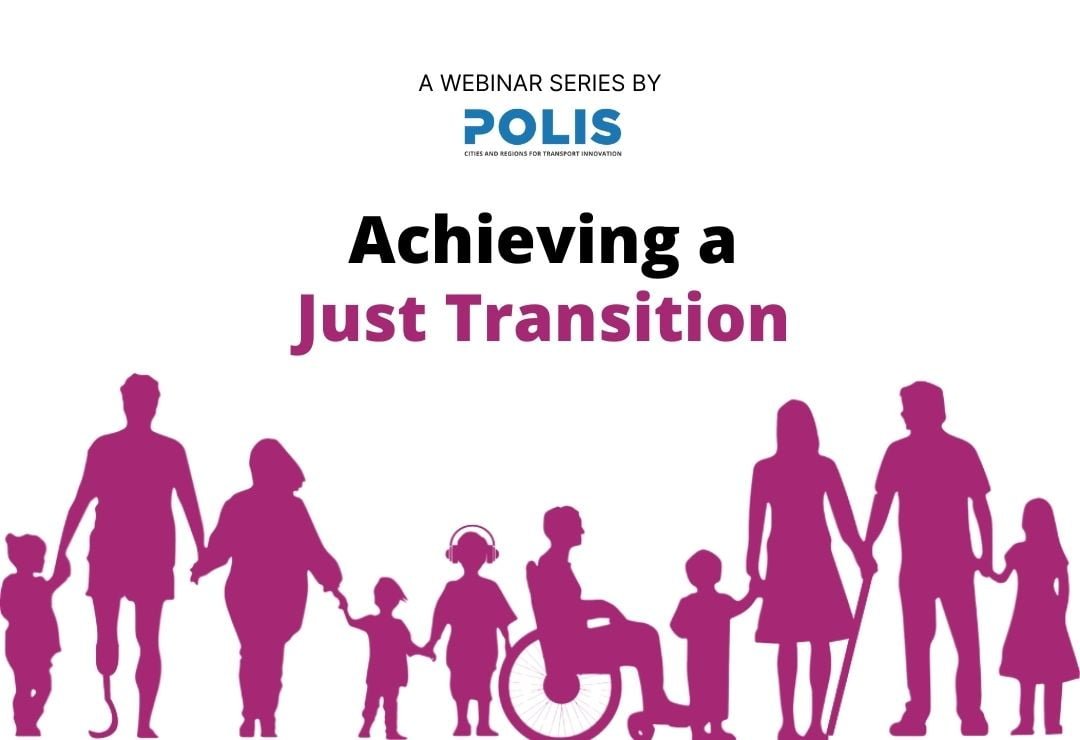
POLIS launches Just Transition webinar series
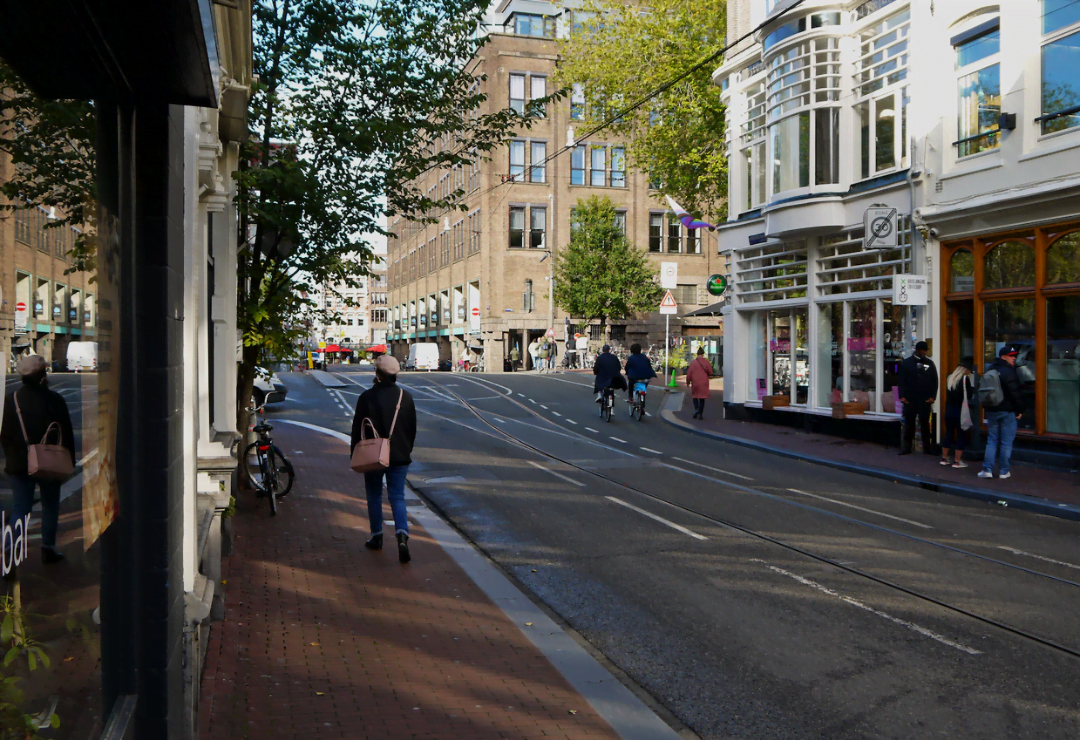
POLIS joins call for investment in active travel

POLIS joins TDA Call to Support Active Mobility Capacity Building
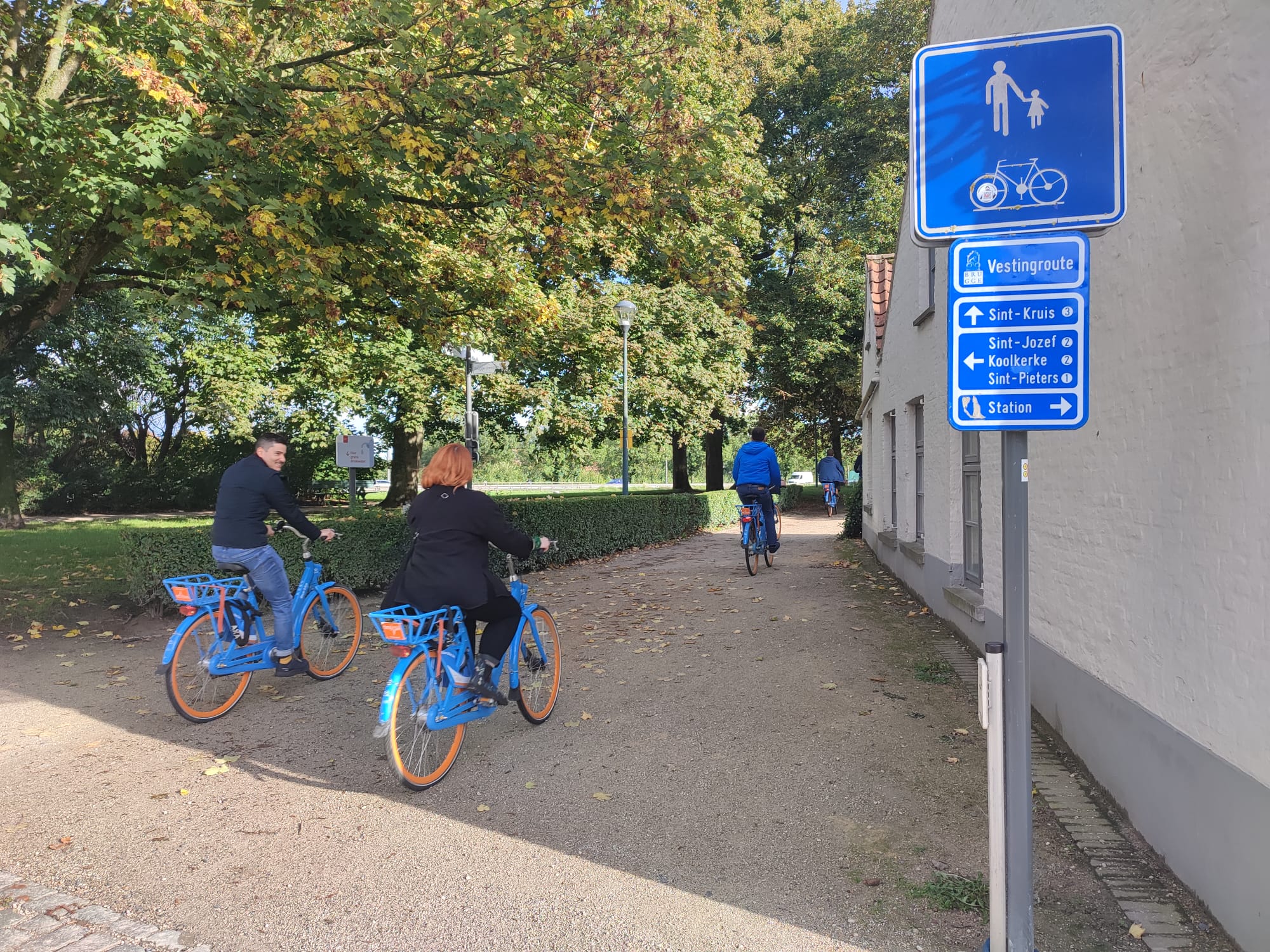
Bruges in the spotlight: A transport transition tour
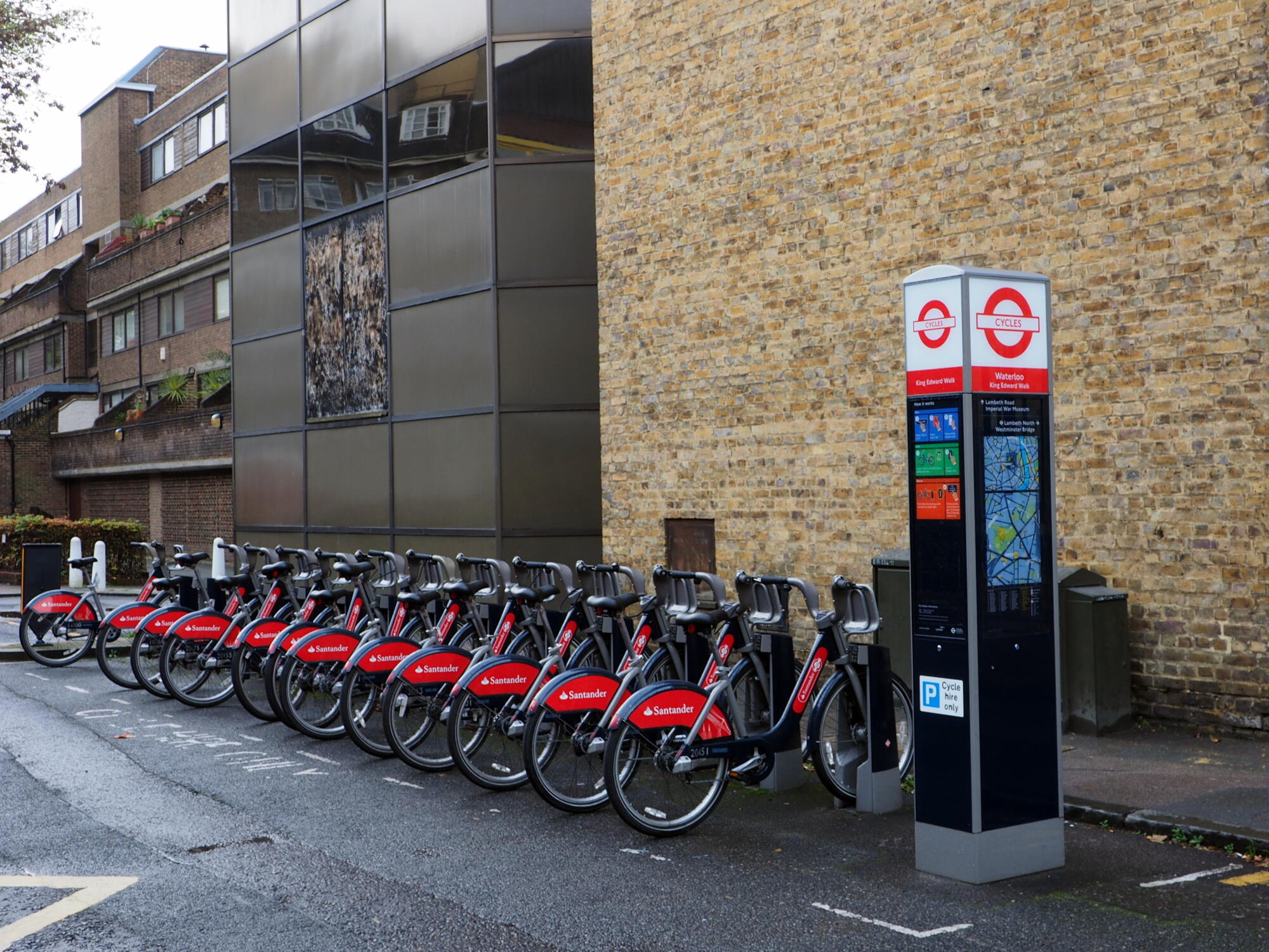
TfL to add e-bikes to shared cycle scheme
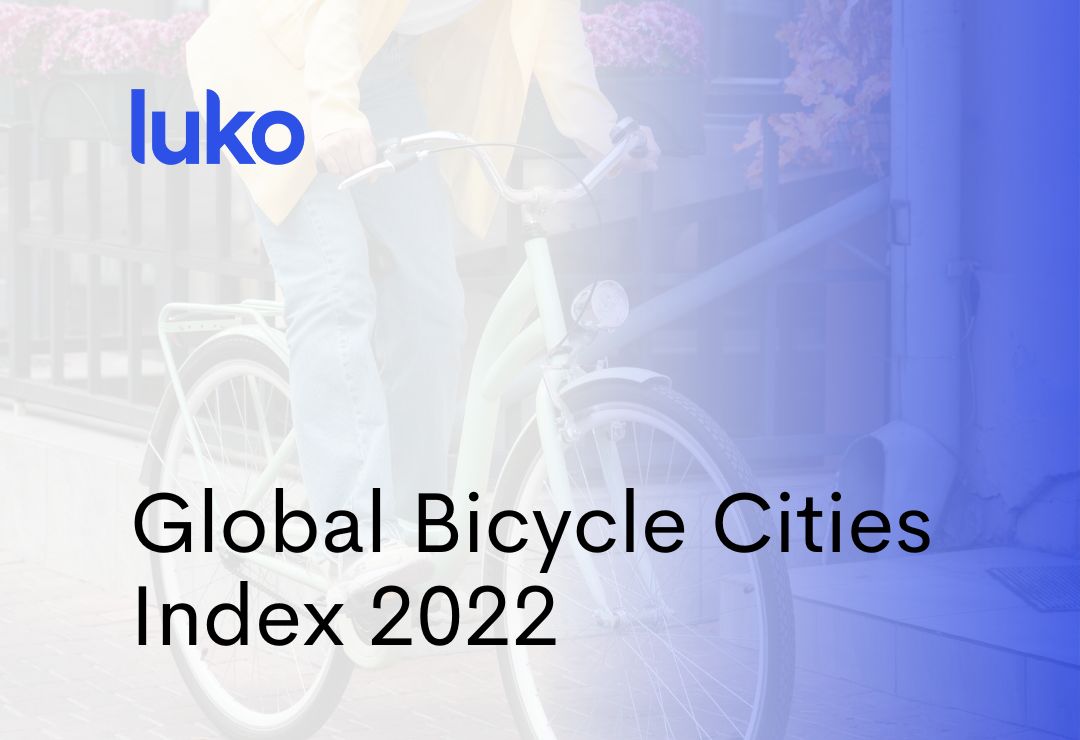
New index shows that Utrecht is the most bicycle-friendly city in the world
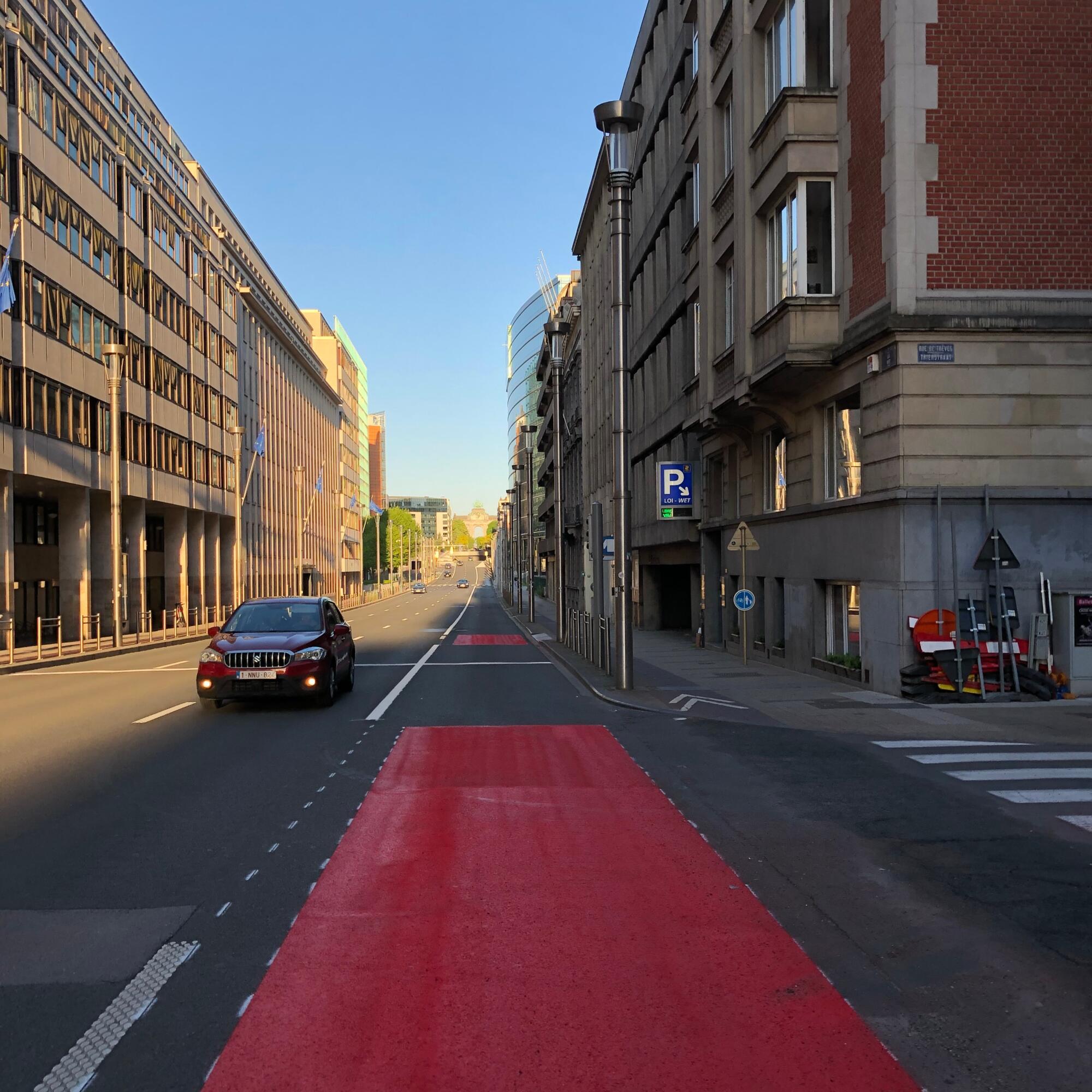
Brussels adapts legislation to ease building light bike lanes
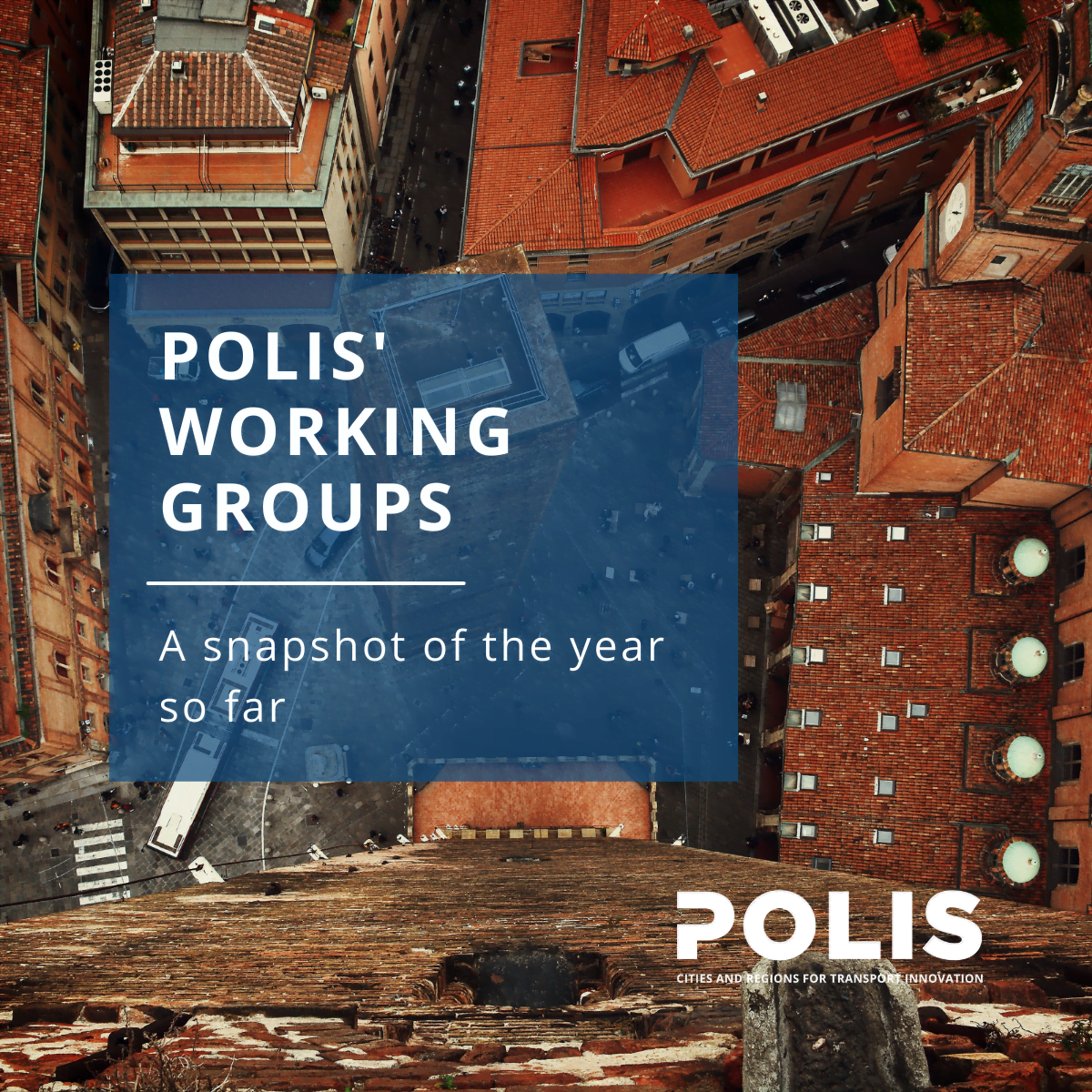
POLIS’ Working Groups: The year so far
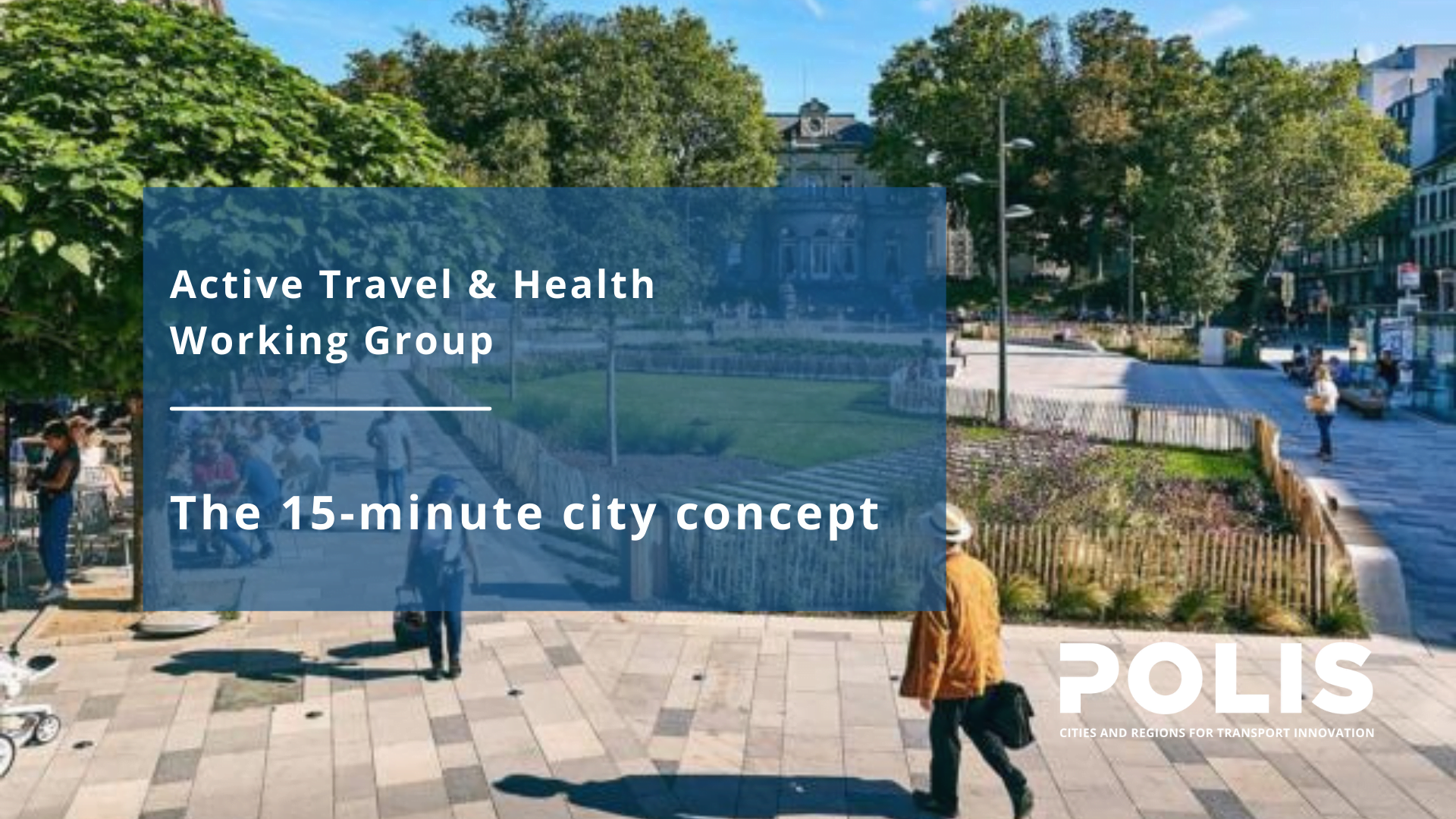
POLIS’ Active Travel Working Group explores the 15-minute city concept
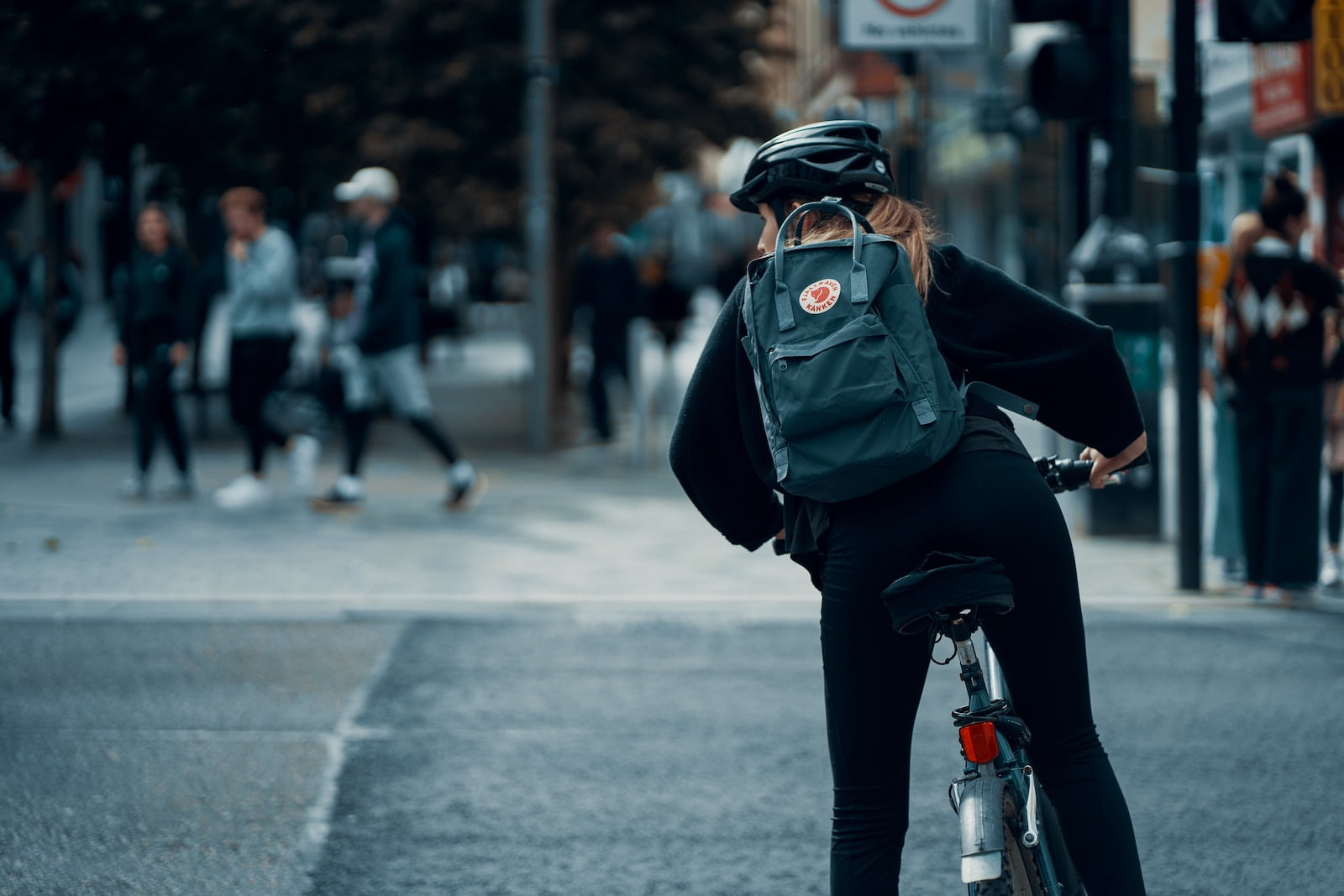
Eurovelo 5 now fully signposted on Brussels territory
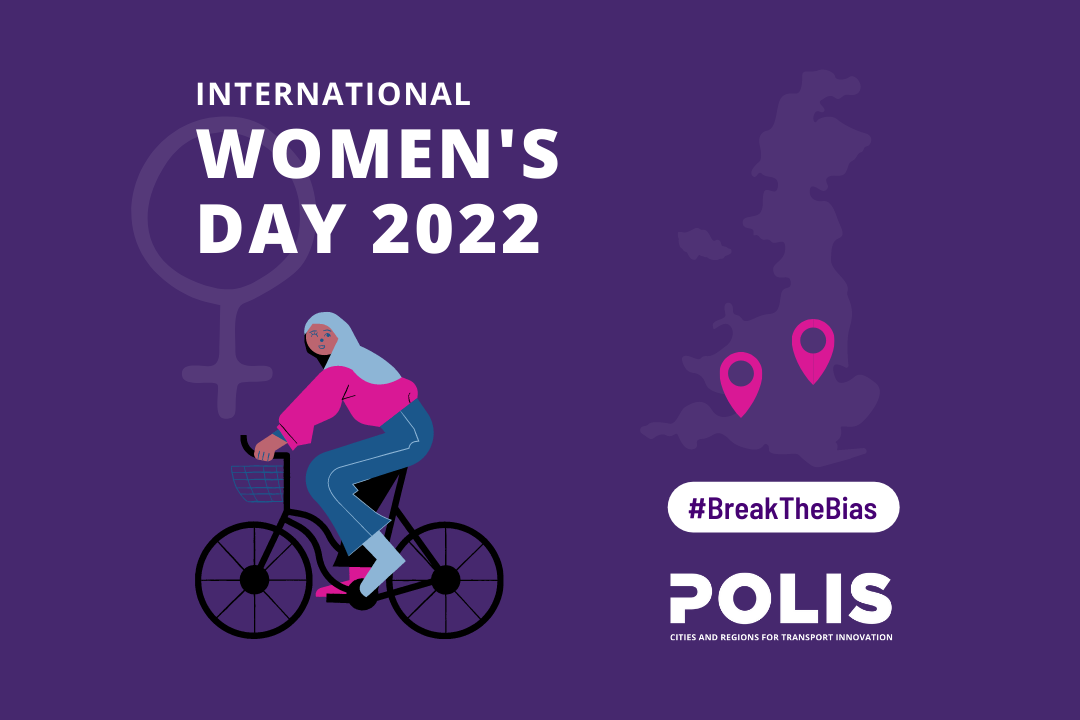
Sustrans: Pedaling to gender parity
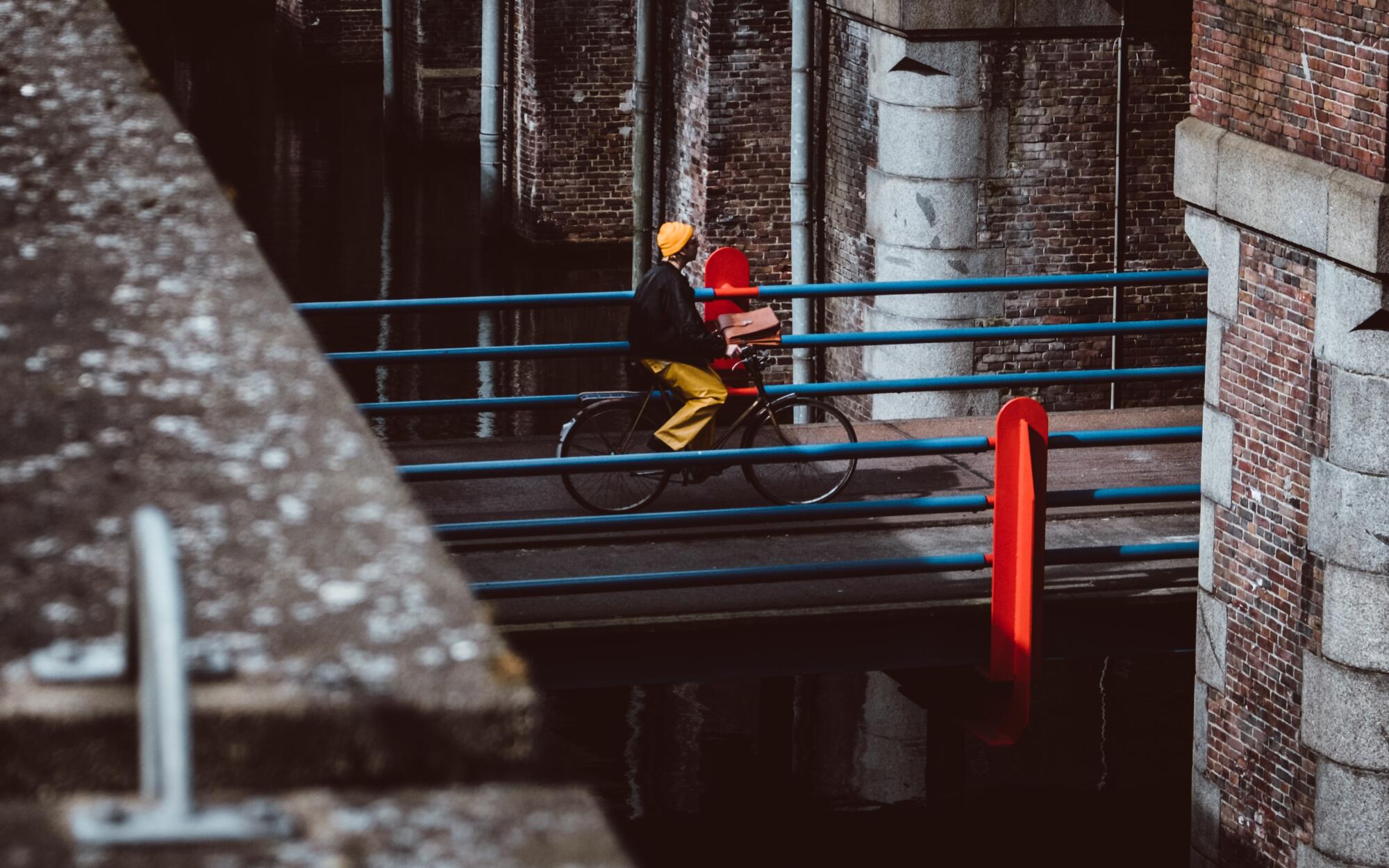
ECF calls for better integration of cycling into TEN-T
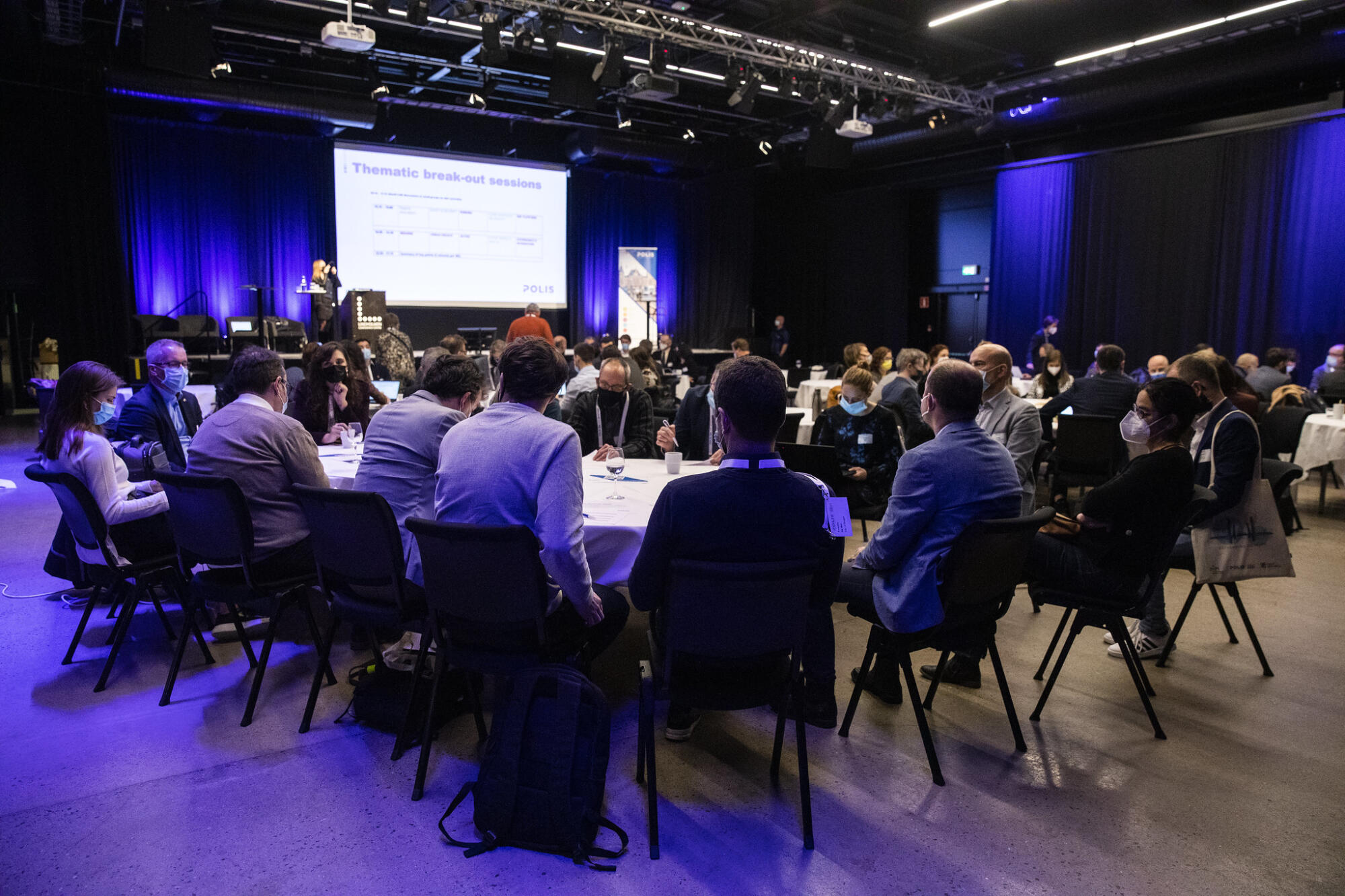
POLIS’ Working Groups: what is on the agenda?
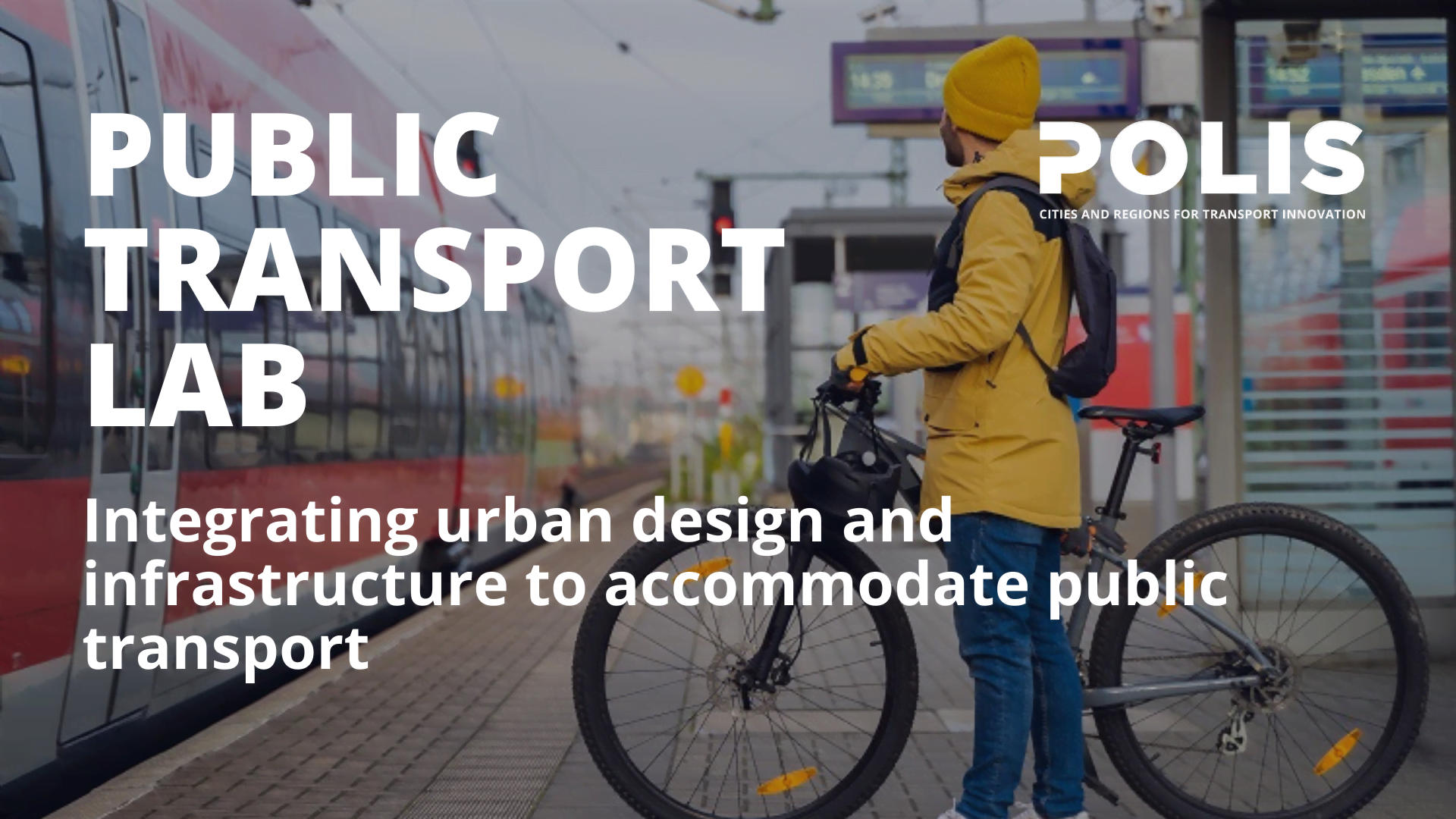
POLIS Public Transport Lab redesigns the city
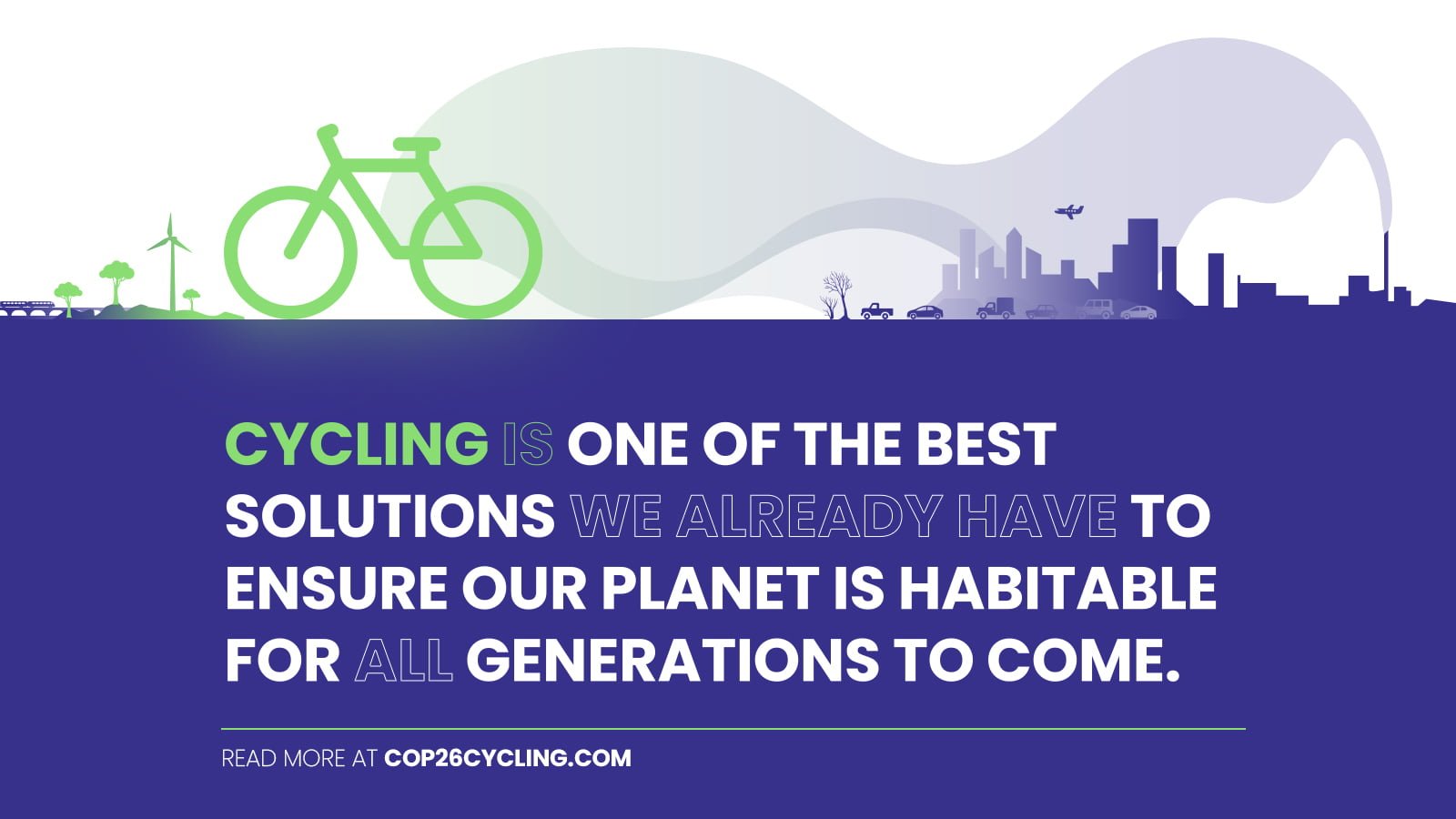
Open letter: Global coalition calls on governments at COP26 to boost cycling levels to reduce carbon emissions and reach climate goals quickly and effectively
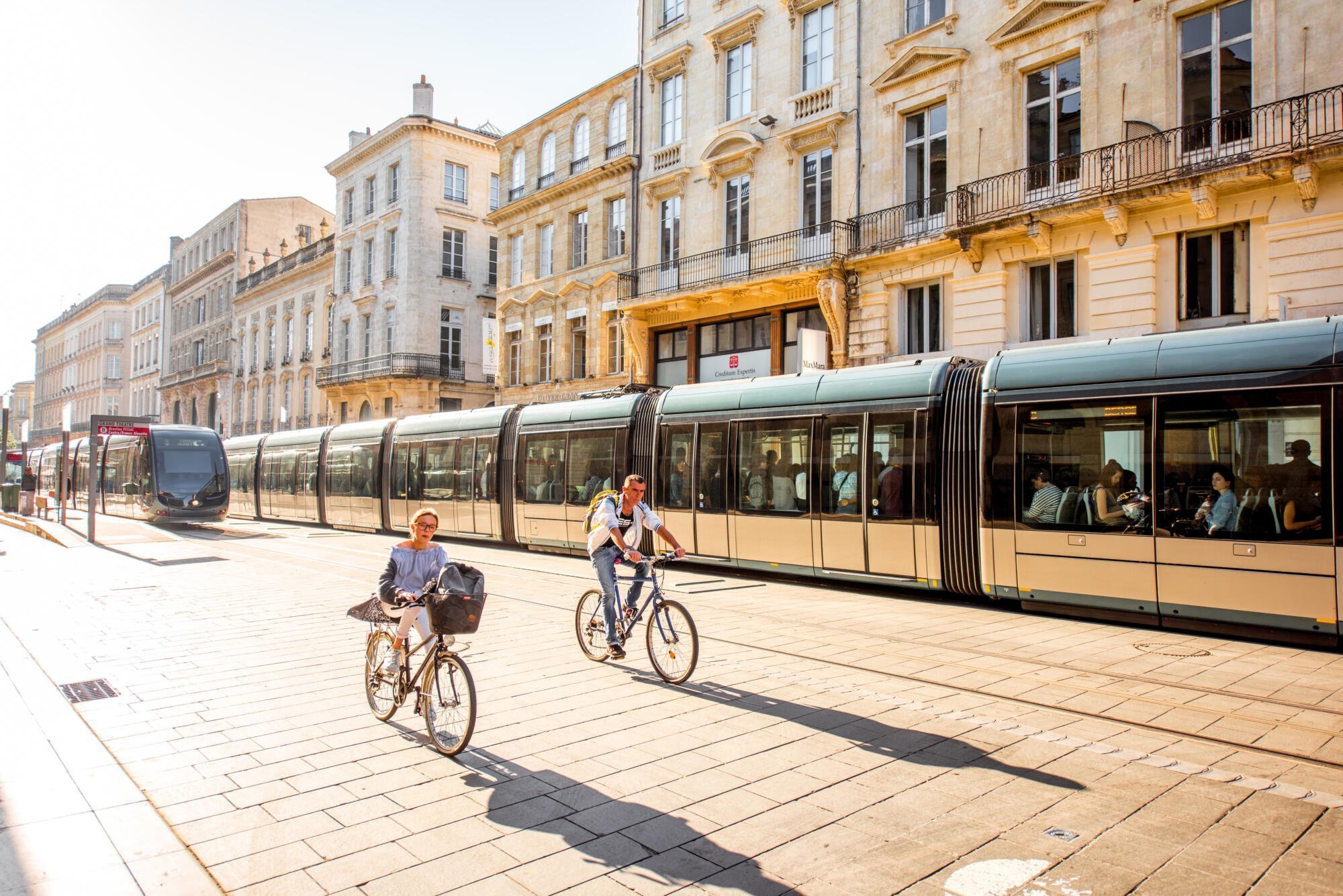
Joint statement: Europe must come together to change urban mobility
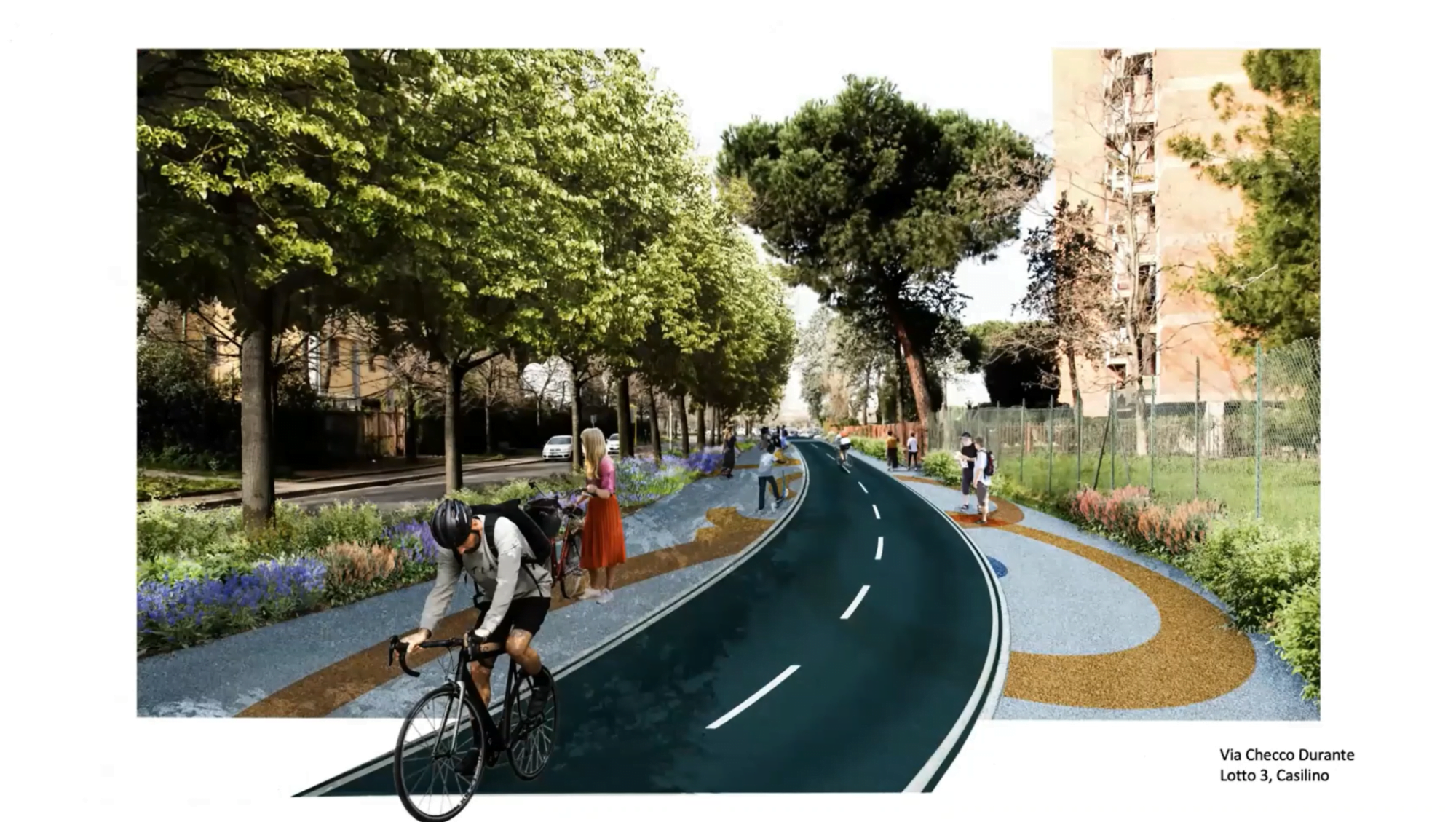
Rome’s Great Bicycle Ring Road, ready to start construction by 2022
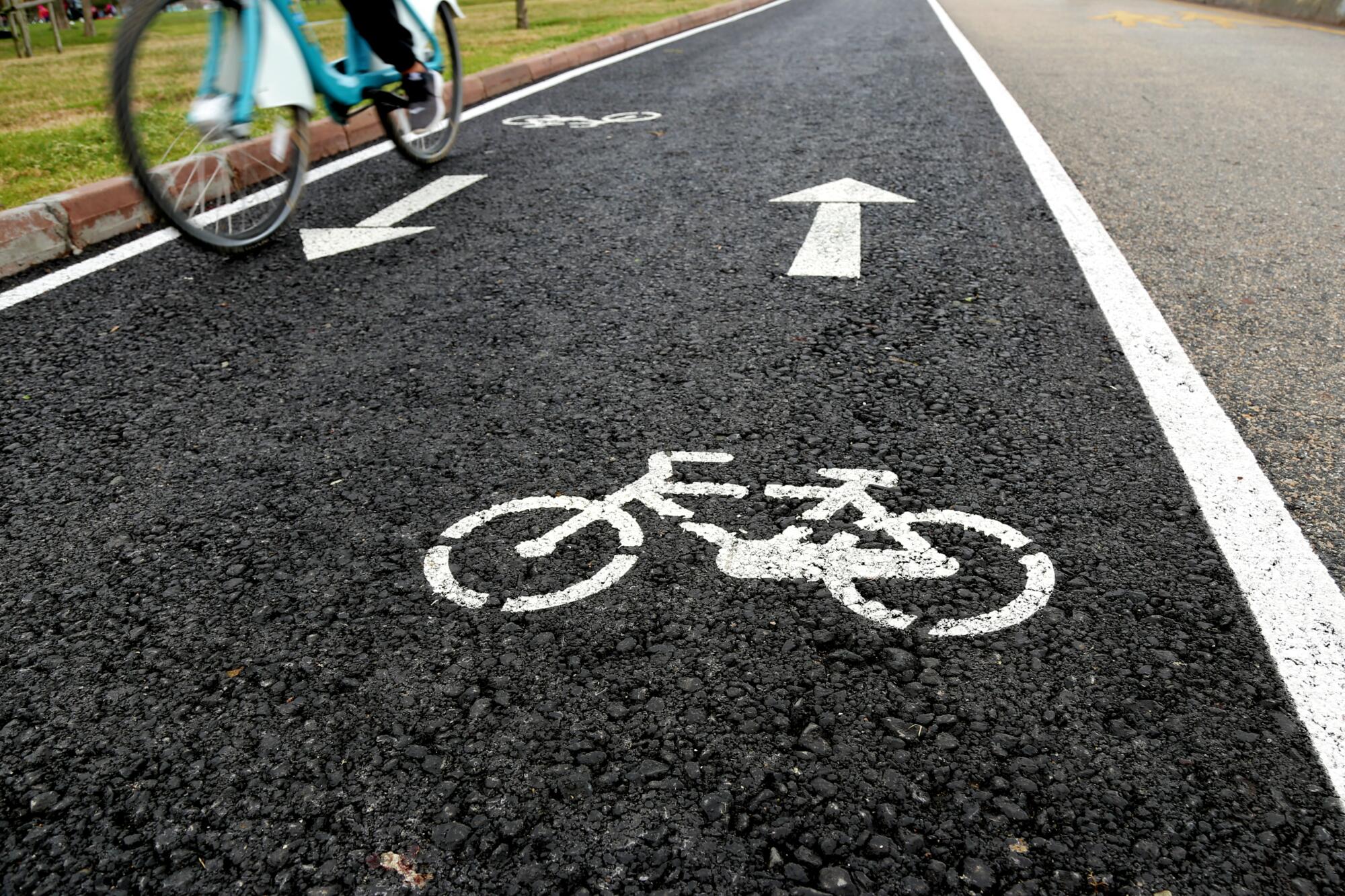
New report reveals barriers and enablers to active travel in mid-life

Madrid to make public transport free during morning peak hours
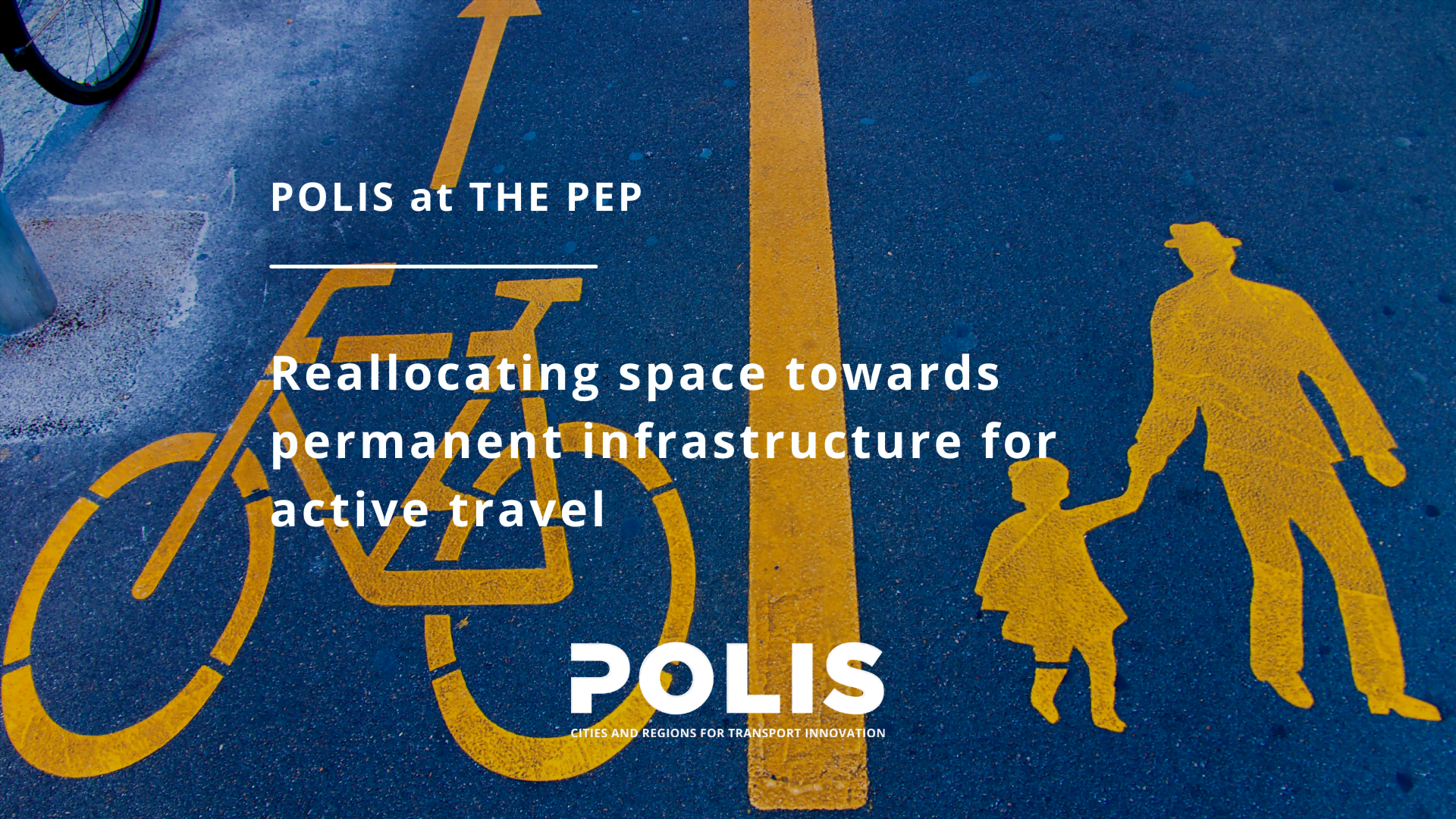
THE PEP: Reallocating space for active travel
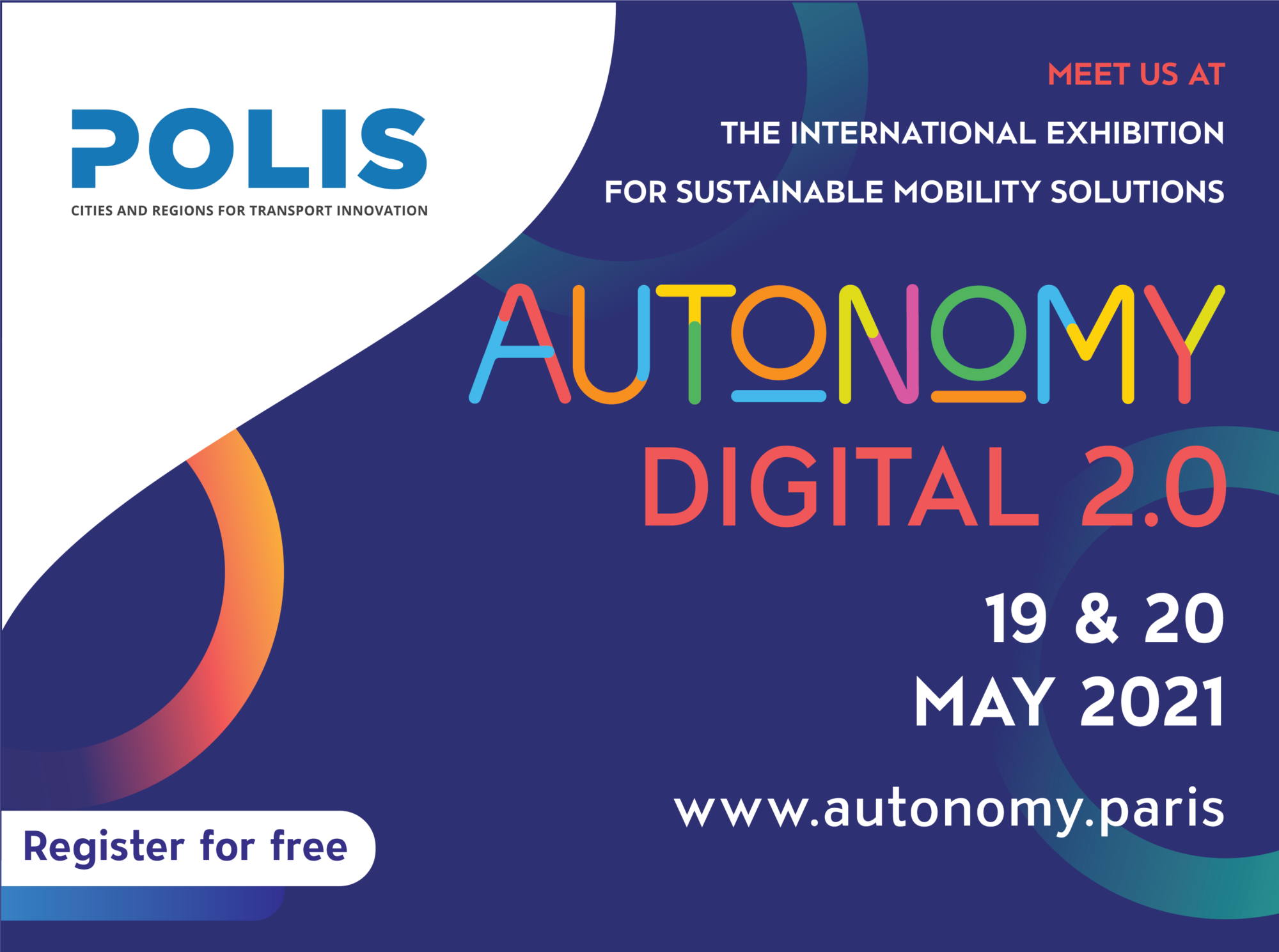
Autonomy Industry Talks: POLIS members make a splash

Czestochowa crosses with confidence
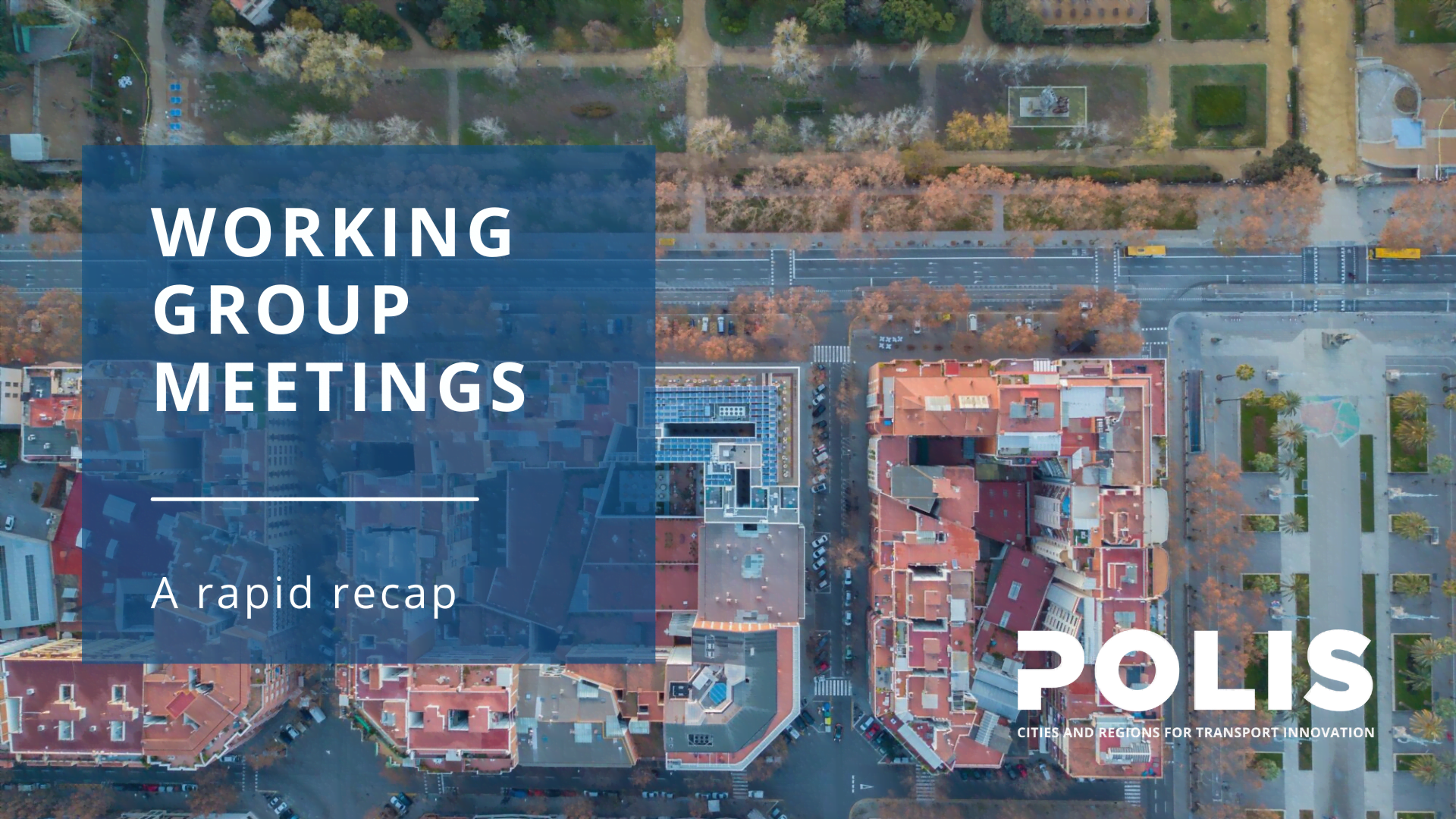
April’s Working Group meetings: A spring in our step

POLIS members in action at AUTONOMY Digital 2.0
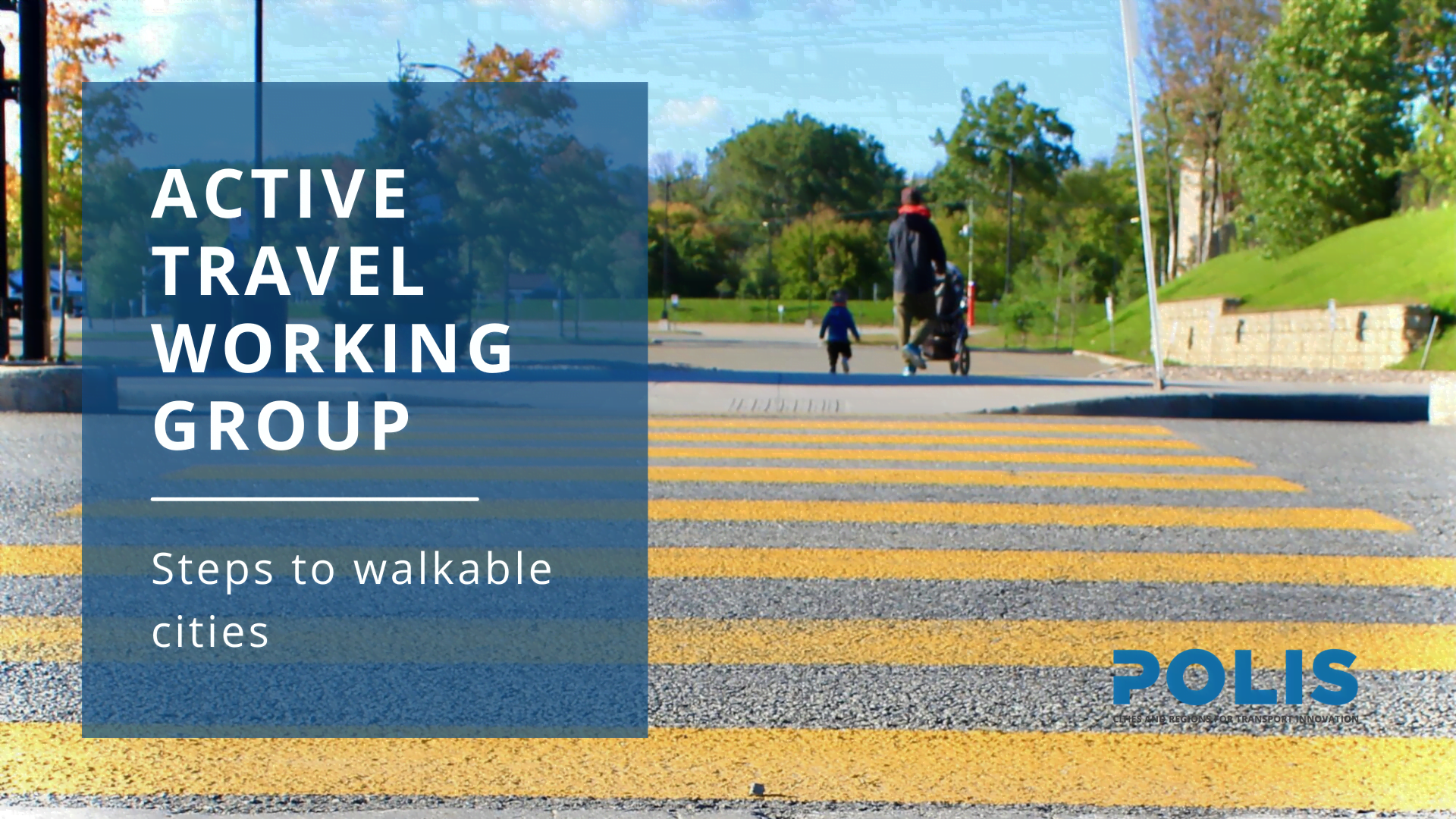
A walk through walkability

Bilbao wins 2021 EU Road Safety Award

POLIS joins call for revised truck safety standards
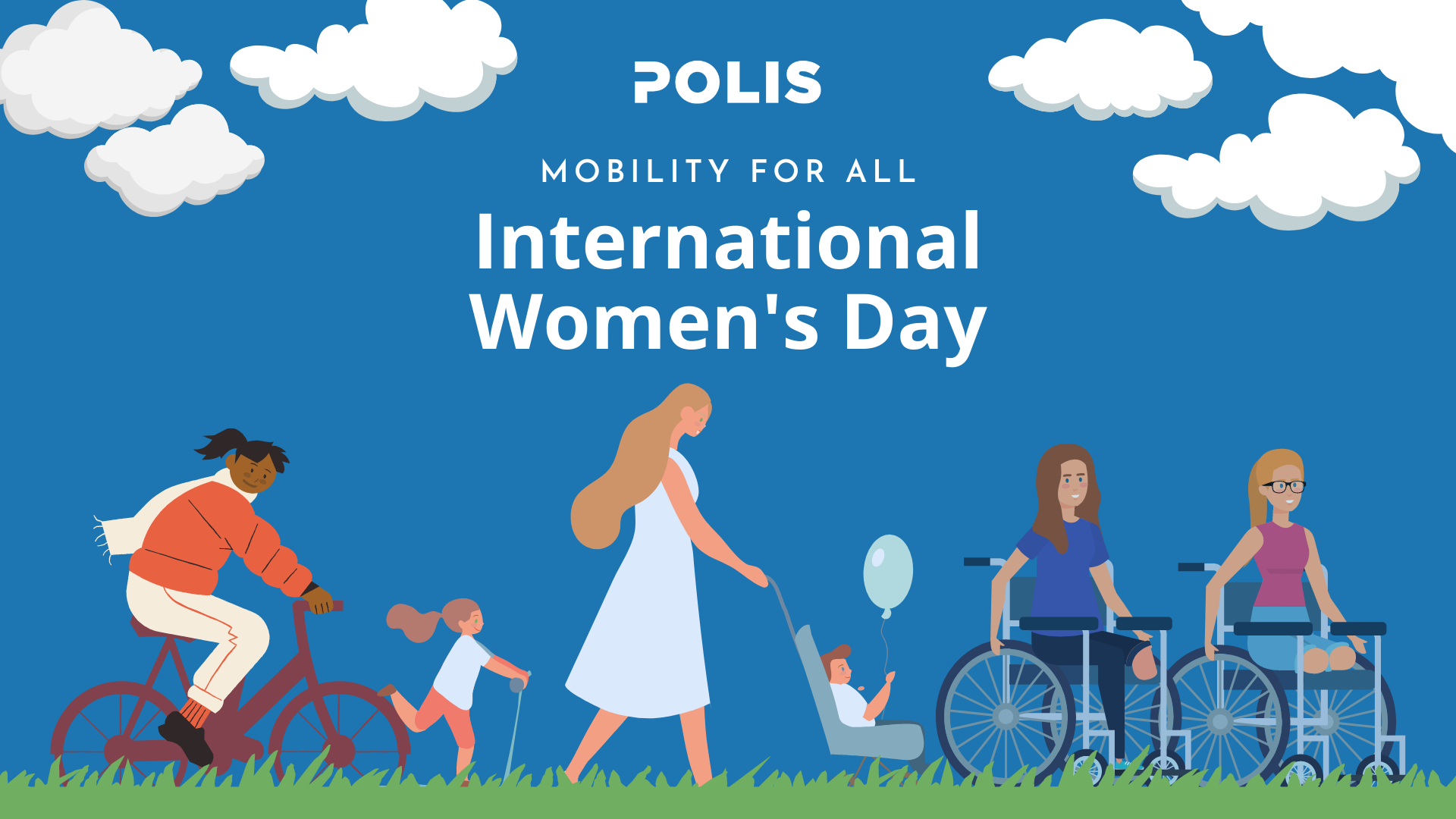
Under her own steam: Closing the mobility gender gap

New Topic Guide on planning for more resilient and robust urban mobility
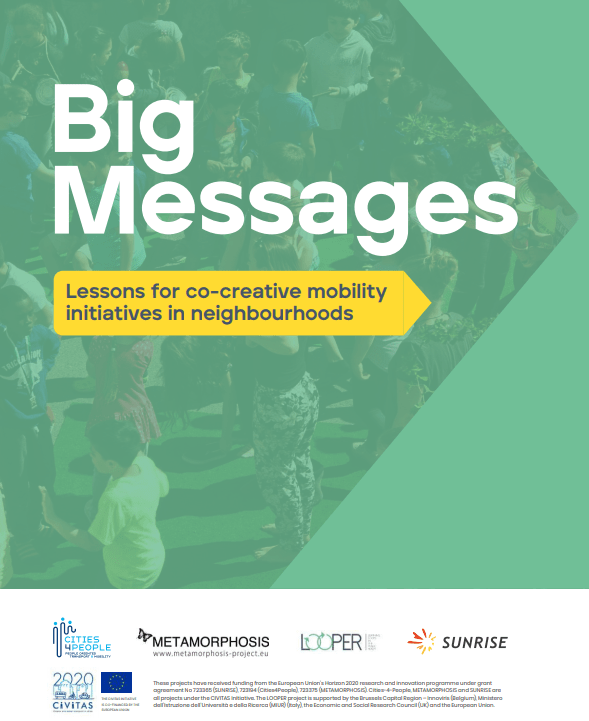
New publication explains how co-creation can improve urban mobility in neighbourhoods
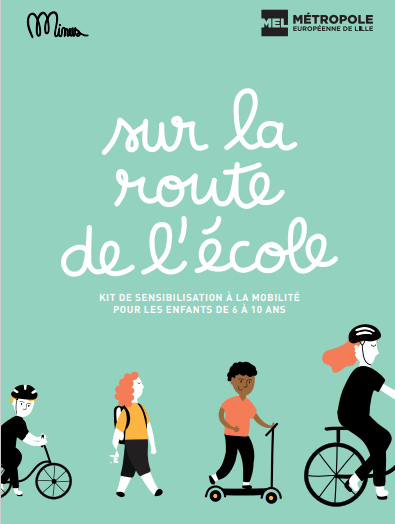
Lille proves you’re never too young for sustainable mobility
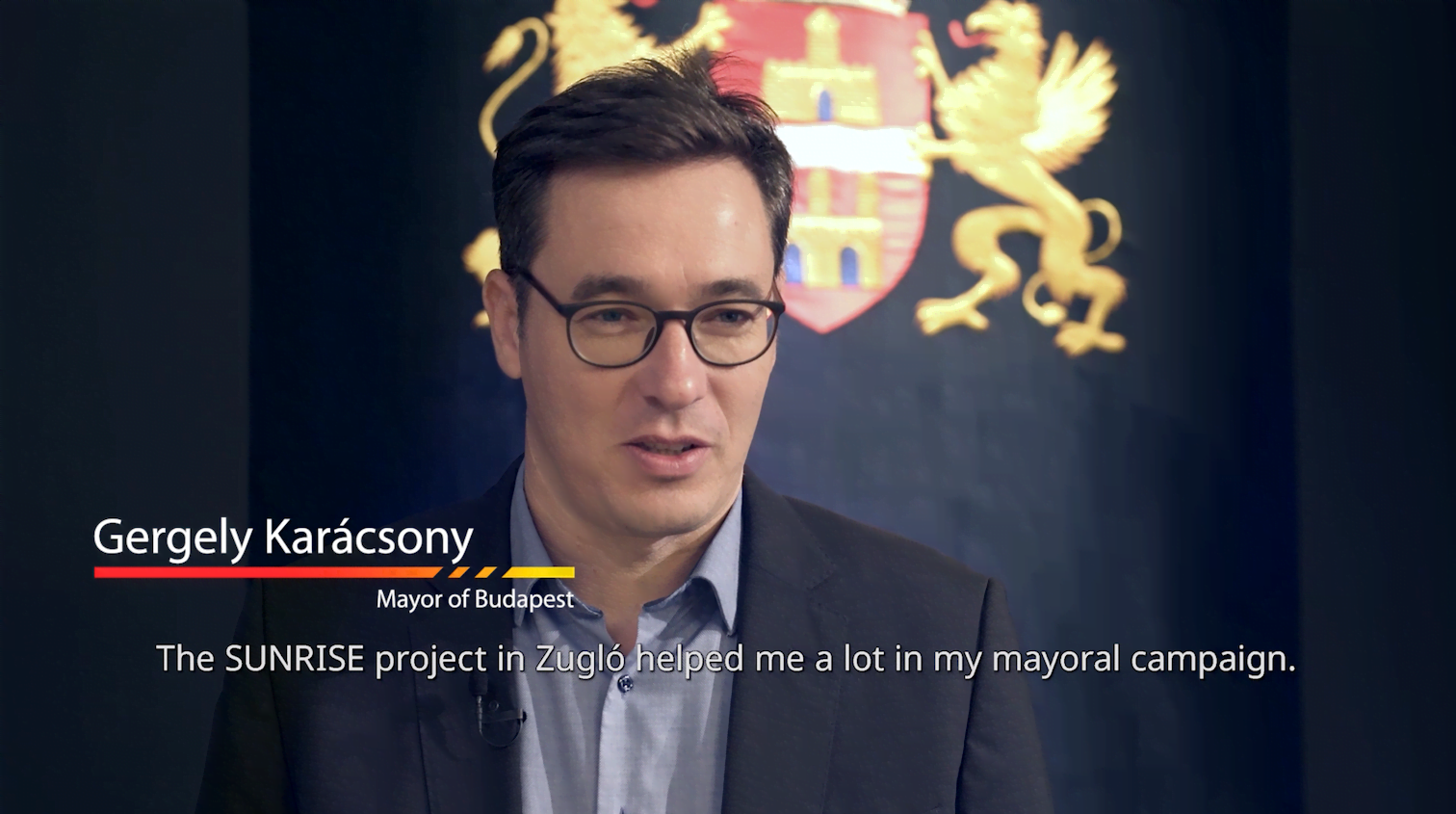
A neighbourhood in Budapest co-creates mobility solutions with its citizens
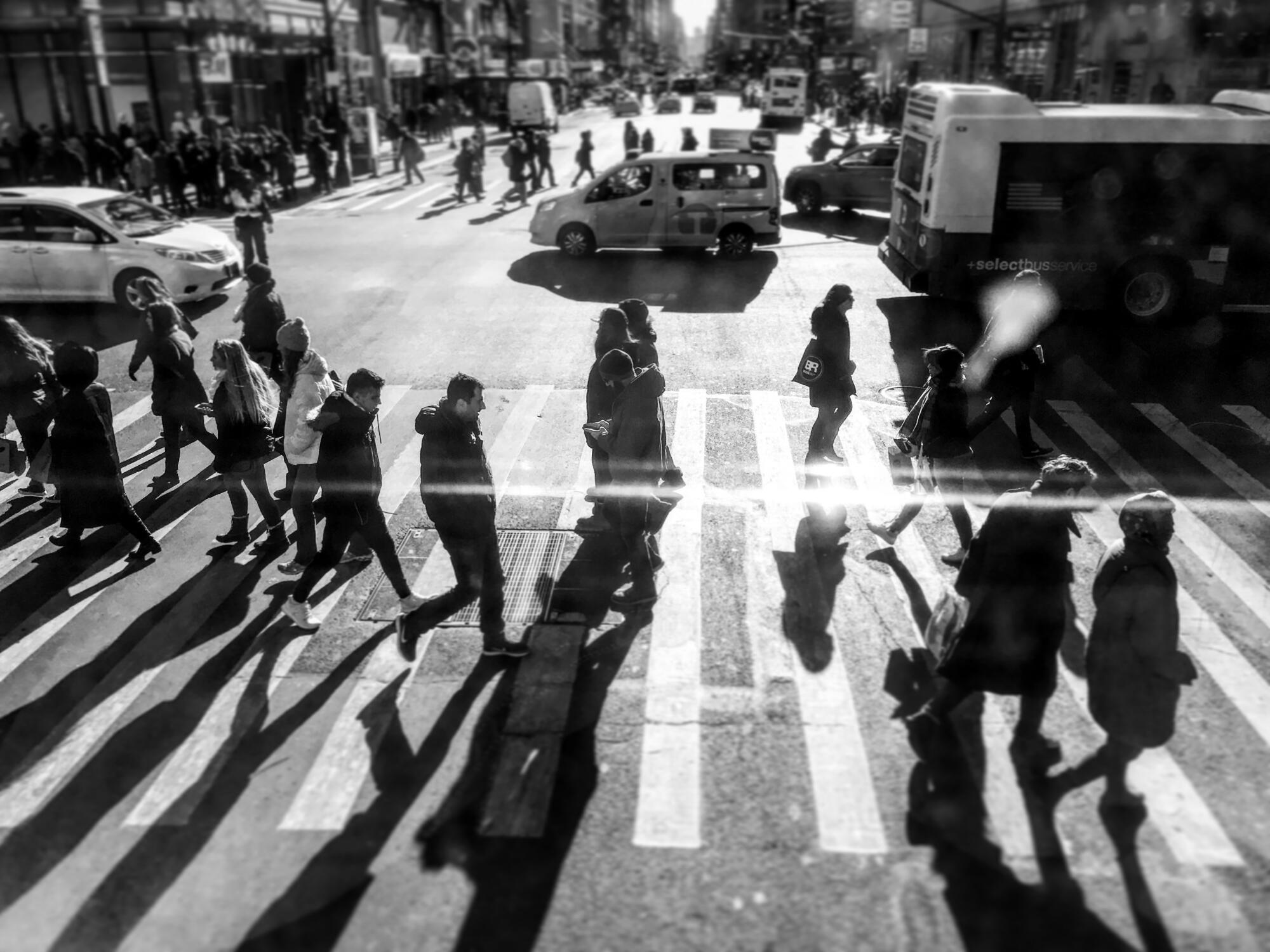
Share best practices on use of asphalt as pavement for pedestrian amenities

POLIS signs letter calling for improvements in walking, cycling and public transport
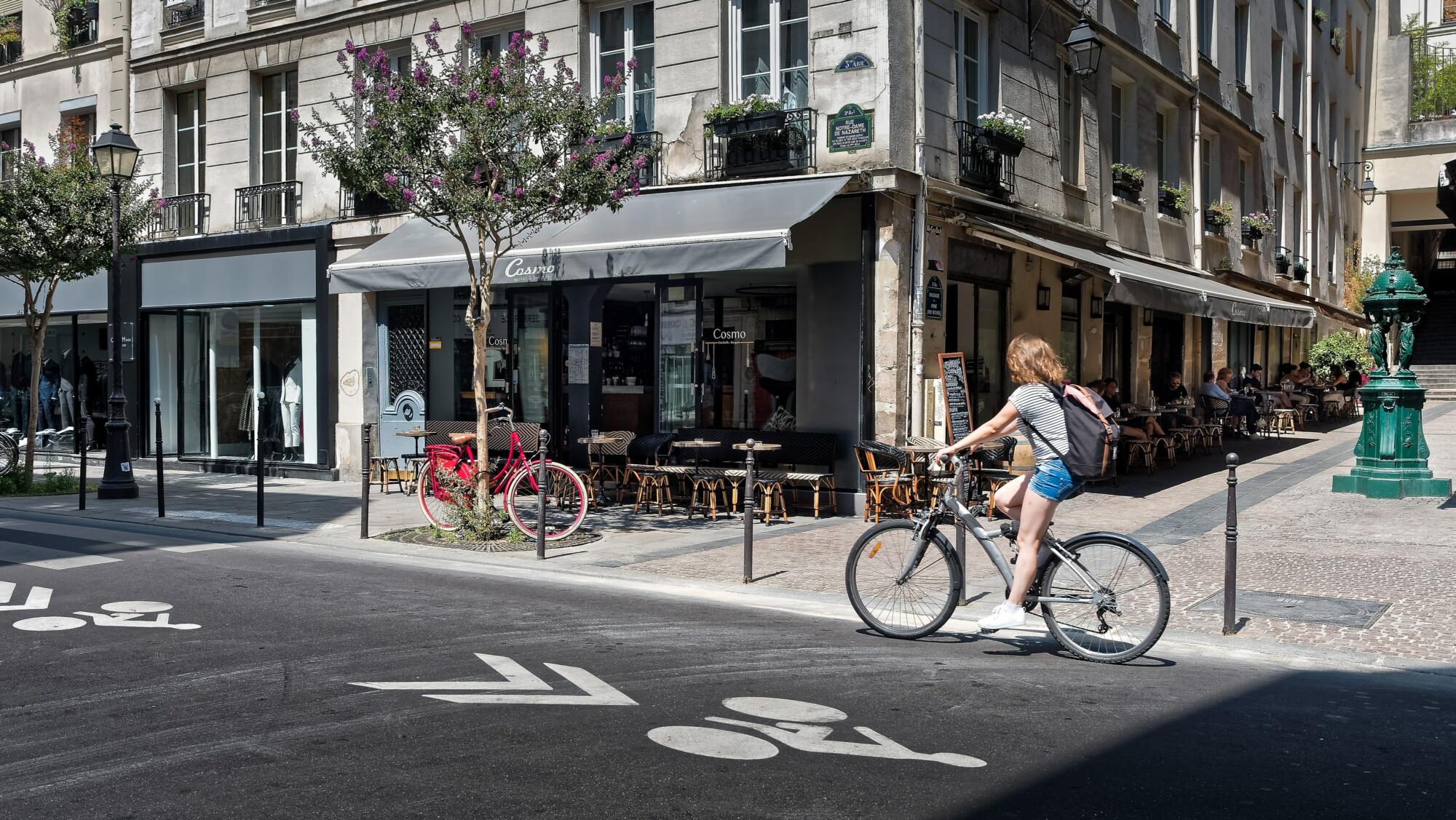
POLIS members and experts discuss gender perspectives in mobility
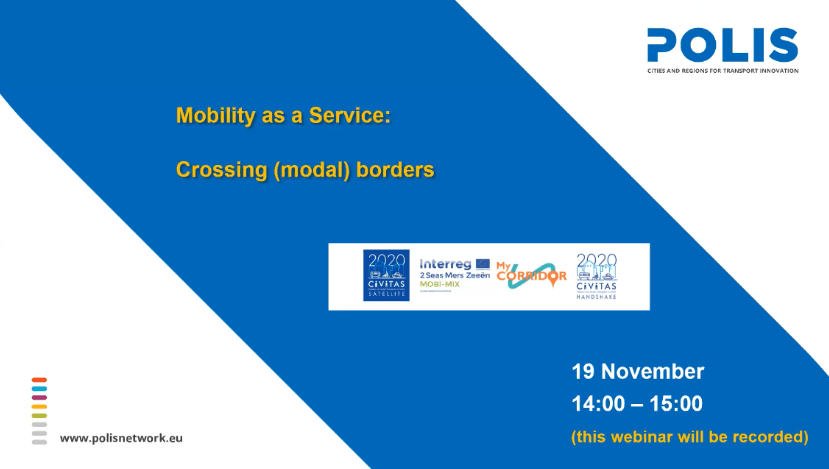
Crossing (modal) borders: a webinar taking Maas global
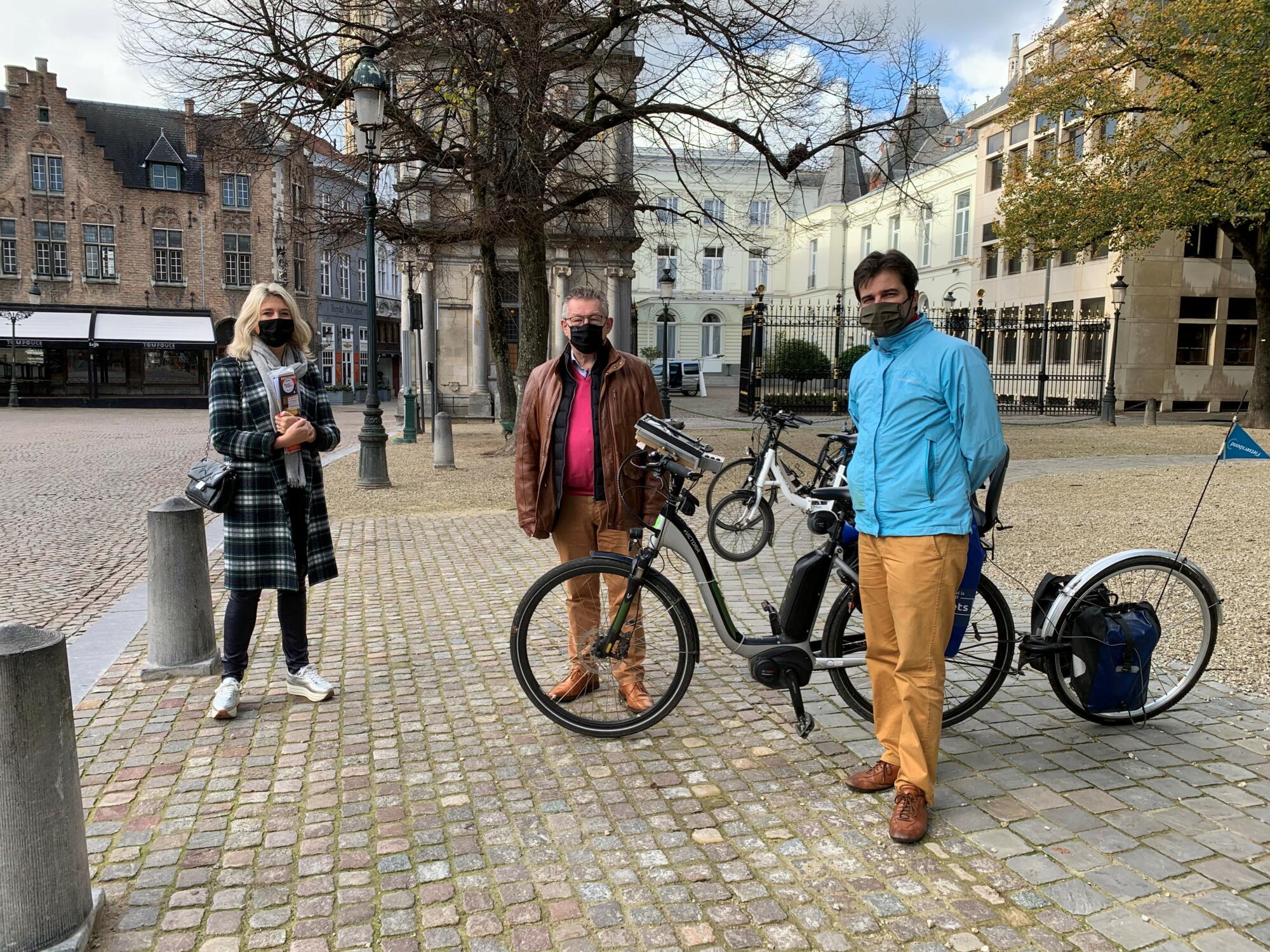
Bruges evaluates cycle paths with a “measuring bike”
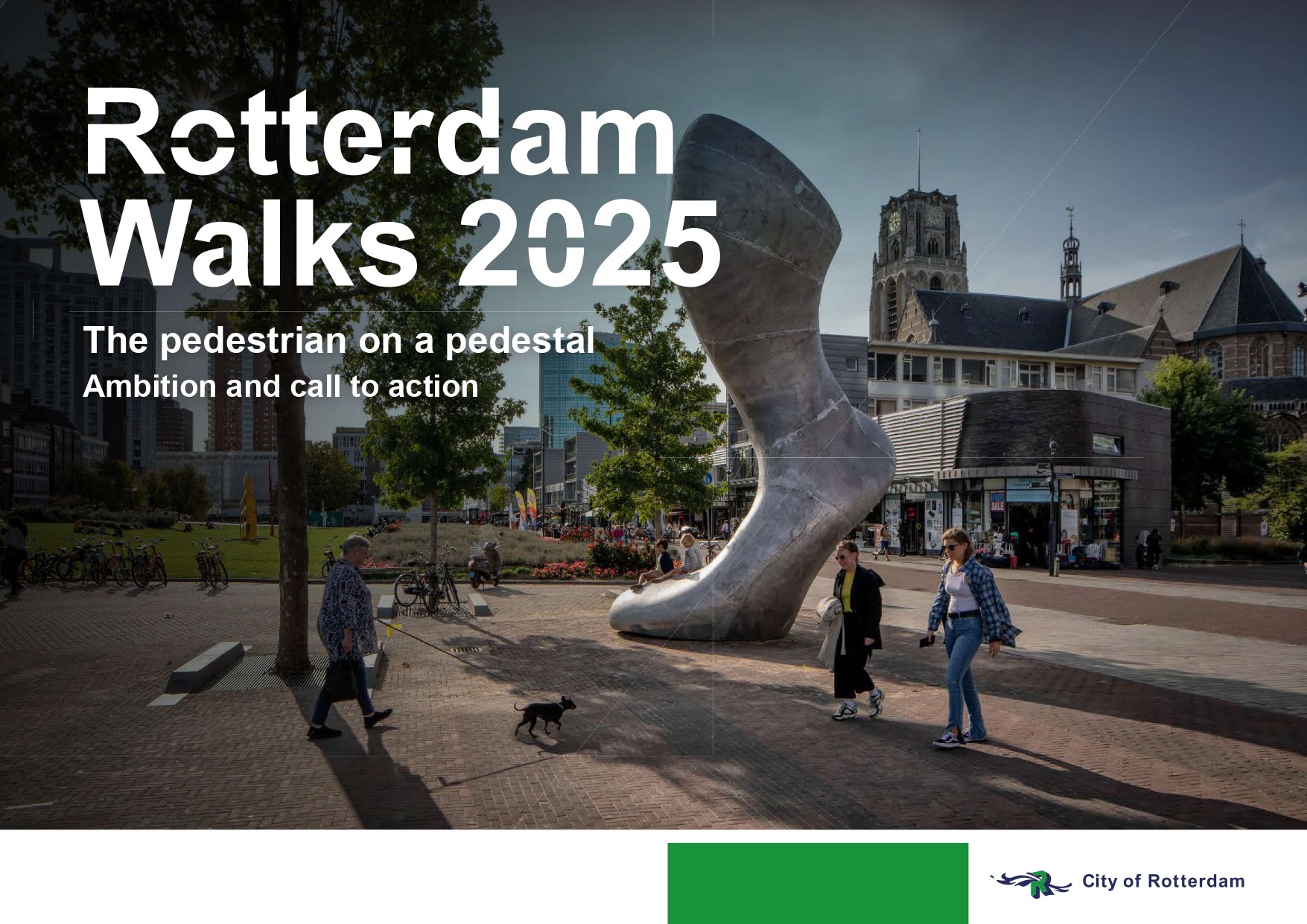
Rotterdam launches Walking Strategy
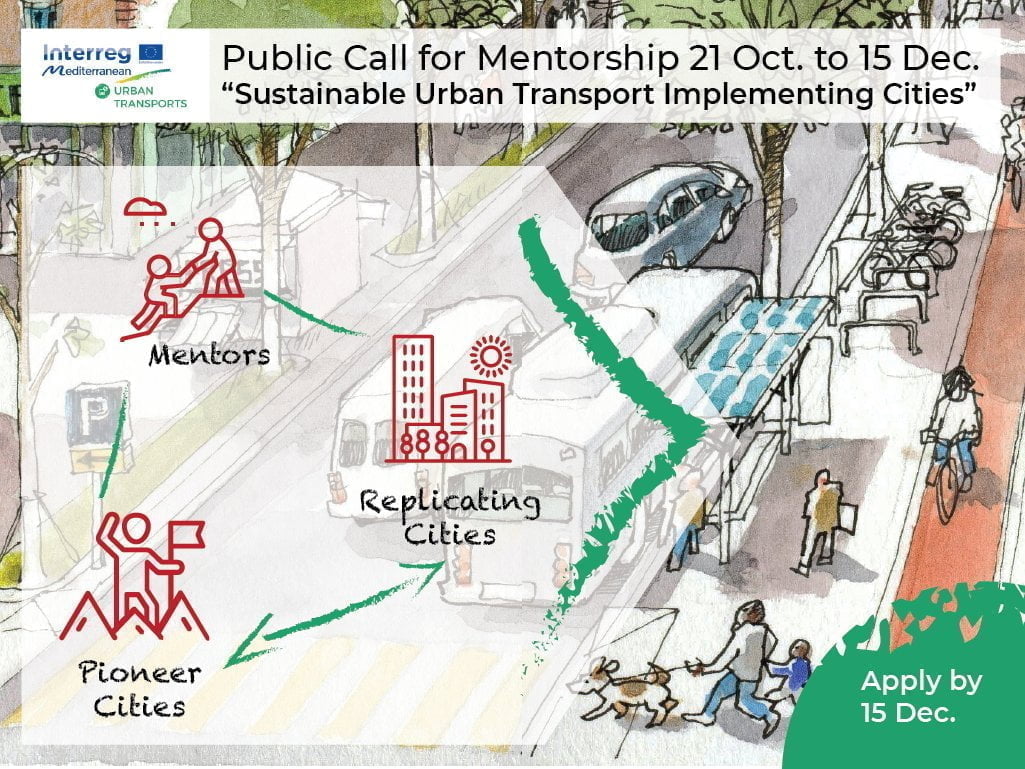
Apply for the Public Call for “Sustainable Urban Transport Implementing Cities”!
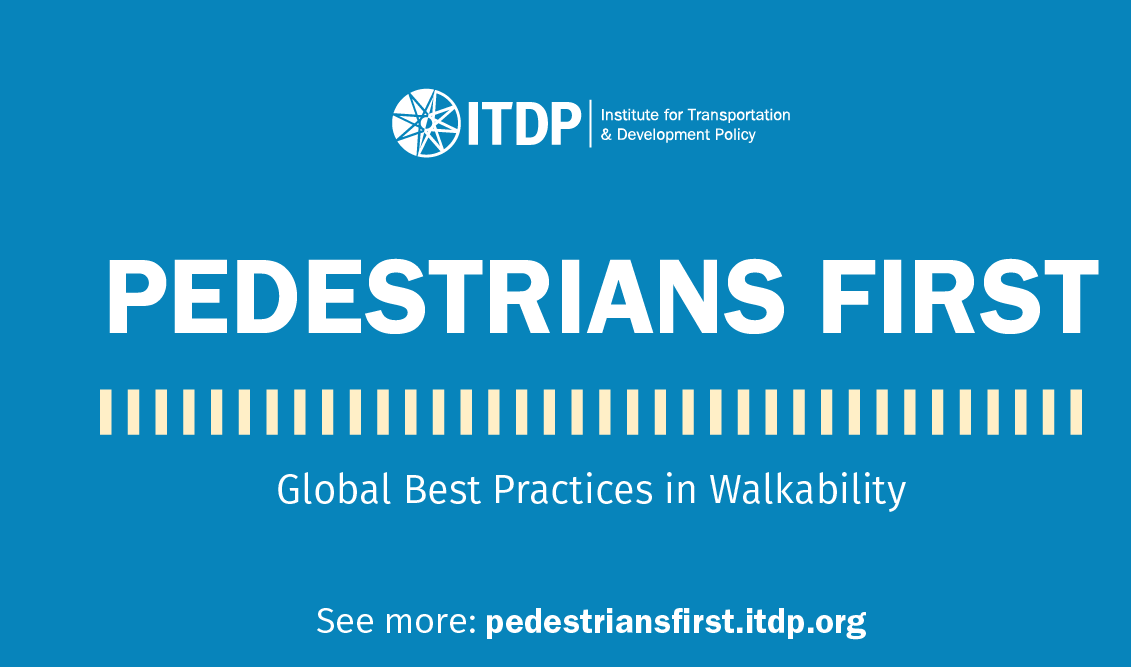
ITDP Tool provides Global Analysis of Walkability
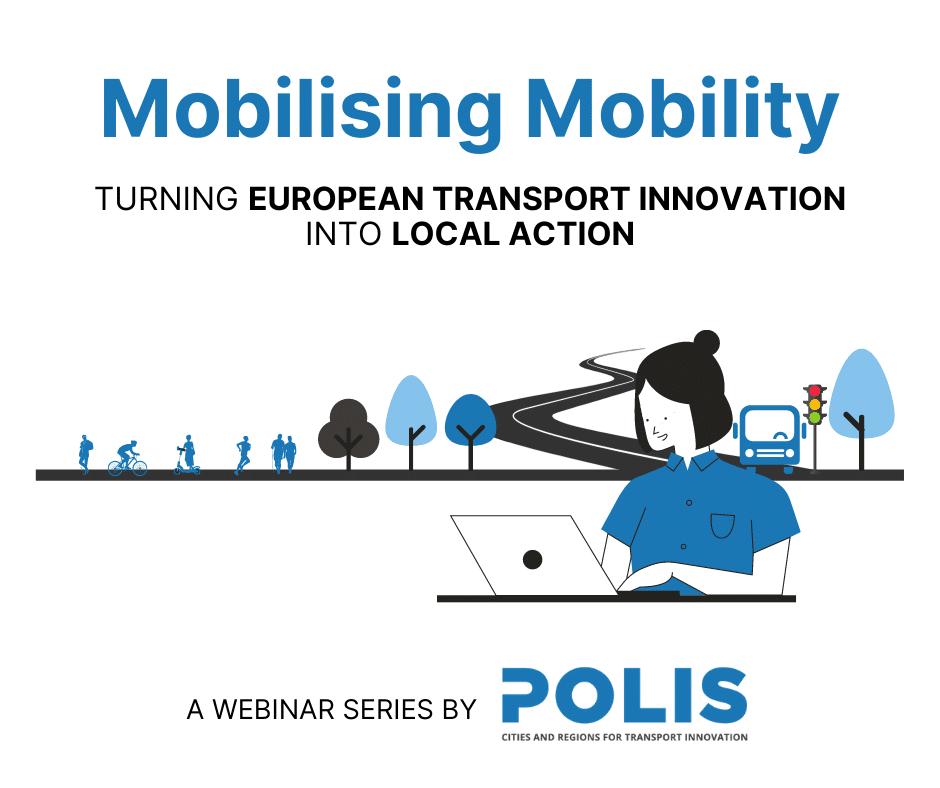
Mobilising Mobility Webinar Series: October
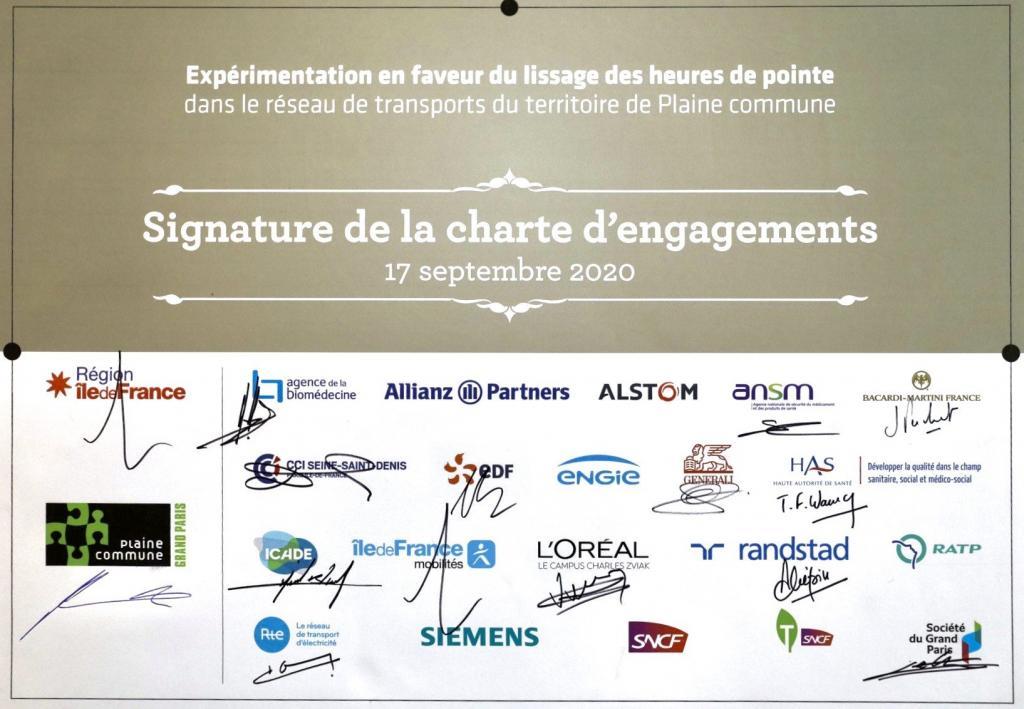
Île-de-France Region signs charter to reduce commuting during peak hours
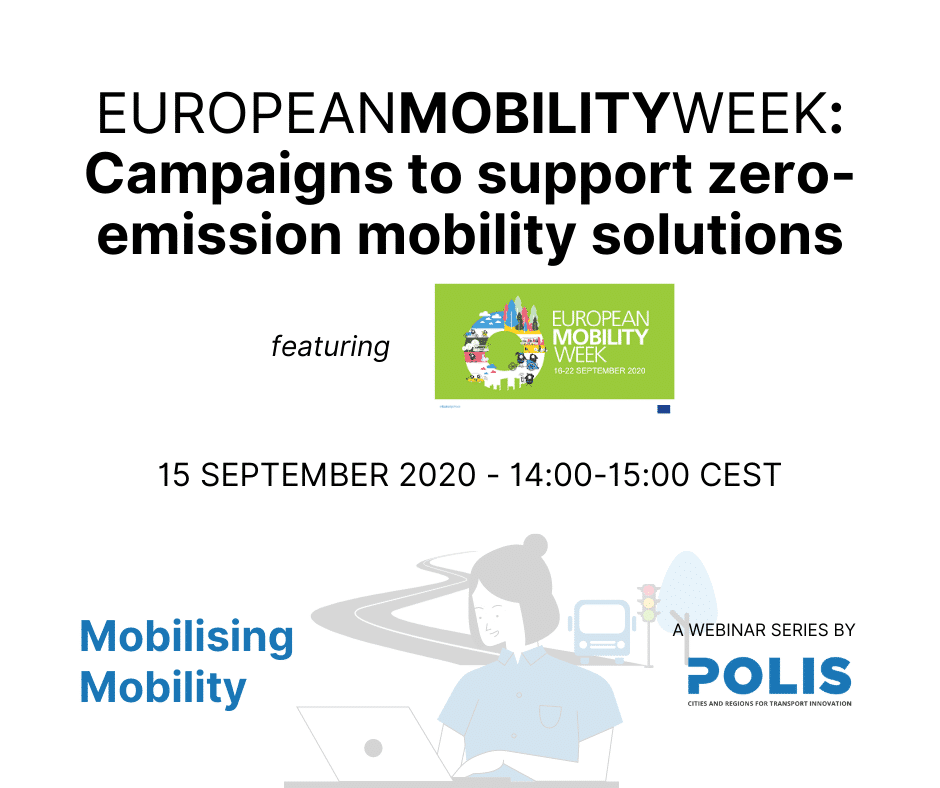
EUROPEANMOBILITYWEEK – Campaigns to support zero-emission mobility solutions – Webinar Report
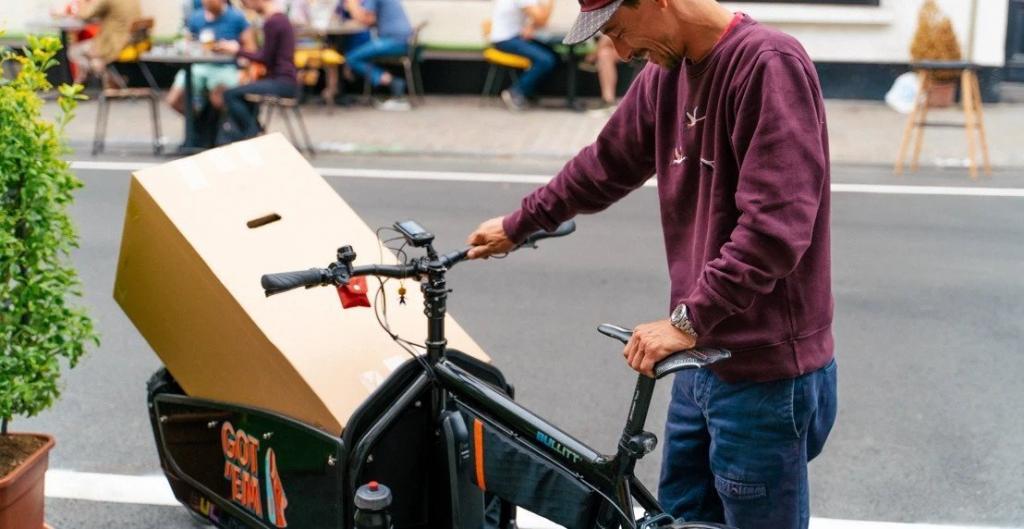
Brussels relies on cargo bikes to improve air quality
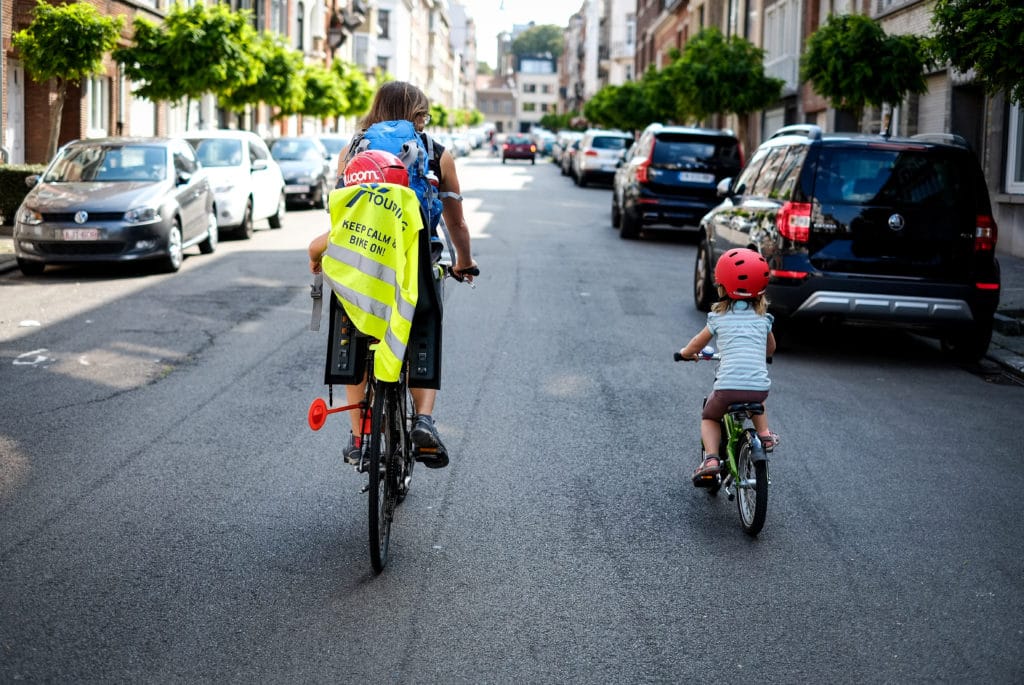
Salzburg University launches survey on cycling data
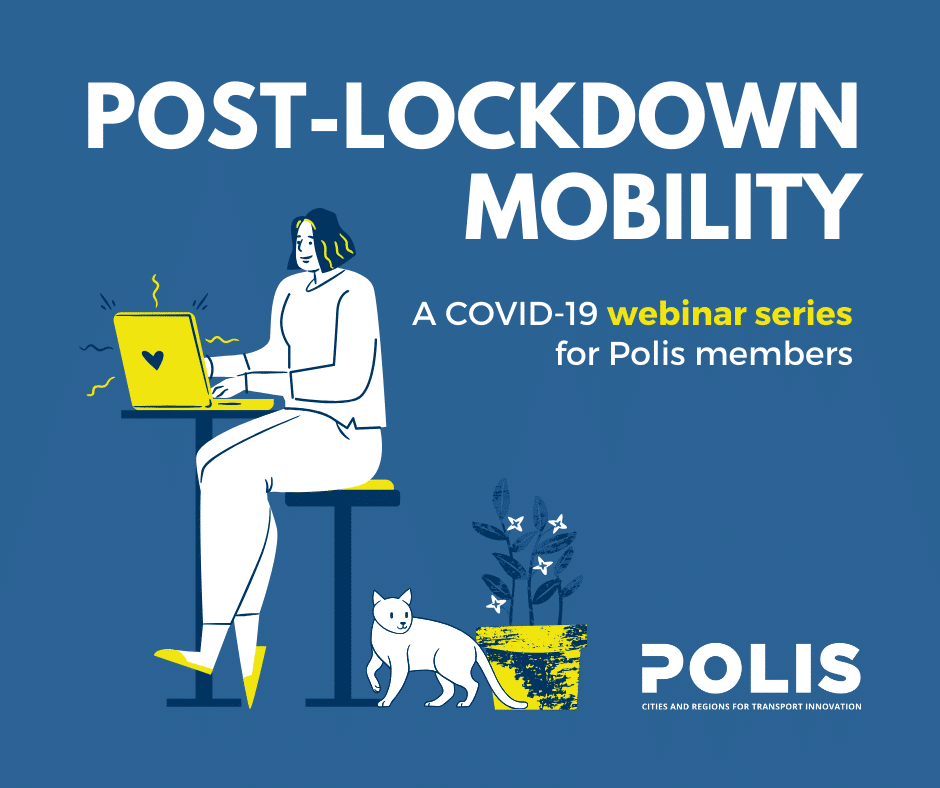
Post-Lockdown Mobility webinar report: Walk & Bike to School – planning ahead, now!
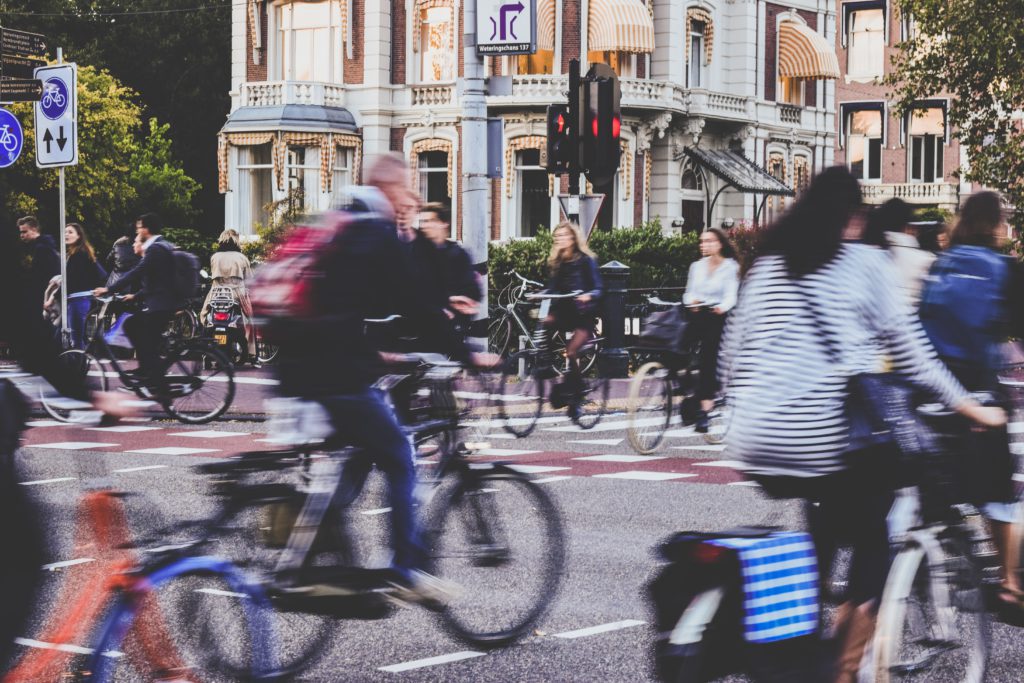
Post-Lockdown Mobility webinar report: Reallocation of space to promote active travel (2)

Post-Lockdown Mobility report: Reallocation of road space to promote active travel
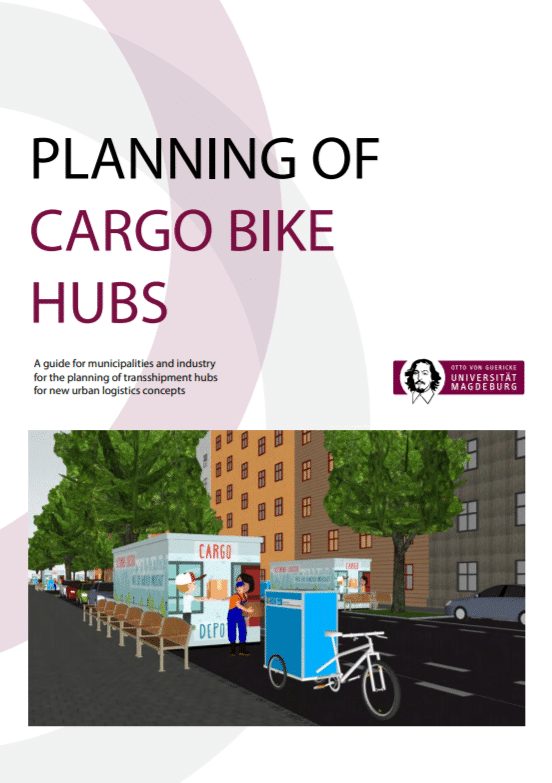
How to plan cargo bikes hubs for urban logistics?
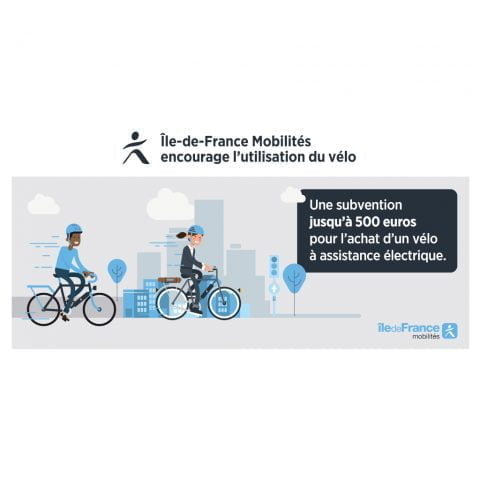
Île-de-France Mobilités offers 500 euros e-bike purchase incentive
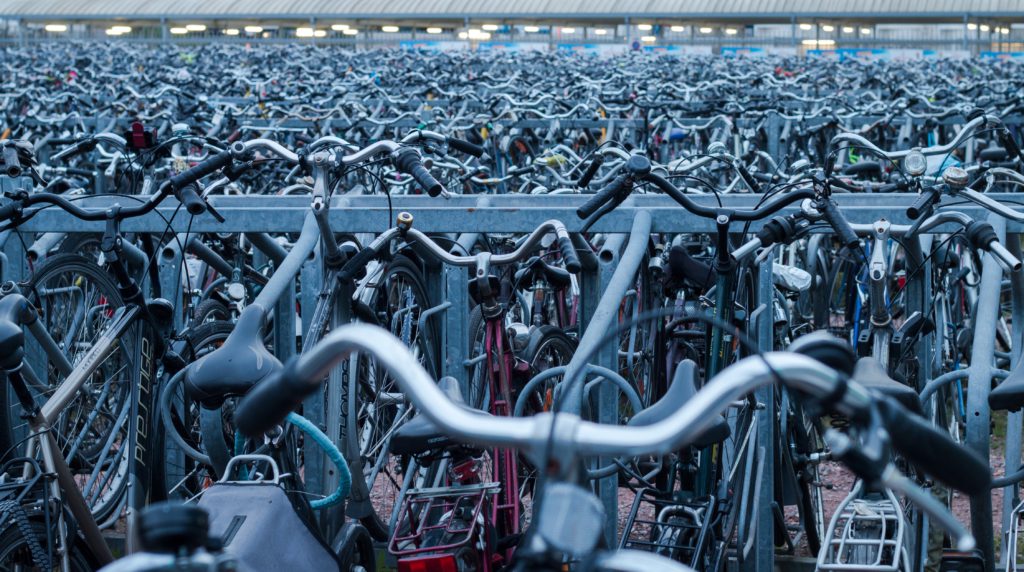
Ghent to build Europe’s largest bicycle parking
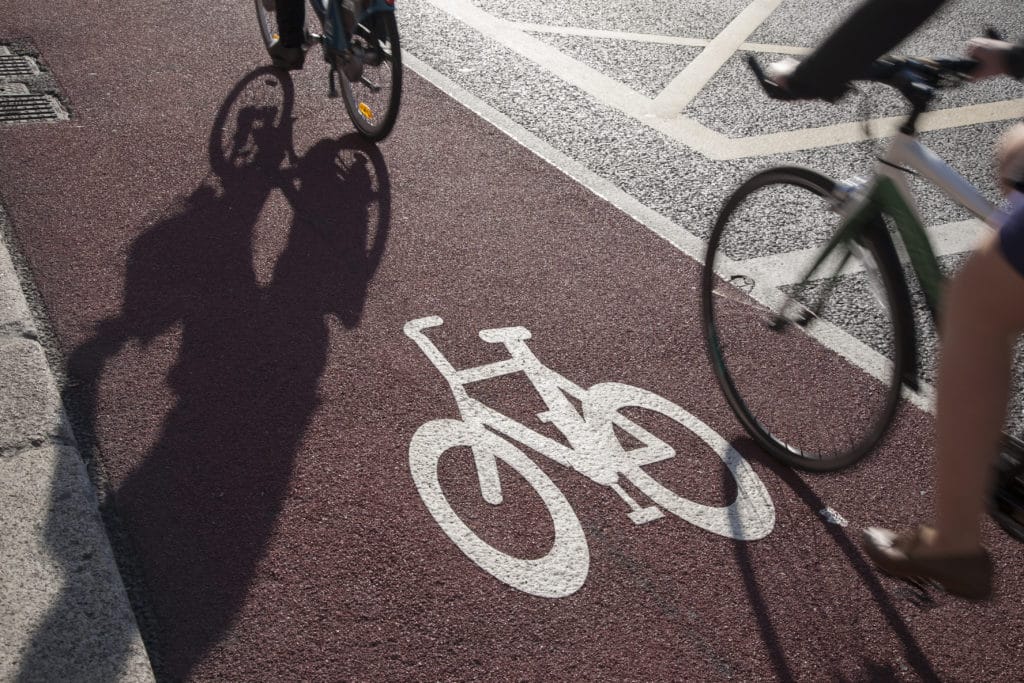
Dublin trials smart radar detectors to give cyclists longer green time at junctions
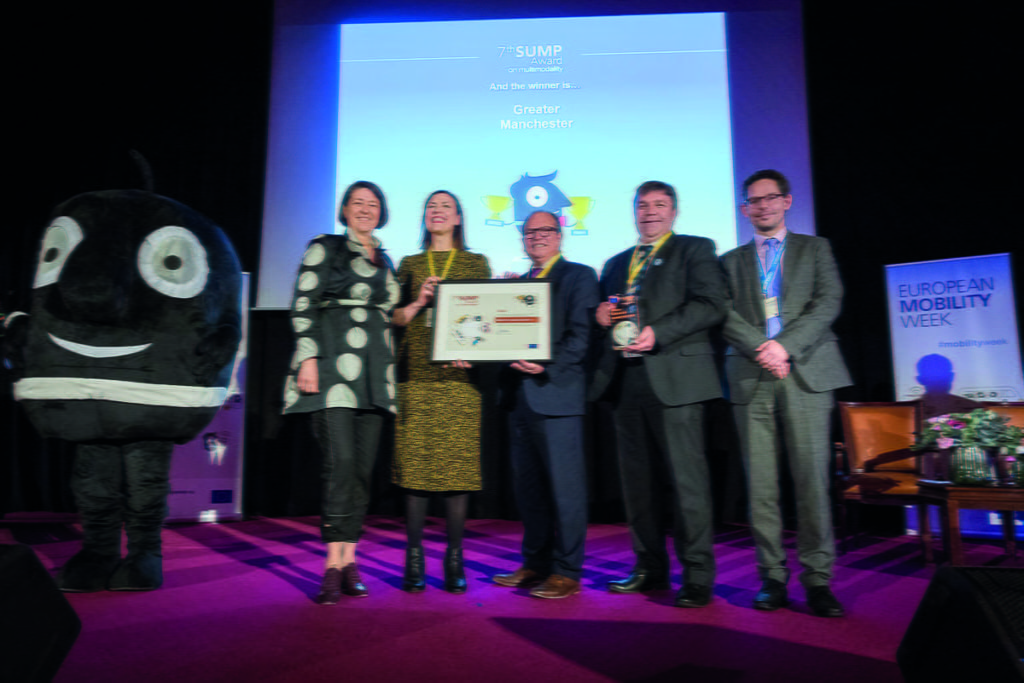
Apply for the 8th SUMP Award on Safe Walking and Cycling
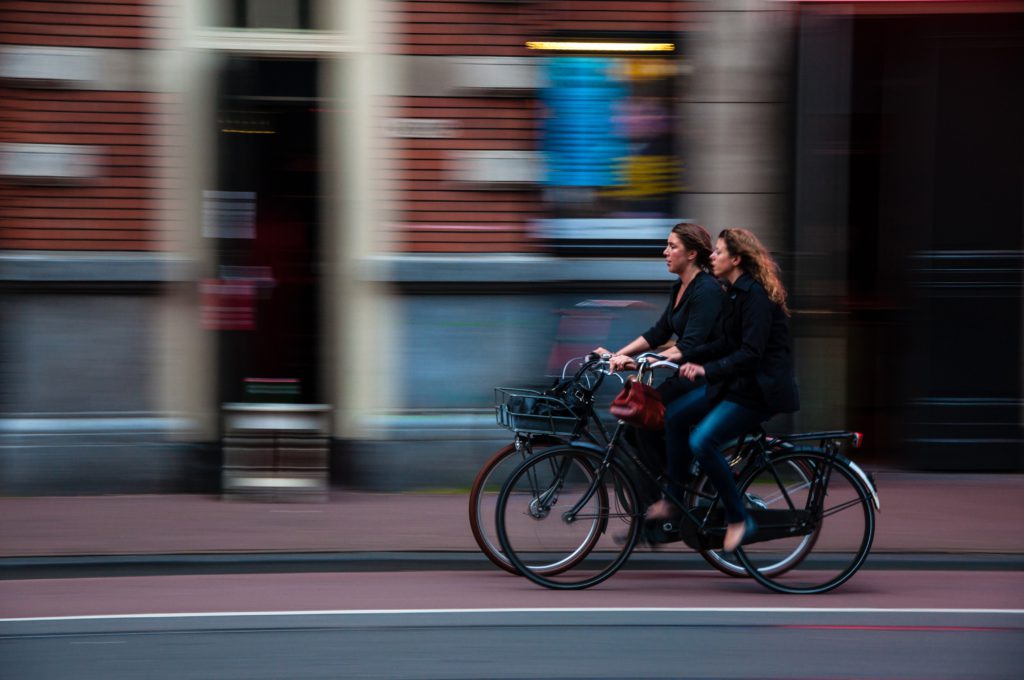
Velo-City 2020 cycling conference in Ljubljana launches call for abstracts
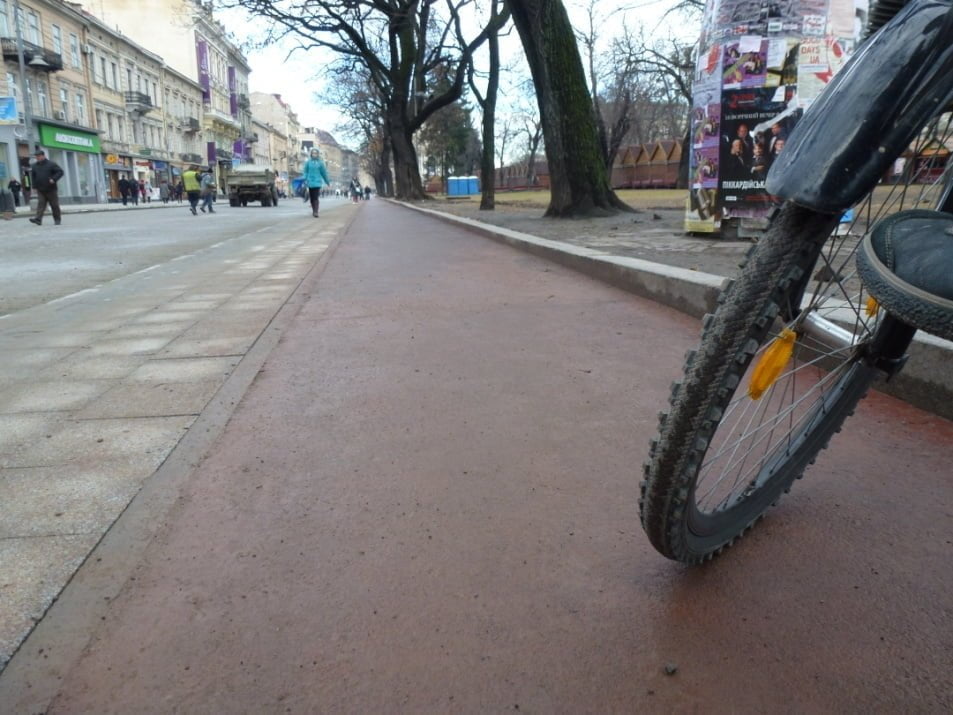
EU published new Guidance for Cycling Projects
Five sustainable urban mobility priorities for healthy and liveable cities
Results of the e-survey on users’ travel behaviour within the European project ISAAC
New knowledge to boost walking and cycling revealed
Polis cities exchange experience on active travel and road safety
Cycle Education – Get on yer bikes!

NACTO Shared-Micromobility in 2018 Report is now available!
CEDR Conference discusses Modal Choice in a Multimodal Transport System
Lisbon announced as host city of the next European edition of Velo-city 2021
New evidence to present the economic benefits of investment in walking and cycling
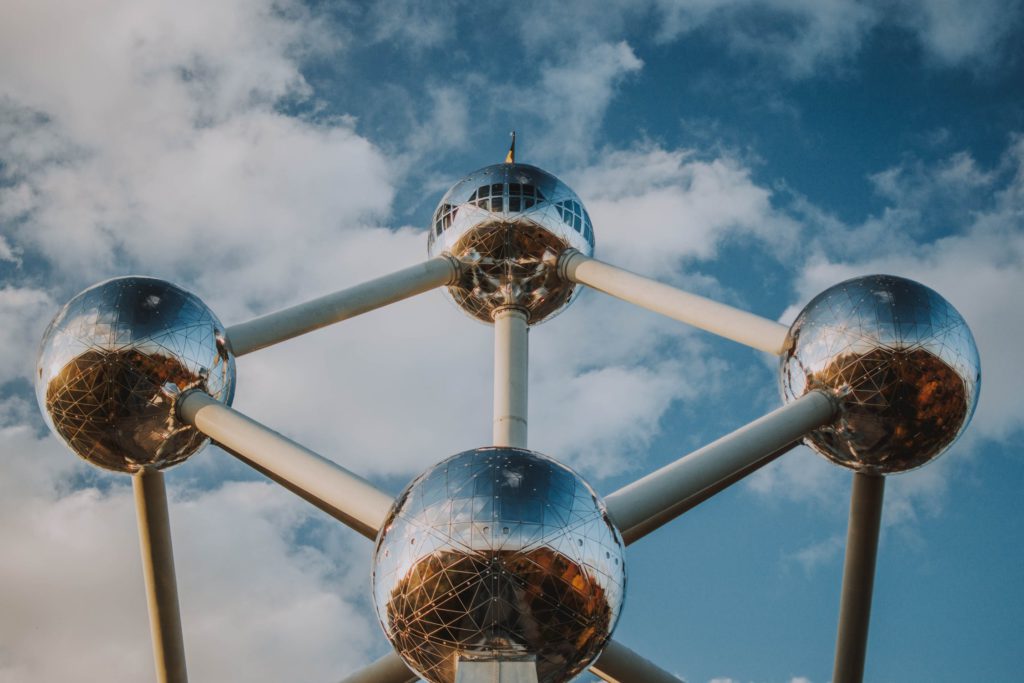
Upcoming Polis Working Group meetings in 2019
Call to join next round of SUMP Learning Programme extended to 31st January
Walk21 Conference in Rotterdam: call for contributions is open
Polis member Lisbon will host Velo-City in 2021
International speakers will discuss the city of the future in Arnhem
Sustrans announces plan for major overhaul of the National Cycle Network
New webtool “PedBikePlanner” launched at 2018 Polis Conference
Five Polis members guest speakers at first UCI Bike City Forum “Shaping the Future of Active Mobility” in Milan, on 14 November 2018
Polis member RSM (Mobility Agency city of Rome) to speak at UN and WHO event “Active mobility – Making the change towards a green and healthy urban transport environment, in Rimini on 9 November 2018
Does building new roads reduce congestion? Polis member Sustrans contributes to the “Transport Fit for Future Generations” report.
Road safety for pedestrians and cyclists will be elaborated at several events in Barcelona
7th SUMP Award: Submit your application until 1 October!
Great interest into Ile-de-France’s public call for cycling projects in the region
Five weeks left to apply for the European Green Capital and Green Leaf Awards!
Velo-city 2019 Dublin opens Call for Abstracts with theme ‘Cycling for the Ages’!
Cycling is the urban transport mode associated with the greatest health benefits
Become a Local Coordinator of the new Social Biking Challenge this September!
New release: Two reports on the Safety of Bike Share Systems and E-Bikes in The Netherlands
Draft programme of 2018 Polis Conference released
European cities can tackle the overweight and obesity epidemic by promoting cycling
TRACE Toolkit. Guidelines and recommendations on tracking walking & cycling
Velo-City 2018 Ends in Rio after Four Days of Talks on Cycling
How can we boost SUMP take-up across Europe?
EUROPEAN MOBILITY WEEK 2018: Registration now open
“Are We Nearly There Yet?” Exploring Gender and Active Travel
How Cities across Europe Beat Road Congestion
HEAT User’s Guide Now Available in French and German
How to reduce traffic injuries whilst promoting active travel?
Registration is open for the Decongesting Europe Conference
“Decongesting Europe: New approaches to freeing our cities”, FLOW and TRACE final conference – Brussels 13-14 March 2018
Bikeable City Masterclass – Learn from the Danish Cycling Culture on May 14-18, 2018
European Cities Could Avoid up to 10,000 Premature Deaths by Expanding Cycling Networks
FLOW and TRACE projects event will ask how walking and cycling can help reduce congestion (13-14 March 2018)
Integrating health in transport: Handbook of good practice for walking and cycling promotion & policy recommendations
Sustrans’ ‘Fit for Life’ report on Connect2 programme was cited by United Nations Environment
New Bike Life reports: The UK’s biggest assessment of cycling in seven major cities
Two new tools for implementing the Healthy Streets Approach
How do decision makers think about and approach congestion reduction in their cities?
FLOW project: register now for upcoming e-Learning opportunities!
New Health economic assessment tool (HEAT) for walking and cycling released!
FLOW project last webinar and eLearning course: 08 November 2017, 14:00-15:30 CET
Free webinar on the Health economic assessment tool (HEAT) for walking and cycling, 06 November 2017
International Cycling conference & PASTA project Final event: Presentations now available
Polis members of working group on bike sharing met in Manchester to take a closer look at the first free-floating bike scheme launched in a major European city
How walking and cycling reduce congestion in two minutes: watch the new FLOW video!
Milan and Florence launch free floating bicycles
Polis working group meeting on health and transport, 18-19 October 2017 in Paris
European Mobility Week 2017: Time to register
Free floating bikes arrive to Brussels
London’s first dockless hire bike scheme launches
Polis member Brussels launches “BikeForBrussels”
Promising results of Leuven’s new circulation plan
2017 Polis Conference: Programme launched and registrations open!
EUROPEAN MOBILITY WEEK Webinar for Small Cities
Mobike launches dockeless bikes in Manchester
Île-de-France Mobilités is set to launch an electric bicycle service with a long-term lease
How walking and cycling reduce congestion: FLOW Quick Facts published in 7 languages
A EU Cycling Strategy: Handover to EU Commissioner for Transport
FLOW project provides webinars, e-courses and market catalogue
Polis and Polis members contributing to upcoming Velo-city cycling conference
New FLOW project publication on the impact of walking and cycling on urban road performance
TRACE project: report of 2nd Take-Up Group meeting, Brussels 02 February 2017
Behaviour change campaigns for cycling promotion: some lessons from the European Bike2Work project
2017 Velo-city Conference: Early bird deadline – 28 February. Register now!
Brussels: terror attacks make people to cycle more
FLOW e-course is now open: discover how to join the learning platform!
European Cycling Challenge 2017: Info session webinar on 16 February, 15:00 CET
TRACE Newsletter – January 2017 released
Final conference of the BiTiBi project, 7 March 2017 Utrecht
Video clip “Rotterdam, new cycling capital in the Netherlands”
- Related Events
- Related Documents
- Related Projects
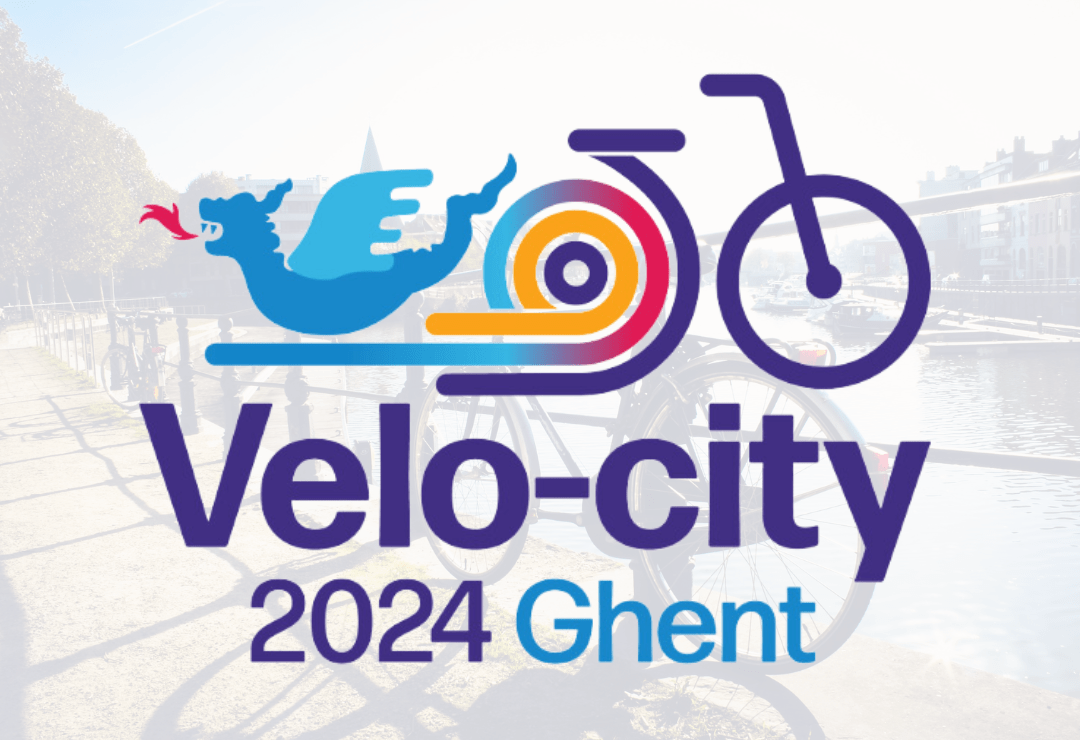
Velo-city 2024
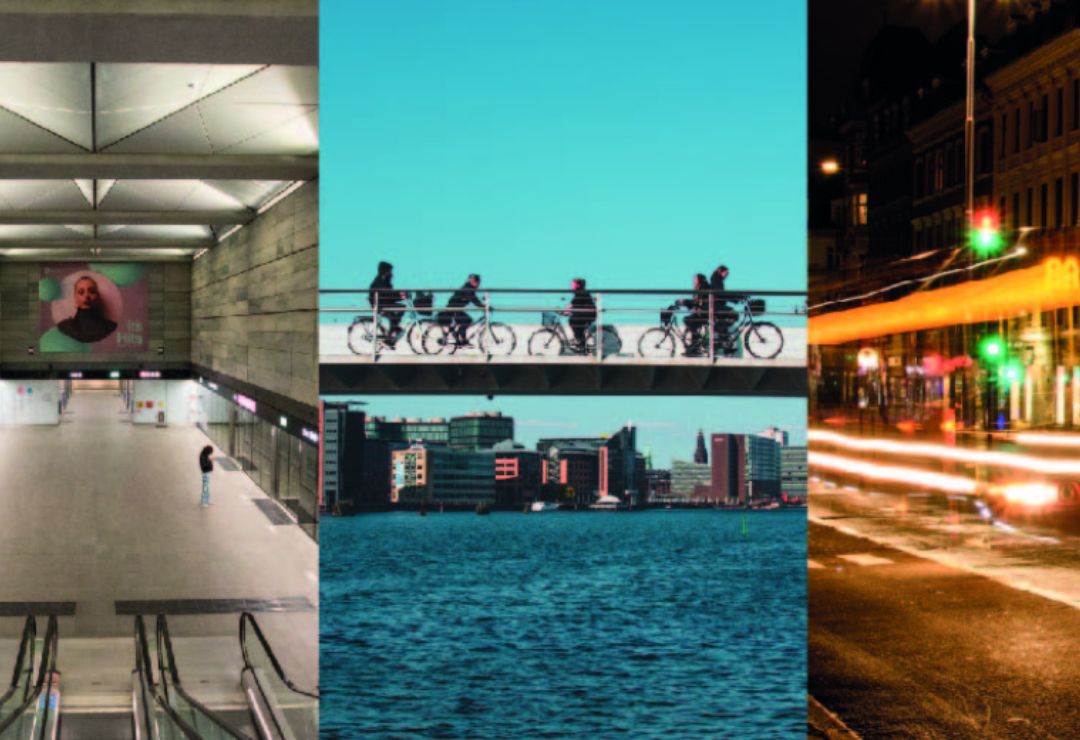
EASIER Final Conference
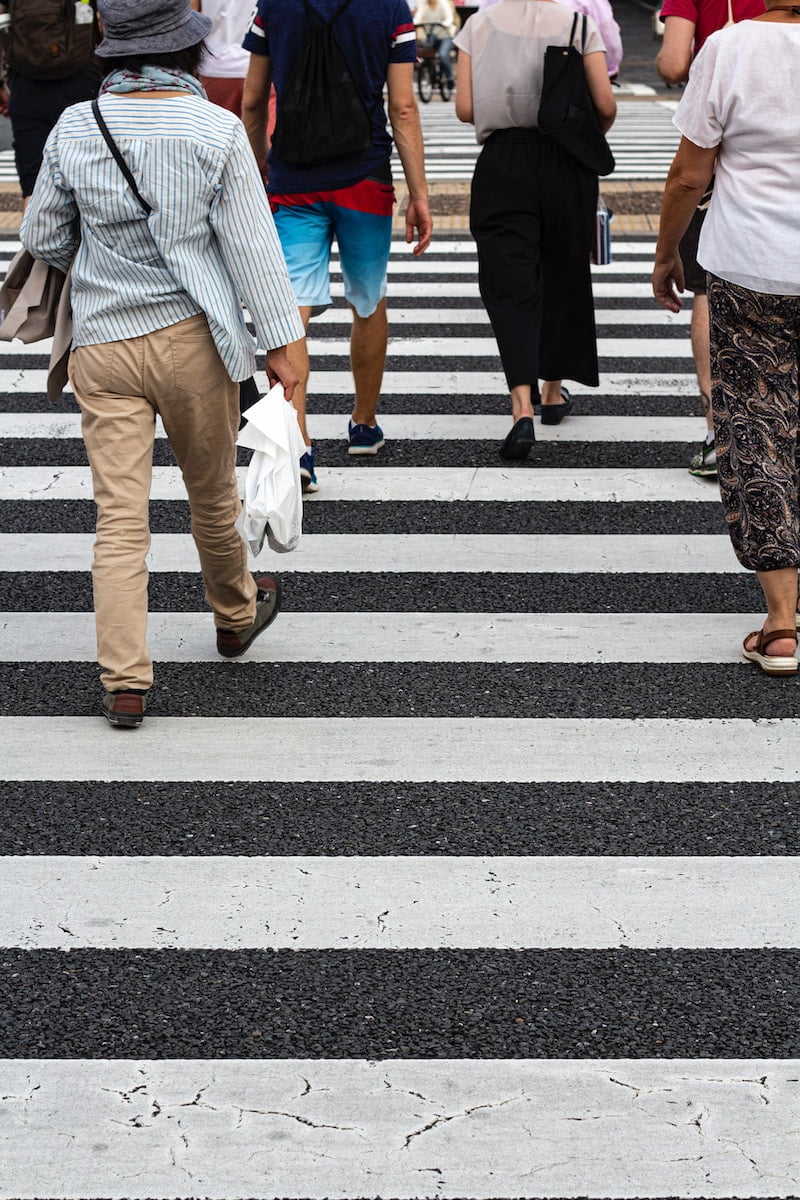
The 15-minute City: From concept to practice
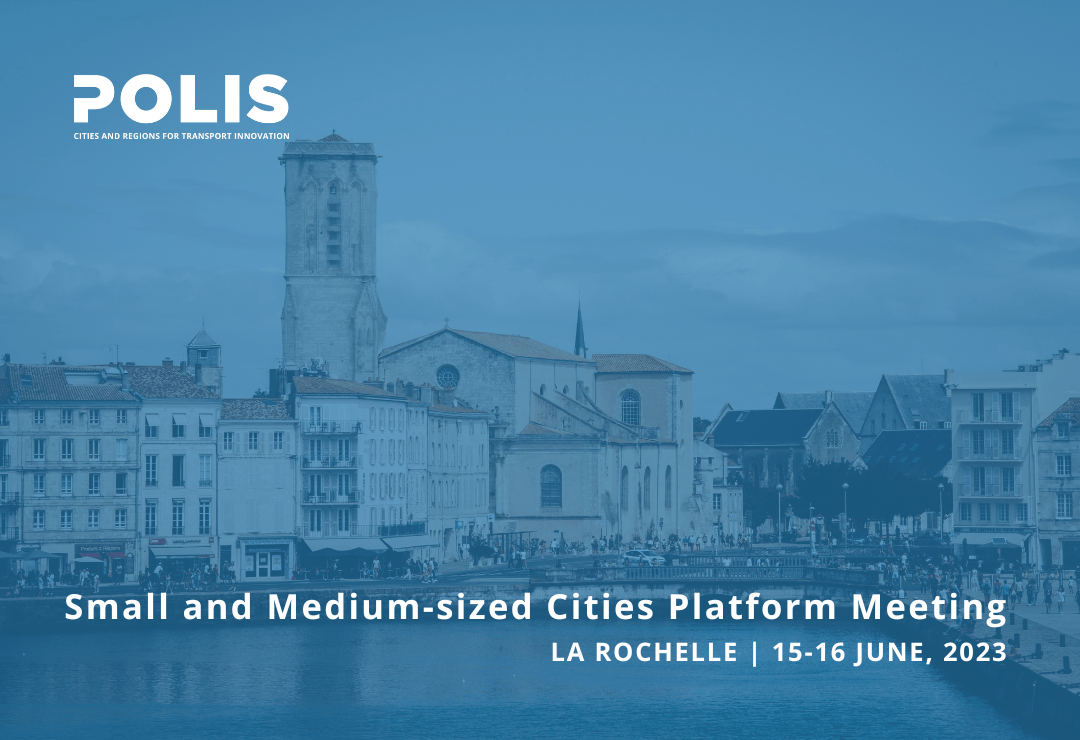
Small & Medium-Sized City Meeting: La Rochelle
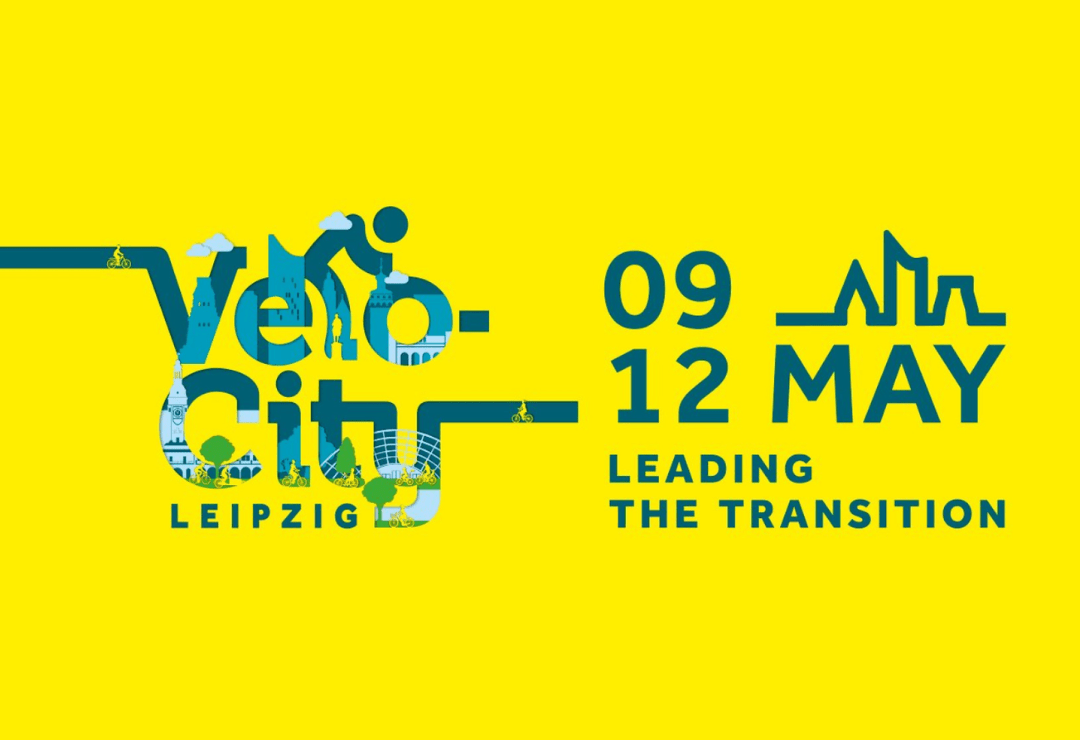
Velo-city 2023
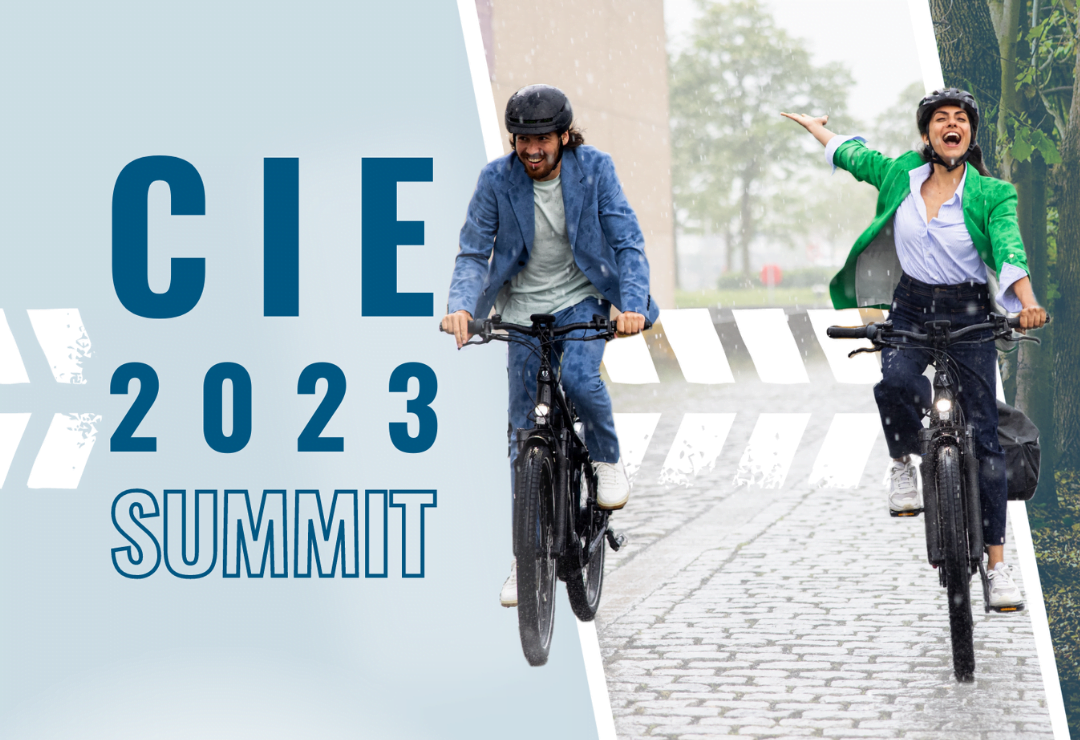
Cycling Industries Europe (CIE) Summit 2023
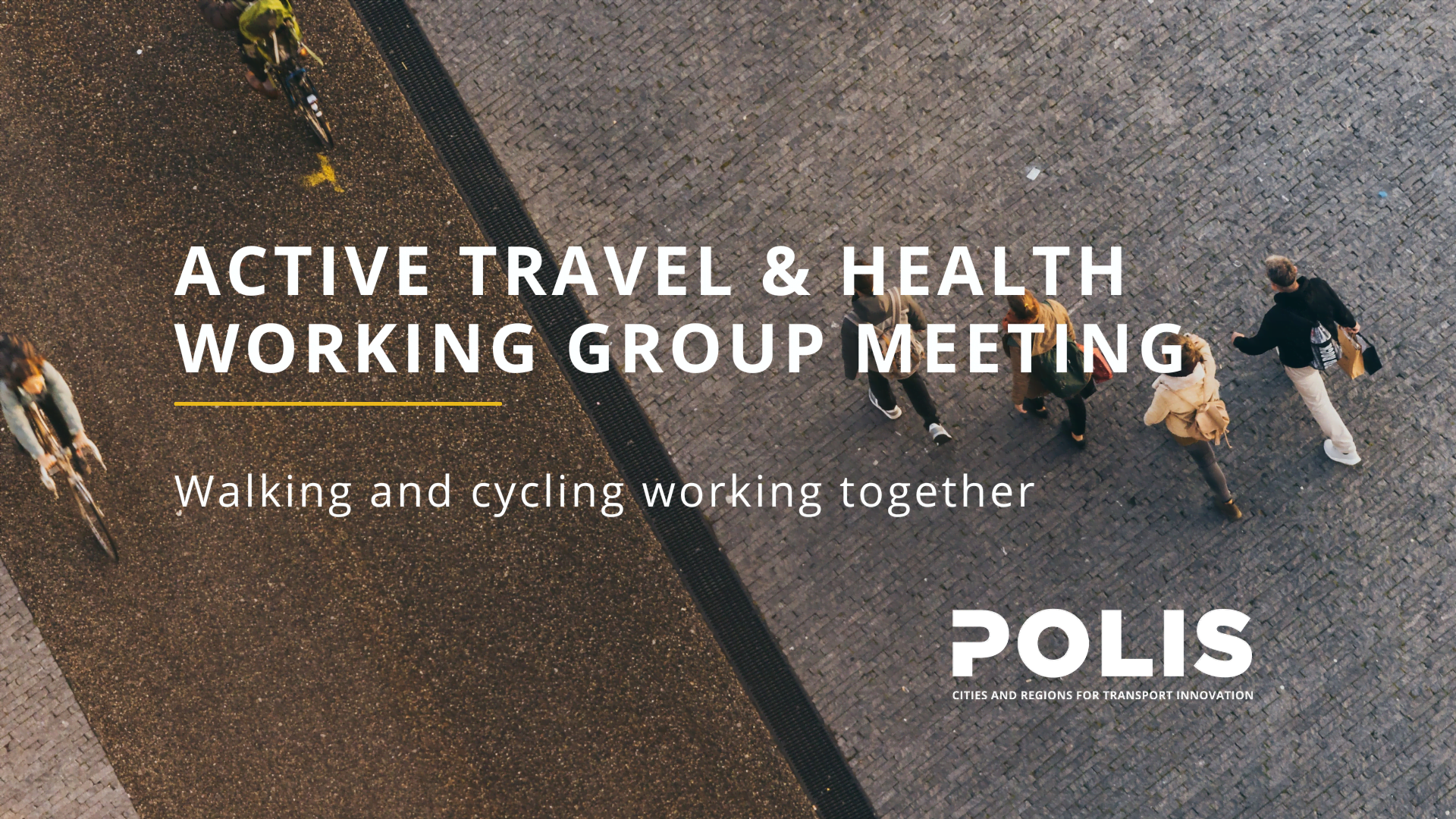
Active Travel & Health Working Group: Cycling and walking conquering territory together
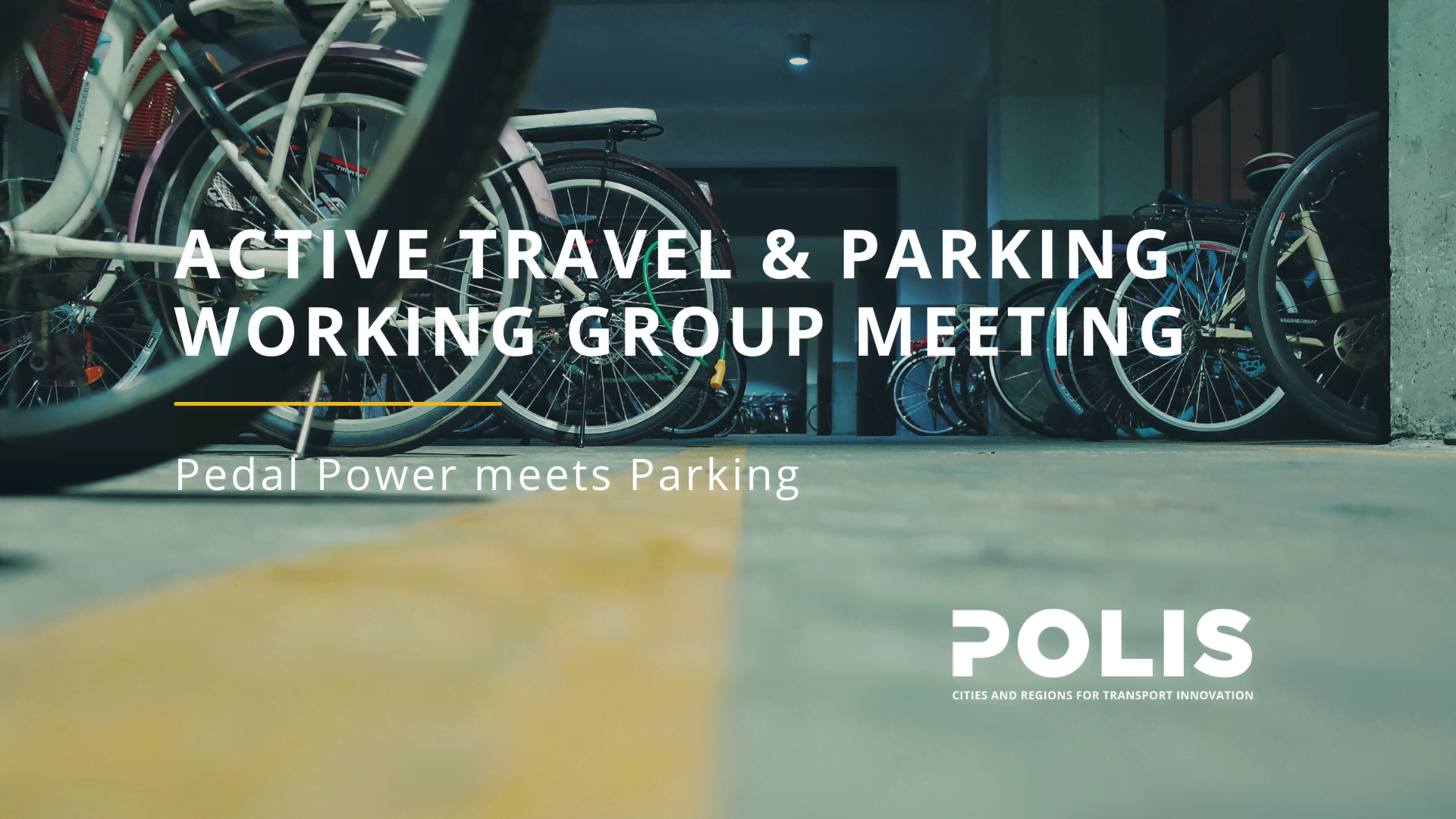
Joint Active Travel & Parking Work Group meeting: Pedal Power meets Parking
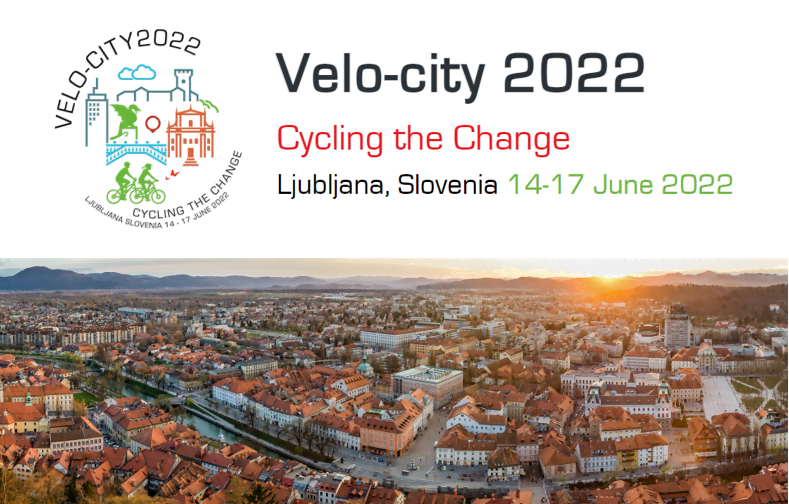
Velo-City 2022
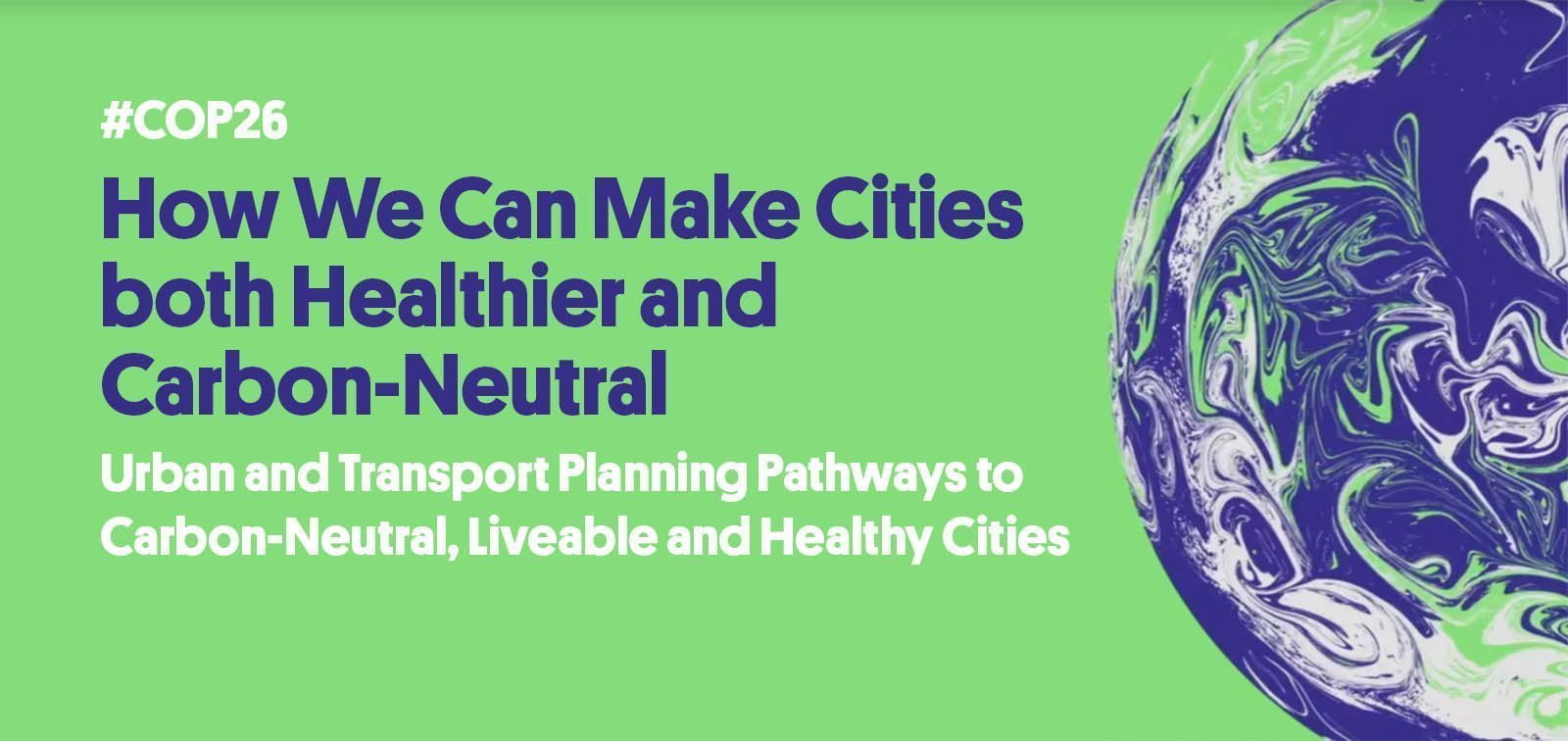
COP26 Side event: How We Can Make Cities both Healthier and Carbon-Neutral
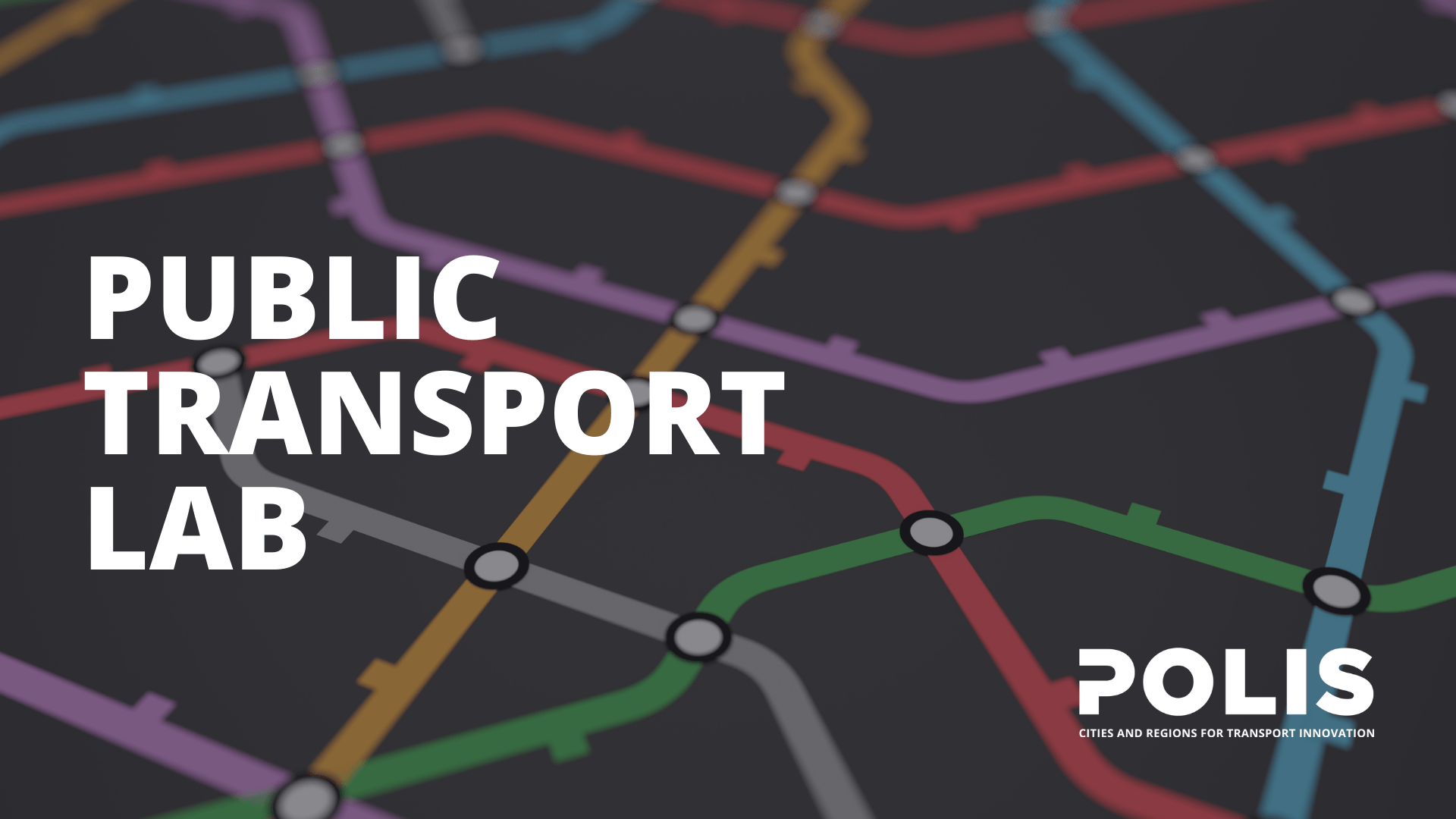
Public Transport Lab: Integrating urban design and infrastructure to accommodate public transport
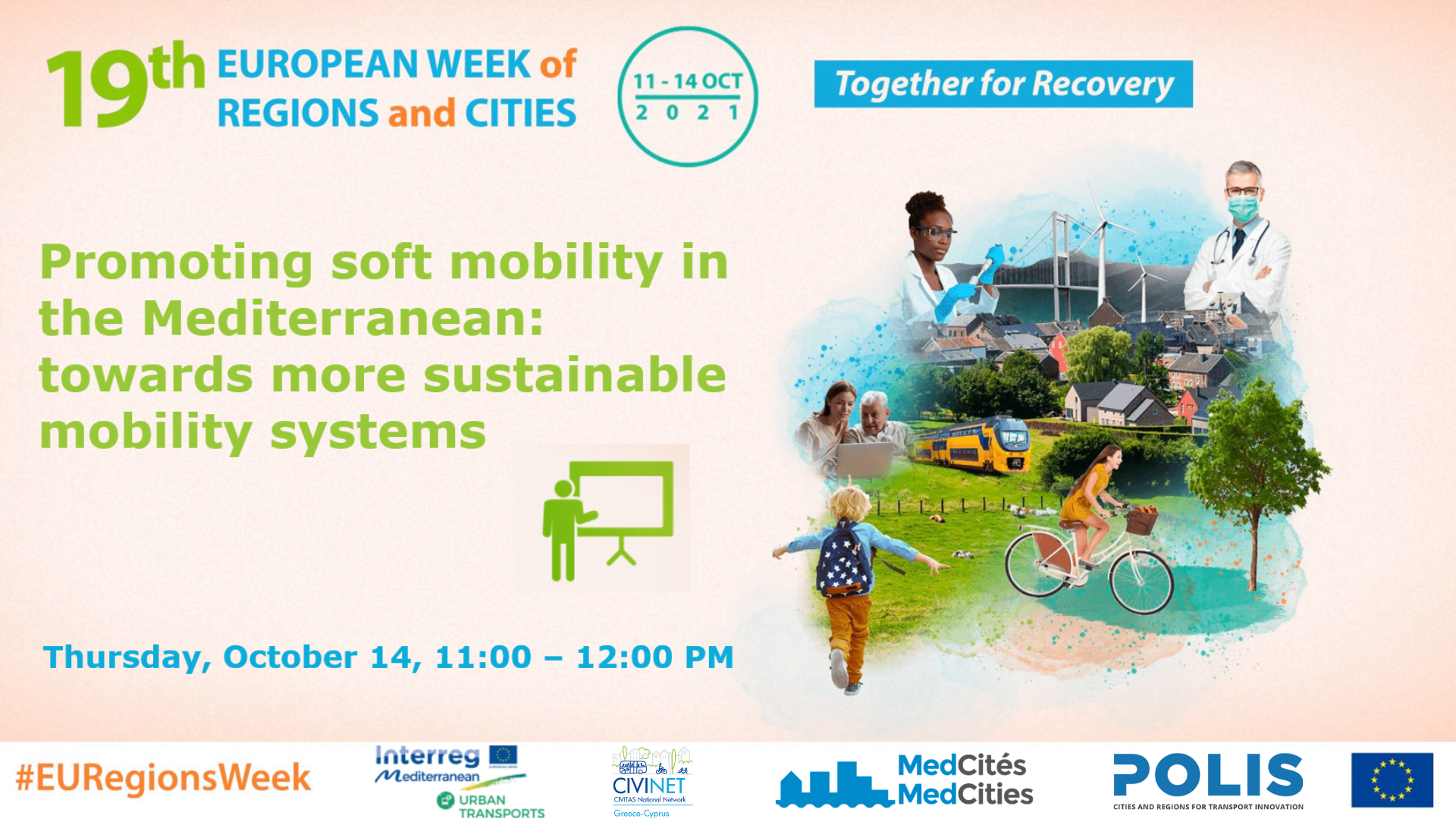
Promoting soft mobility in the Mediterranean: towards more sustainable mobility systems
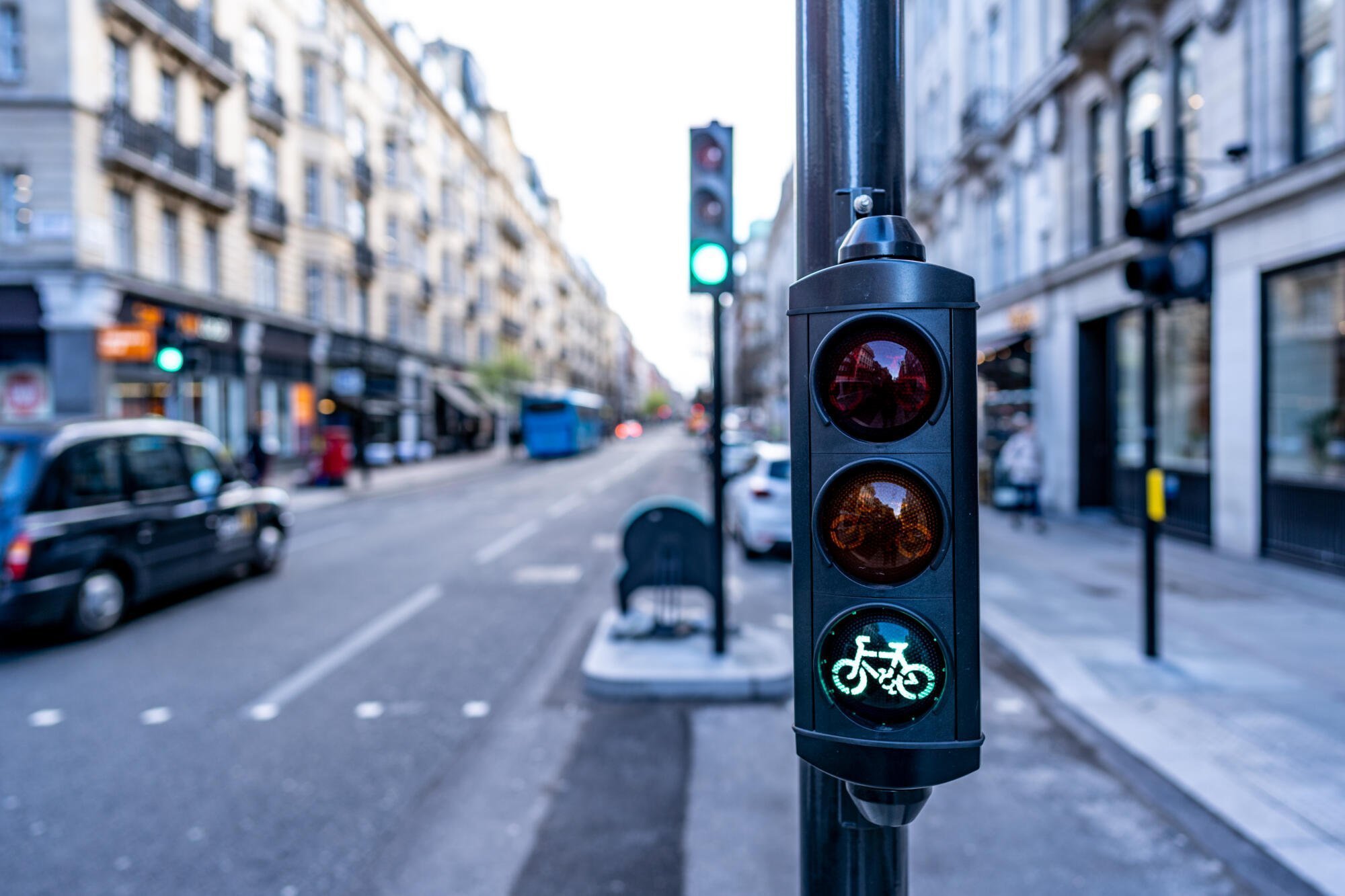
Cycling cities webinar series: Cost-benefit comparisons of bicycles vs cars
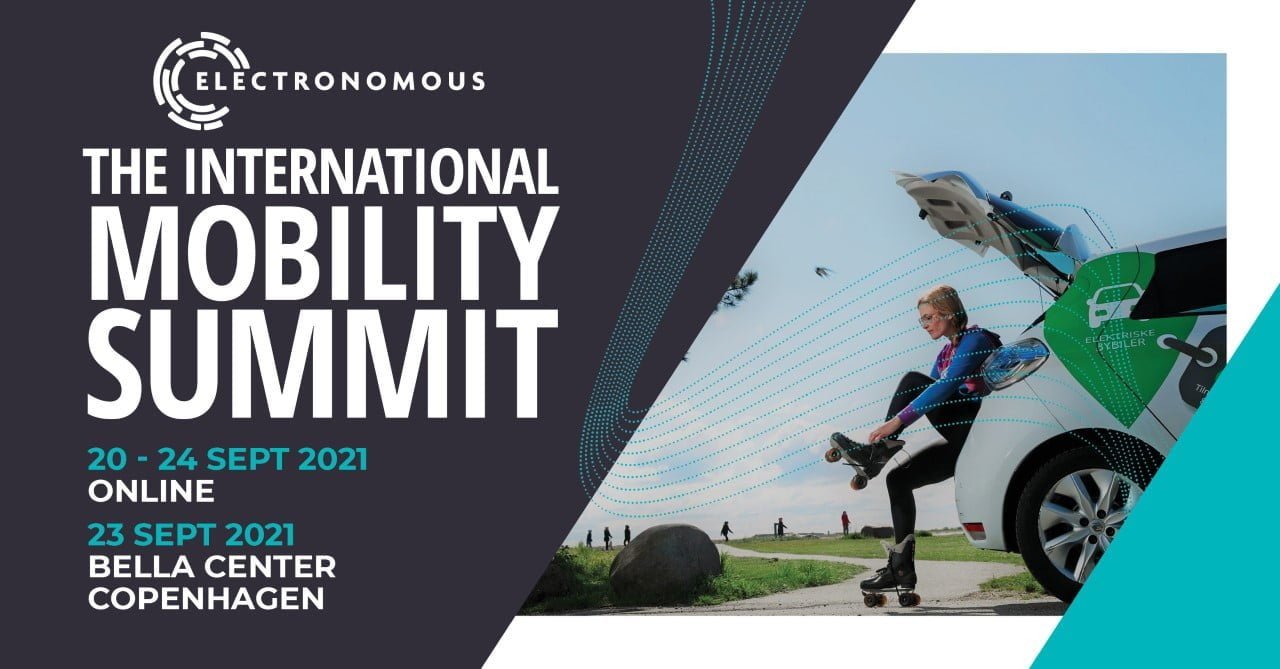
Electronomous: Active Travel and Micromobility, one happy family?
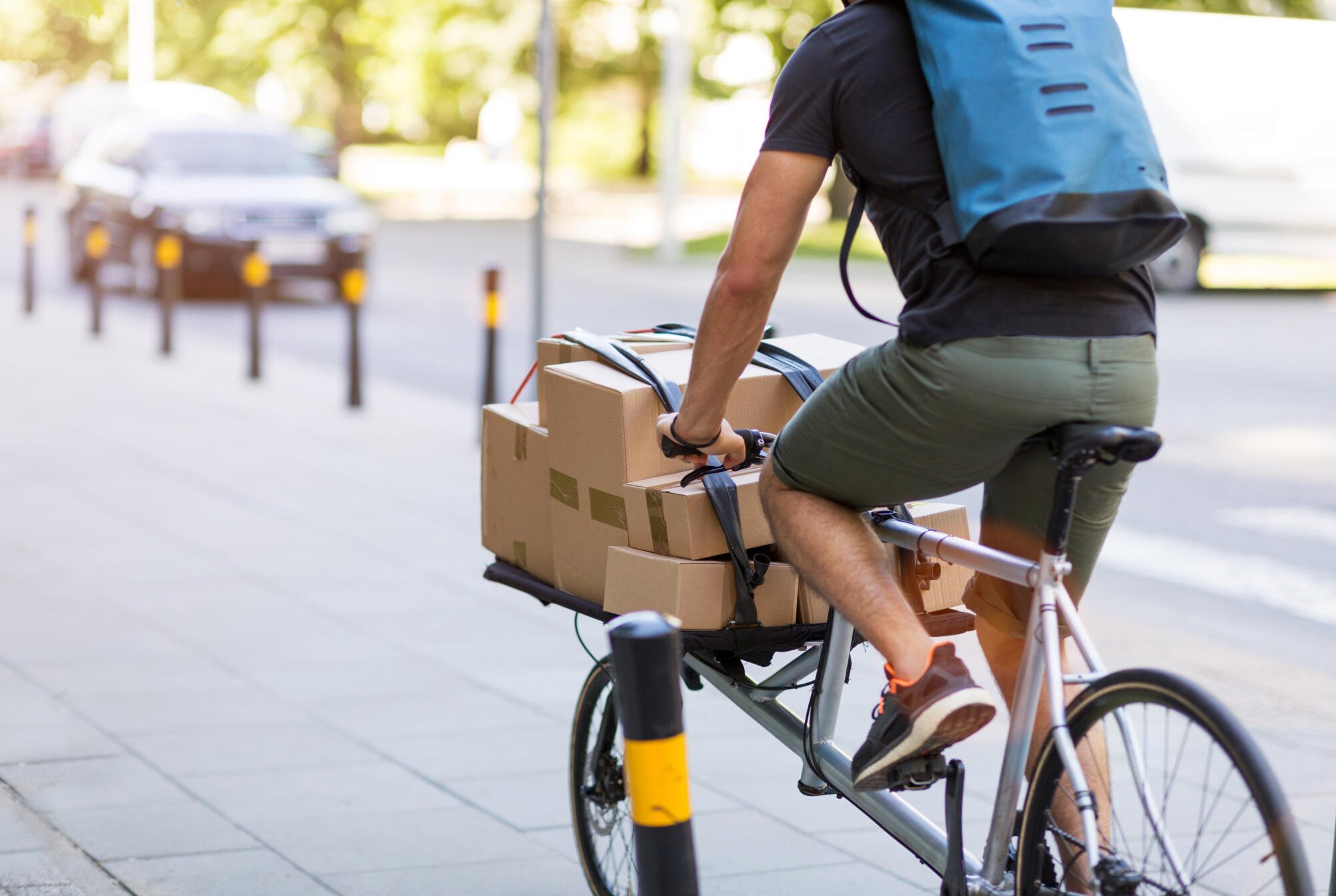
Cycling cities Webinar series: Cargo bikes for the last mile
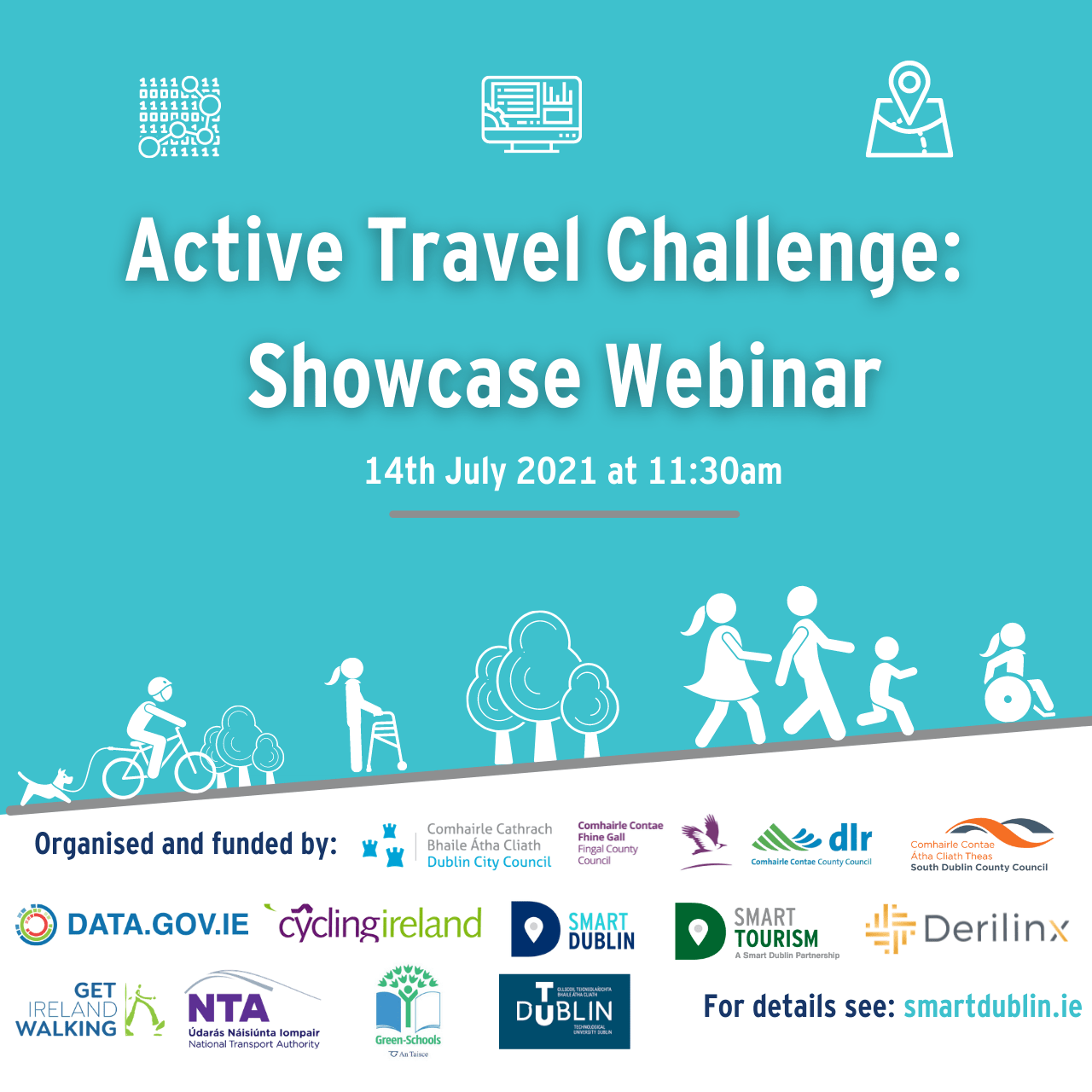
Active Travel Challenge: Showcase Webinar
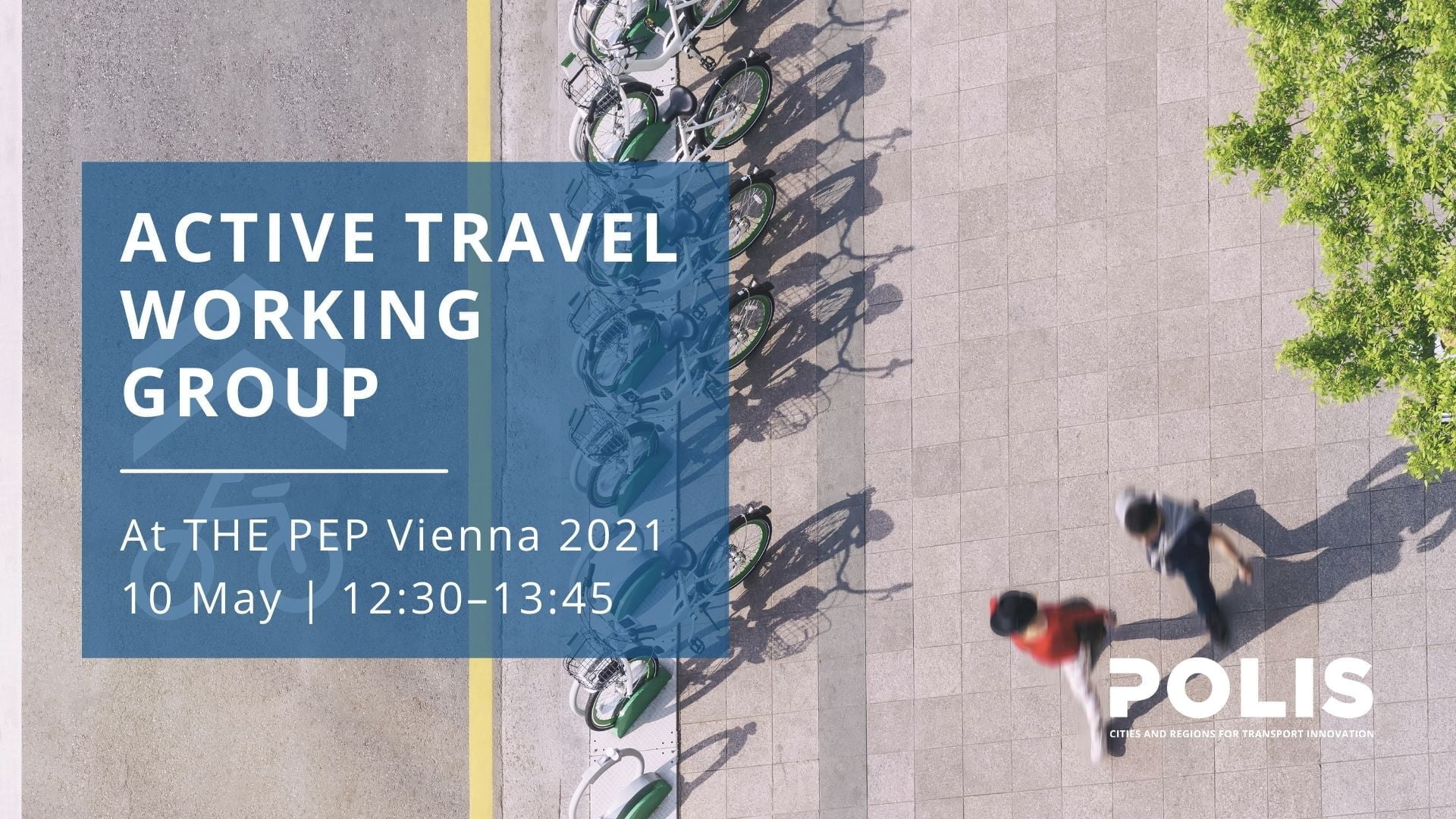
POLIS at THE PEP: Reallocating space towards permanent infrastructure for active travel
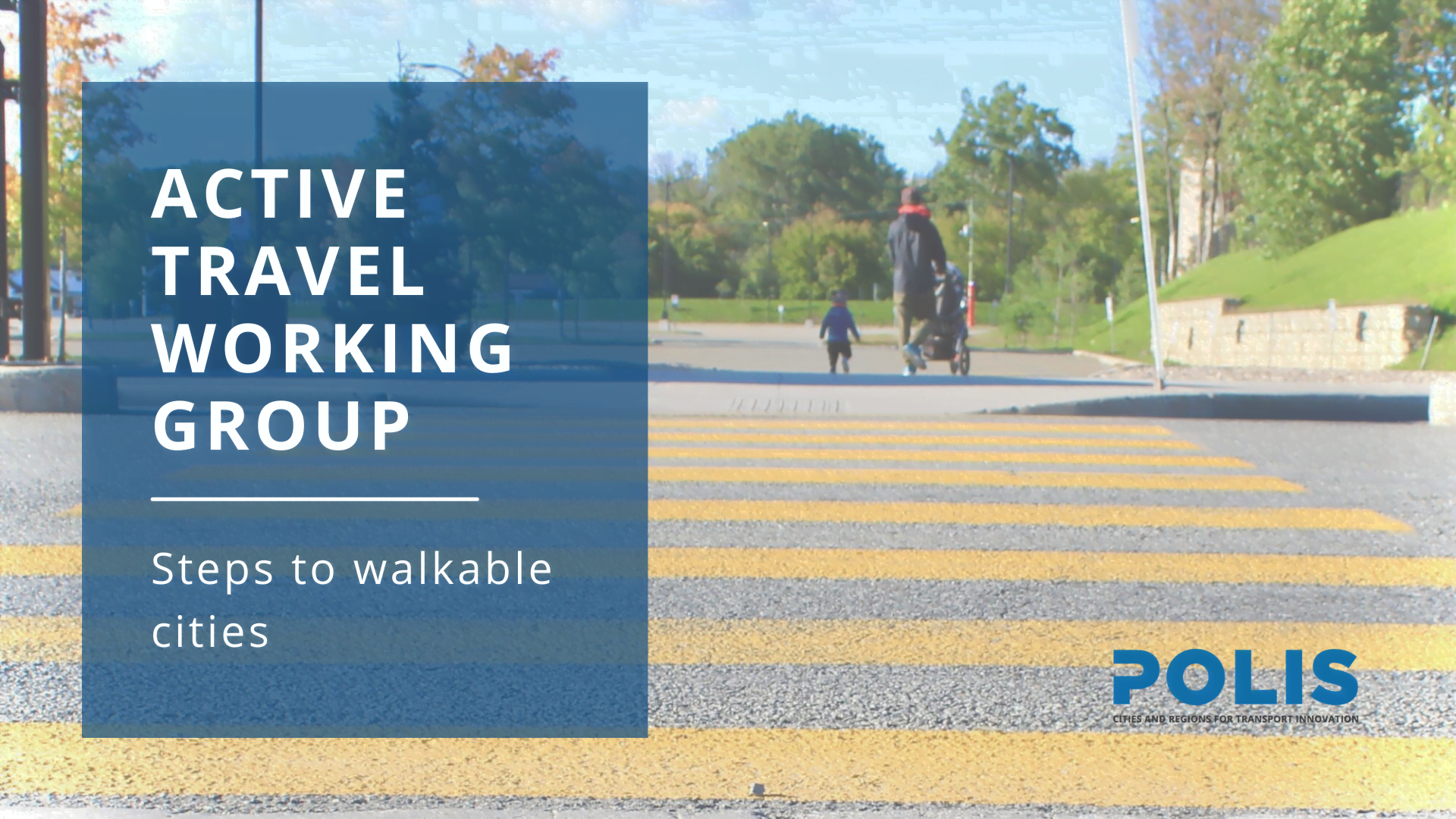
Active Travel Working Group meeting: Steps to Walkable Cities
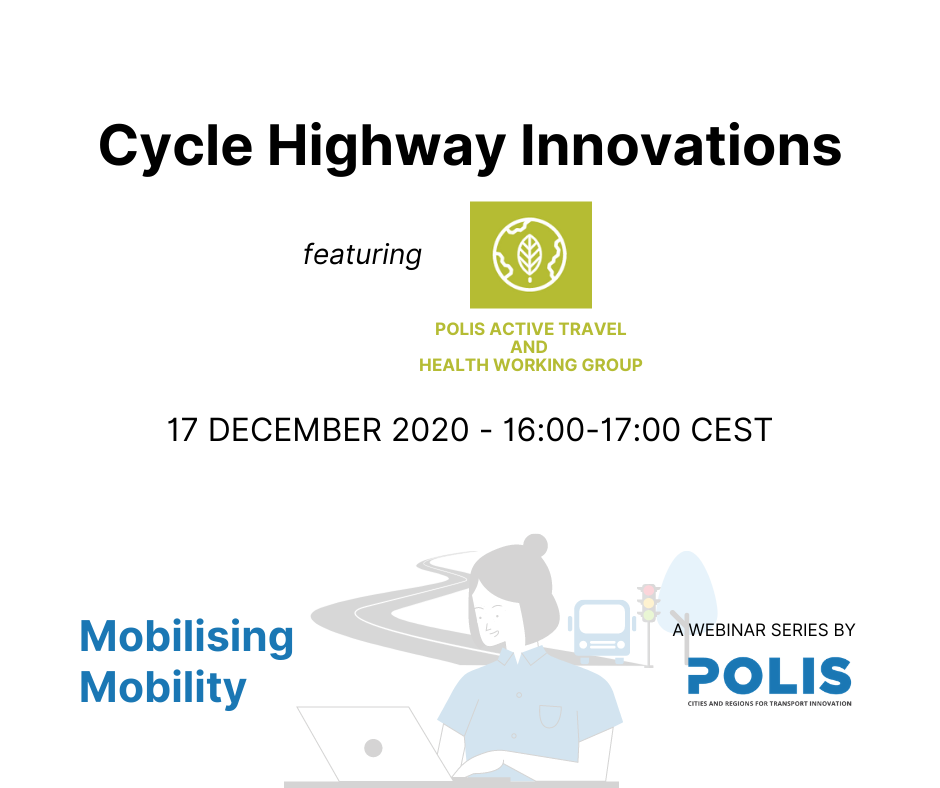
Mobilising Mobility: Cycle Highway Innovations
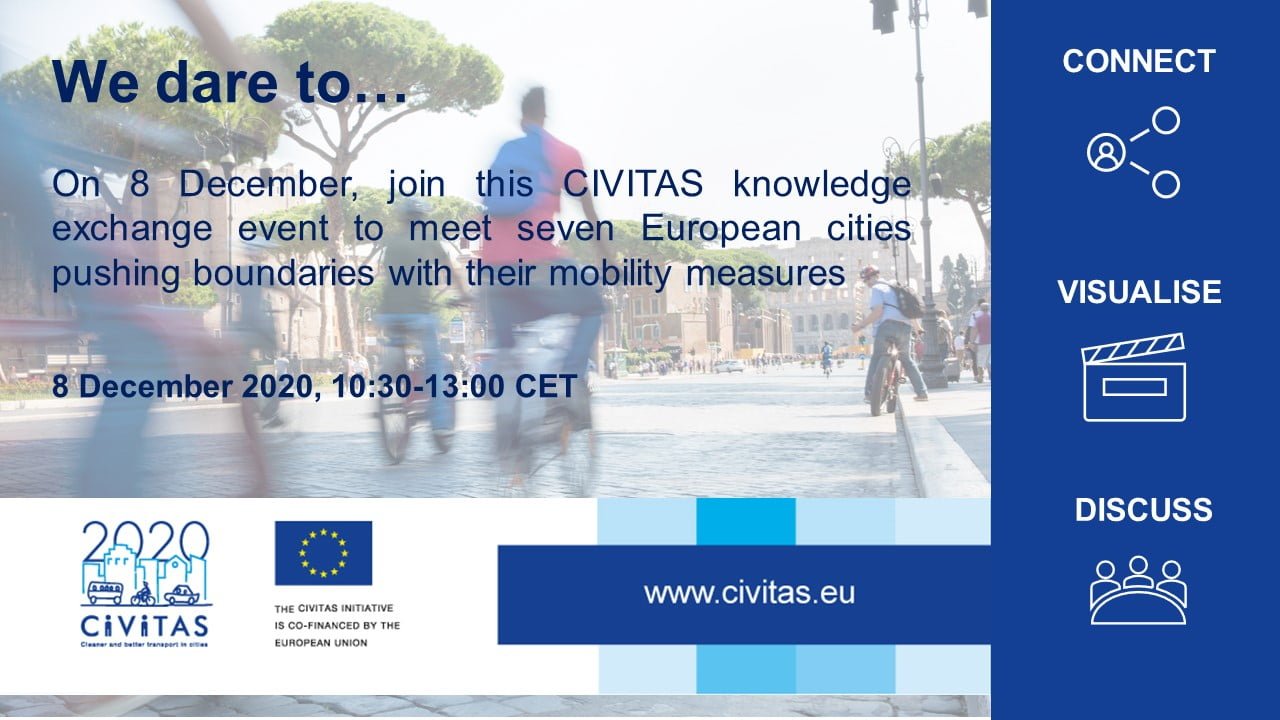
CIVITAS Initiative knowledge exchange event

Mobilising Mobility: MaaS – crossing (modal) borders
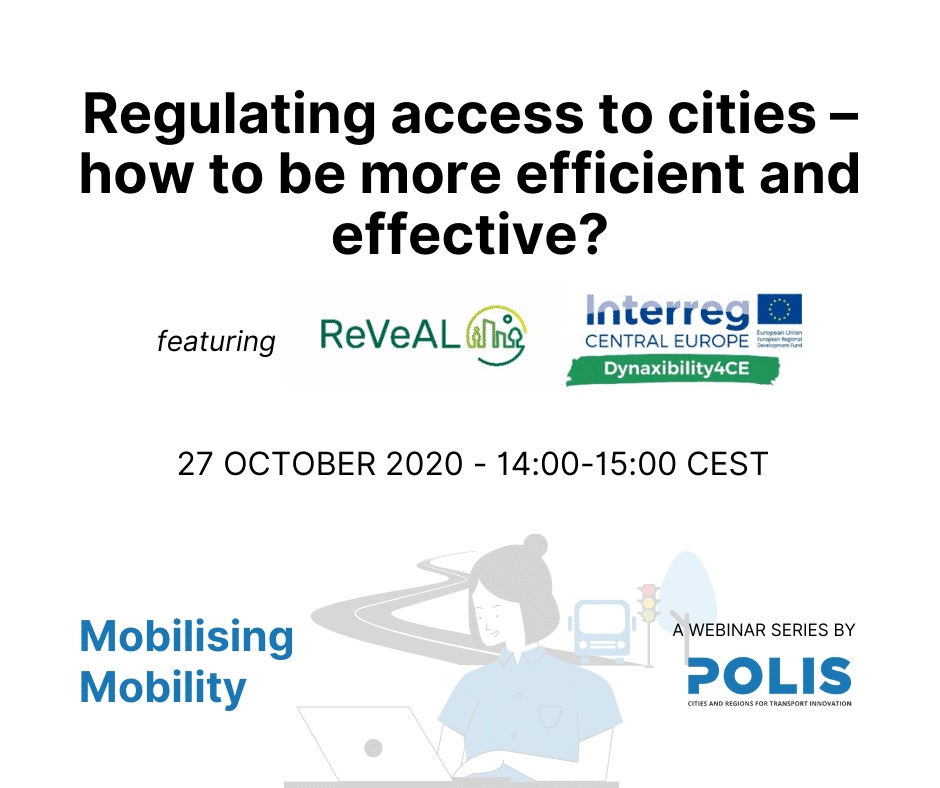
Mobilising Mobility: Regulating access to cities: how to be more efficient and effective?
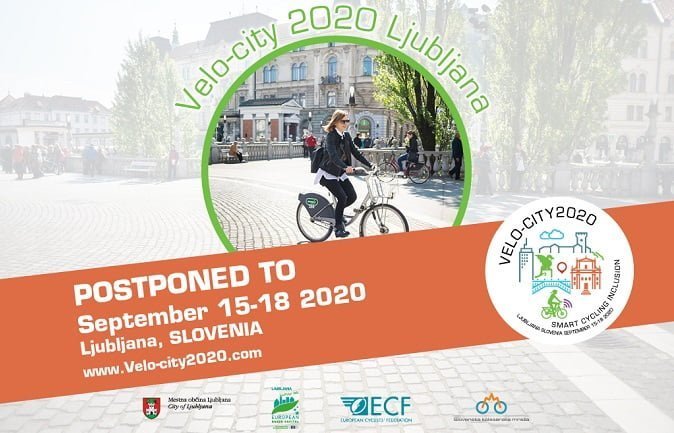
Velo-City 2020 Conference
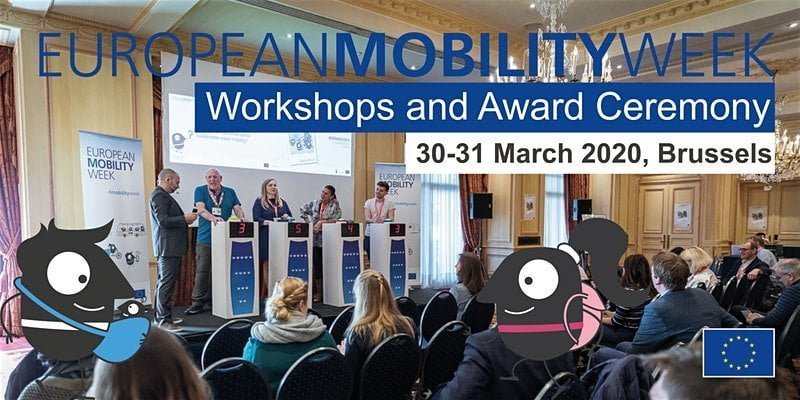
EUROPEANMOBILITYWEEK Workshops and Award Ceremony 2020
Velo-city 2019

